What To Know About Medicinal Herbal Tinctures

Some of the best medicinal herbal tinctures include echinacea, which is widely used to support immune function and reduce the duration of colds.
Goldenseal is another popular choice, known for its antimicrobial properties and often used in digestive and respiratory health. Peppermint tincture is valued for its soothing effects on the digestive system and its ability to relieve headaches and muscle pain. Turmeric tinctures are prized for their anti-inflammatory and antioxidant benefits, making them useful for joint health and overall wellness.
These tinctures are typically made by steeping herbs in alcohol or vinegar, preserving their active compounds for effective use in home remedies and natural medicine.
FREE Herb Drying Checklist
How to make sure every batch retains maximum flavor, color, and aroma without the risk of mold or over-drying. Eliminate guesswork and trial-and-error, making herb drying faster, easier, and more efficient every time.
Table of Contents
- 1. Stinging nettle (Urtica dioica)
- 2. St. john's wort (Hypericum perforatum)
- 3. Ginger (Zingiber officinale)
- 4. Chaste tree (Vitex agnus-castus)
- 5. Echinacea (Echinacea purpurea)
- 6. Thistle (Silybum marianum)
- 7. Licorice (Glycyrrhiza glabra)
- 8. Salvia (Salvia officinalis)
- 9. Yarrow (Achillea millefolium)
- 10. Blessed thistle (Cnicus benedictus)
- 11. Dog rose (Rosa canina)
- 12. Turmeric (Curcuma longa)
- 13. Thyme (Thymus vulgaris)
- 14. Peppermint (Mentha piperita)
- 15. Aloe barbadensis
- 16. Field horsetail (Equisetum arvense)
- 17. English lavender (Lavandula angustifolia)
- 18. Fennel (Foeniculum vulgare)
- 19. Chamomile (Matricaria chamomilla)
- 20. Black pepper (Piper nigrum)
- 21. Rosemary (Rosmarinus officinalis)
- 22. German chamomile (Chamomilla recutita)
- 23. Ceylon cinnamon (Cinnamomum verum)
- 24. Mountain arnica (Arnica montana)
- 25. Marigold (Calendula officinalis)
- 26. Ginkgo (Ginkgo biloba)
- 27. Cumin (Cuminum cyminum)
- 28. Common mallow (Symphytum officinale)
- 29. Eucalyptus (Eucalyptus globulus)
- 30. Valerian (Valeriana officinalis)
- 31. Common grape (Vitis vinifera)
- 32. White water lily (Nymphaea alba)
- 33. Black elderberry (Sambucus nigra)
- 34. Panax ginseng (Panax ginseng)
- 35. Black cohosh (Cimicifuga racemosa)
- 36. Camellia (Camellia sinensis)
- 37. Bloodroot (Sanguinaria canadensis)
- 38. Lemon balm (Melissa officinalis)
- 39. Oregano (Origanum vulgare)
- 40. Ceylon cinnamon (Cinnamomum zeylanicum)
- 41. Black cumin (Nigella sativa)
- 42. Ashwagandha (Withania somnifera)
- 43. Golden root (Rhodiola rosea)
- 44. Scots pine (Pinus sylvestris)
- 45. Plantain (Plantago lanceolata)
- 46. Maypop (Passiflora incarnata)
- 47. Dandelion (Taraxacum officinale)
- 48. Kava (Piper methysticum)
- 49. Wormwood (Artemisia vulgaris)
- 50. White cedar (Thuja occidentalis)
- 51. Sanguisorba (Sanguisorba officinalis)
- 52. Sutherlandia frutescens
- 53. Catnip (Nepeta cataria)
- 54. Poison ivy (Rhus toxicodendron)
- 55. Nux vomica (Strychnos nux-vomica)
- 56. Maca (Lepidium meyenii)
- 57. Heartworts (Leonurus cardiaca)
- 58. Sweet wormwood (Artemisia annua)
- 59. Parsley (Petroselinum crispum)
- 60. Marshmallow (Althaea officinalis)
- 61. Puncture vine (Tribulus terrestris)
- 62. European plum (Prunus domestica)
- 63. Anise (Pimpinella anisum)
- 64. St. john's wort (Agrimonia eupatoria)
- 65. Common hawthorn (Crataegus oxyacantha)
- 66. Caraway (Carum carvi)
- 67. Bacopa (Bacopa monnieri)
- 68. Lemon grass (Cymbopogon citratus)
- 69. Goatweed (Eclipta prostrata)
- 70. Centella (Centella asiatica)
- 71. Common plantain (Plantago major)
- 72. Euphrasia (Euphrasia officinalis)
- 73. Velvet bean (Mucuna pruriens)
- 74. Purple coneflower (Echinacea angustifolia)
- 75. Barberry (Berberis vulgaris)
- 76. Purple foxglove (Digitalis purpurea)
- 77. Tongkat ali (Eurycoma longifolia)
- 78. Sacred lotus (Nelumbo nucifera)
- 79. Melaleuca (Melaleuca alternifolia)
- 80. Wormwood (Artemisia absinthium)
- 81. Common teucrium (Teucrium marum)
- 82. Geranium (Pelargonium graveolens)
- 83. Greek oregano (Satureja hortensis)
- 84. Hemp (Cannabis sativa)
- 85. Red sage (Salvia miltiorrhiza)
- 86. Black henbane (Hyoscyamus niger)
- 87. Bell pepper (Capsicum annuum)
- 88. Love-in-a-mist (Peucedanum ostruthium)
- 89. False leaf (Phyllanthus amarus)
- 90. Rhubarb (Rheum palmatum)
- 91. Kudzu (Pueraria lobata)
- 92. Indian frankincense (Boswellia serrata)
- 93. Horse radish (Cnidium monnieri)
- 94. Tamarind (Tamarindus indica)
- 95. Blueberry (Vaccinium myrtillus)
- 96. Hops (Humulus lupulus)
- 97. Chinese date (Ziziphus jujuba)
- 98. Oat (Avena sativa)
- 99. Barrenwort (Epimedium grandiflorum)
- 100. Garlic (Allium sativum)
1. Stinging nettle (Urtica dioica)

Urtica dioica herbal tinctures are used to support digestive health by stimulating the production of digestive enzymes and improving nutrient absorption.
They are also valued for their anti-inflammatory properties, which can help alleviate symptoms of conditions like arthritis and skin irritations. These tinctures are commonly used to detoxify the body by supporting liver function and aiding in the elimination of toxins. Additionally, they are known to have a mild diuretic effect, which can help in managing fluid retention and promoting kidney health.
Due to their rich content of bioactive compounds such as flavonoids and vitamins, urtica dioica tinctures are considered a versatile natural remedy with a wide range of therapeutic benefits.
2. St. john's wort (Hypericum perforatum)

Hypericum perforatum herbal tinctures are used to support mental health and alleviate symptoms of mild to moderate depression by enhancing mood and reducing anxiety.
They are also employed to promote wound healing due to their antimicrobial and anti-inflammatory properties, which help prevent infections and accelerate tissue repair. Additionally, these tinctures are often used to ease pain and inflammation associated with conditions like arthritis, thanks to their analgesic and anti-inflammatory effects. Their ability to improve sleep quality makes them a popular choice for individuals suffering from insomnia or restless sleep.
Overall, hypericum perforatum tinctures are valued for their versatility and natural therapeutic properties, offering a holistic approach to various health concerns.
3. Ginger (Zingiber officinale)

Zingiber officinale herbal tinctures are used to support digestive health by stimulating the production of digestive enzymes and reducing bloating and gas.
They are also employed to alleviate nausea and motion sickness due to their natural antiemetic properties. These tinctures can help in managing menstrual cramps by acting as a mild analgesic and anti-inflammatory agent. Additionally, they are valued for their ability to boost circulation and reduce inflammation, making them useful in treating conditions like arthritis.
Overall, zingiber officinale tinctures are favored for their versatile therapeutic benefits and natural composition, making them a popular choice in herbal medicine.
4. Chaste tree (Vitex agnus-castus)

Vitex agnus-castus herbal tinctures are used to support hormonal balance, particularly in women experiencing menstrual irregularities, premenstrual syndrome (PMS), and menopausal symptoms.
They are believed to influence the pituitary gland, which can help regulate the production of luteinizing hormone (LH) and follicle-stimulating hormone (FSH), thereby promoting more regular menstrual cycles. These tinctures may also alleviate symptoms such as breast tenderness, mood swings, and hot flashes by modulating estrogen and progesterone levels. Their adaptogenic properties make them useful for managing stress and improving overall emotional well-being.
Due to their natural composition and potential for long-term use without significant side effects, vitex agnus-castus tinctures are a popular choice in herbal medicine for women's health.
5. Echinacea (Echinacea purpurea)

Echinacea purpurea herbal tinctures are used to support the immune system and reduce the duration of colds and respiratory infections.
They contain compounds like alkamides, caffeic acid derivatives, and polysaccharides that have antimicrobial and anti-inflammatory properties. These tinctures are often taken during the early stages of a cold to help alleviate symptoms and promote faster recovery. Their natural origin makes them a popular choice for those seeking alternative or complementary health support.
Additionally, echinacea tinctures may help stimulate the body’s natural defenses, making them a valuable remedy in traditional and modern herbal medicine.
6. Thistle (Silybum marianum)

Silybum marianum herbal tinctures are used to support liver health and detoxification by promoting the regeneration of liver cells.
They contain silymarin, a group of flavonoids known for their antioxidant and anti-inflammatory properties, which help protect the liver from damage caused by toxins, alcohol, and certain medications. These tinctures are also beneficial in managing symptoms of chronic liver diseases such as cirrhosis and hepatitis. Additionally, they may aid in reducing oxidative stress and improving overall metabolic function.
Due to their natural composition and potential therapeutic benefits, silybum marianum tinctures are increasingly sought after as a complementary treatment in holistic health approaches.
7. Licorice (Glycyrrhiza glabra)

Glycyrrhiza glabra herbal tinctures are used to support respiratory health by soothing inflammation in the throat and reducing coughing.
They are also valued for their anti-inflammatory and antiviral properties, making them beneficial in treating colds, sore throats, and bronchitis. These tinctures can aid in digestive health by promoting the production of stomach mucus, which protects the lining of the gastrointestinal tract. Additionally, glycyrrhiza glabra is known for its potential role in balancing hormone levels, which may help with stress-related conditions.
Due to their broad therapeutic effects, these tinctures are widely used in both traditional and modern herbal medicine practices.
8. Salvia (Salvia officinalis)

Salvia officinalis herbal tinctures are used to support digestive health by stimulating the secretion of digestive enzymes and reducing bloating and gas.
They are also commonly used to soothe respiratory conditions such as coughs and bronchitis due to their expectorant properties. These tinctures may help in managing stress and anxiety by promoting relaxation and improving mood through their calming effects on the nervous system. Additionally, they are valued for their antimicrobial and anti-inflammatory properties, which can aid in wound healing and skin health.
Overall, salvia officinalis tinctures are favored for their versatile therapeutic benefits and natural composition, making them a popular choice in herbal medicine.
9. Yarrow (Achillea millefolium)

Achillea millefolium herbal tinctures are used to support digestive health by promoting the secretion of digestive enzymes and reducing bloating.
They are also valued for their antimicrobial properties, which can help in treating minor skin infections and wounds. These tinctures are commonly used in herbal medicine to alleviate menstrual cramps and ease symptoms of menopause due to their anti-inflammatory effects. Additionally, they are believed to have a calming effect on the nervous system, aiding in stress relief and improving sleep quality.
The versatility and long history of use make achillea millefolium a popular choice in both traditional and modern herbal practices.
10. Blessed thistle (Cnicus benedictus)

Cnicus benedictus herbal tinctures are used to support respiratory health by helping to alleviate symptoms of coughs, colds, and bronchitis due to their expectorant and anti-inflammatory properties.
These tinctures are also valued for their ability to promote digestion by stimulating the production of digestive enzymes and reducing bloating. Additionally, they are believed to have calming effects on the nervous system, making them useful for managing stress and anxiety. The plant's high concentration of essential oils and bioactive compounds contributes to its efficacy in treating various ailments.
Because of these benefits, Cnicus benedictus tinctures are often sought after in natural medicine for their holistic approach to wellness.
11. Dog rose (Rosa canina)

Rosa canina herbal tinctures are used to support immune function and promote overall health due to their high content of bioactive compounds such as vitamin C, flavonoids, and polyphenols.
These tinctures are commonly utilized to alleviate symptoms of colds, flu, and respiratory infections by enhancing the body's natural defenses. They are also beneficial for skin health, as they can help reduce inflammation and promote wound healing due to their antioxidant properties. Additionally, rosa canina tinctures may aid in digestive health by supporting gut function and reducing inflammation in the gastrointestinal tract.
Their versatility and natural origins make them a popular choice for those seeking holistic wellness solutions.
12. Turmeric (Curcuma longa)

Curcuma longa herbal tinctures are used to support digestive health by stimulating bile production and aiding in the digestion of fats.
These tinctures are also valued for their anti-inflammatory properties, which can help alleviate symptoms of conditions such as arthritis and inflammatory bowel disease. Additionally, curcuma longa tinctures are often used to enhance mental clarity and reduce symptoms of depression and anxiety due to their potential effects on brain chemistry. The active compound curcumin, found in these tinctures, has been studied for its antioxidant properties that may protect cells from damage.
Overall, curcuma longa herbal tinctures are a versatile natural remedy with a wide range of potential health benefits.
13. Thyme (Thymus vulgaris)

Thymus vulgaris herbal tinctures are used to support respiratory health by helping to alleviate symptoms of colds, coughs, and bronchitis due to their expectorant and antiseptic properties.
These tinctures are also valued for their ability to boost the immune system, making them a popular choice during flu season or for individuals with weakened immunity. Additionally, thymus vulgaris tinctures are often used to reduce stress and anxiety, as they contain compounds that may help regulate mood and enhance mental clarity. Their antimicrobial and anti-inflammatory effects make them useful in treating minor infections and promoting overall wellness.
Because of their versatility and natural potency, thymus vulgaris tinctures are widely incorporated into herbal medicine practices for both preventative and therapeutic purposes.
14. Peppermint (Mentha piperita)

Mentha piperita herbal tinctures are used to support digestive health by stimulating the production of digestive enzymes and relieving symptoms of indigestion, bloating, and gas.
They are also commonly used to alleviate respiratory issues such as coughs, sore throats, and nasal congestion due to their decongestant and antimicrobial properties. These tinctures can help reduce stress and anxiety by promoting relaxation and improving mental clarity through their calming effects on the nervous system. Additionally, they are often used topically to soothe muscle pain, headaches, and skin irritations because of their analgesic and anti-inflammatory properties.
Overall, mentha piperita tinctures are valued for their versatility and natural therapeutic benefits, making them a popular choice in herbal medicine.
15. Aloe barbadensis
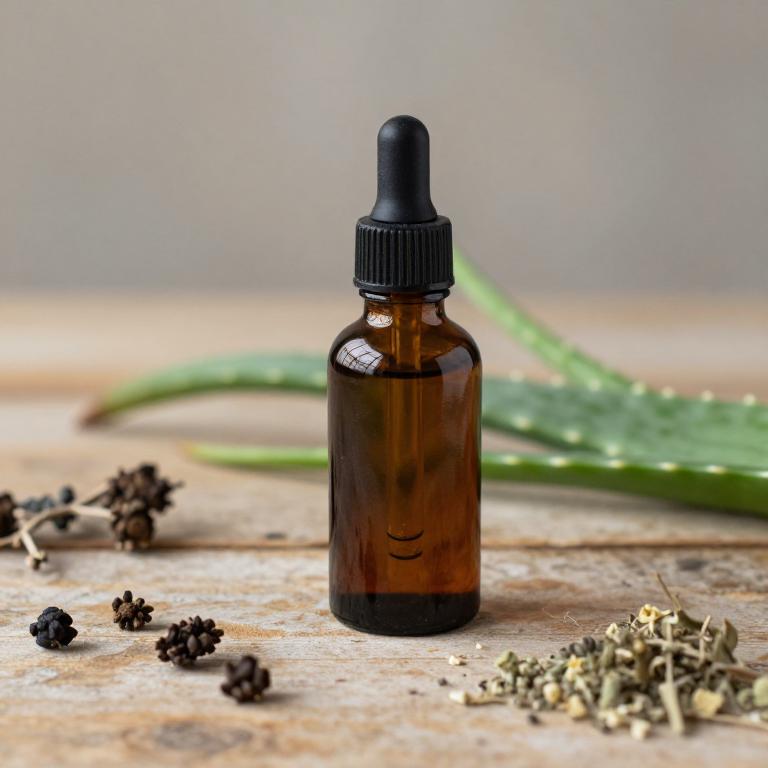
Aloe barbadensis herbal tinctures are used to promote skin health and aid in wound healing due to their anti-inflammatory and antimicrobial properties.
These tinctures can help soothe irritated skin, reduce redness, and accelerate the healing process of minor cuts and burns. They are also commonly used in skincare routines to moisturize and hydrate the skin, improving its overall texture and appearance. Additionally, aloe tinctures may support digestive health by soothing the gastrointestinal tract and alleviating symptoms of indigestion or inflammation.
Their versatility and natural composition make them a popular choice for both topical and internal use in holistic health practices.
16. Field horsetail (Equisetum arvense)
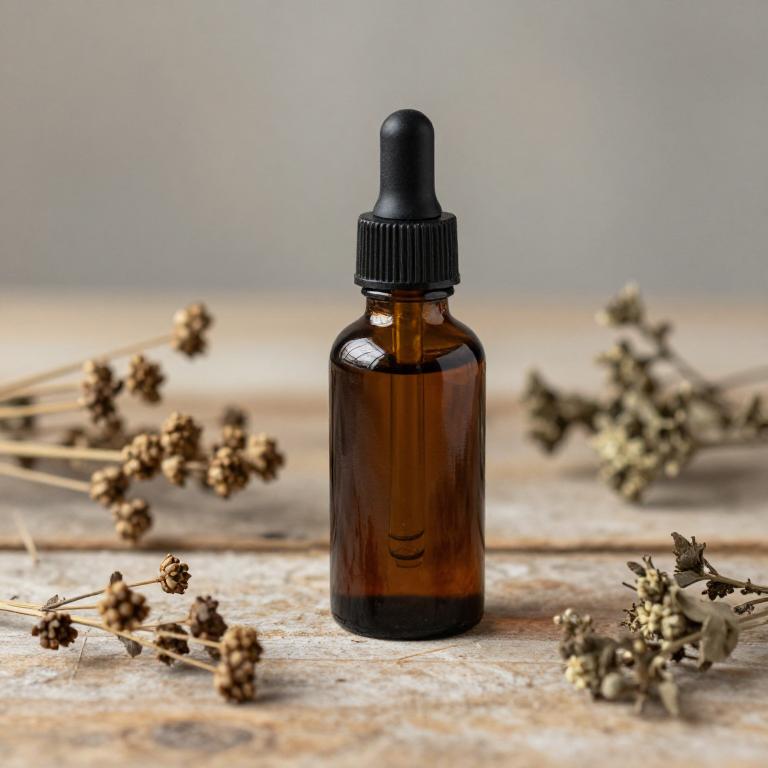
Equisetum arvense herbal tinctures are used to support digestive health by stimulating the production of digestive enzymes and promoting healthy gut function.
They are also valued for their ability to help manage symptoms of arthritis and gout due to their diuretic and anti-inflammatory properties. These tinctures may assist in detoxification processes by supporting liver function and aiding in the removal of toxins from the body. Additionally, they are sometimes used to alleviate respiratory issues such as bronchitis and coughs, thanks to their expectorant effects.
Overall, equisetum arvense tinctures are valued for their broad range of therapeutic benefits, making them a popular choice in herbal medicine for various health concerns.
17. English lavender (Lavandula angustifolia)
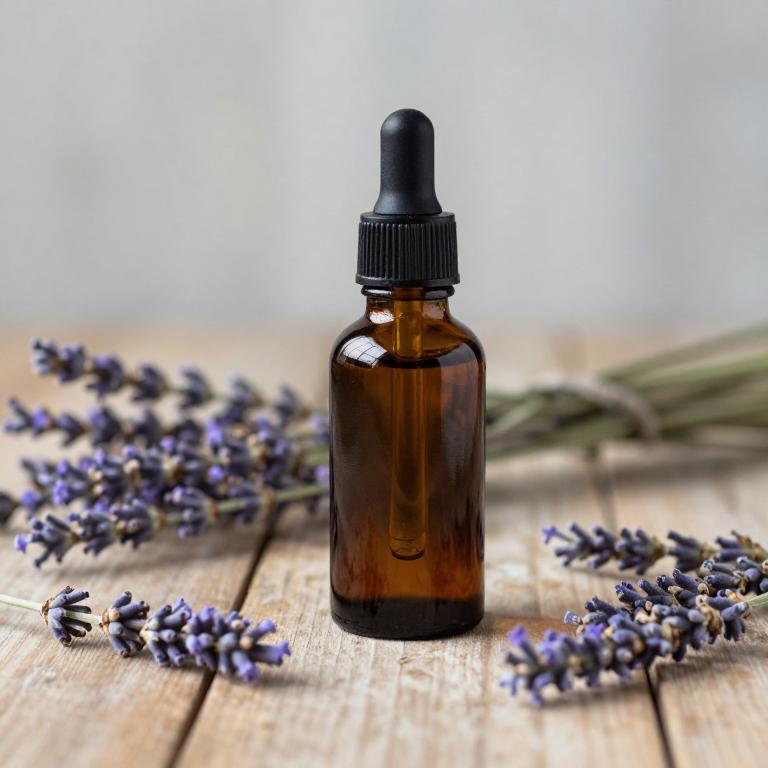
Lavandula angustifolia herbal tinctures are used to promote relaxation and alleviate symptoms of anxiety and stress due to their calming properties.
These tinctures are also commonly used to support skin health by reducing inflammation and soothing minor irritations, making them effective for conditions like eczema or minor burns. Additionally, they can aid in improving sleep quality by acting as a natural sedative when used in aromatherapy or ingested in appropriate dosages. The essential oils in lavender tinctures have antimicrobial properties, which can help in treating fungal infections and promoting overall hygiene.
Because of their versatility and gentle nature, lavender tinctures are a popular choice in both traditional and modern holistic medicine practices.
18. Fennel (Foeniculum vulgare)

Foeniculum vulgare herbal tinctures are used to support digestive health by stimulating the production of digestive enzymes and reducing bloating and gas.
They are also commonly used to relieve symptoms of indigestion, such as nausea and heartburn, due to their mild carminative properties. These tinctures may help in alleviating respiratory issues like coughs and bronchitis by acting as a mild expectorant. Additionally, they are valued for their calming effects, which can aid in reducing stress and promoting relaxation.
The versatility of foeniculum vulgare makes it a popular choice in both traditional and modern herbal medicine for its wide range of therapeutic benefits.
19. Chamomile (Matricaria chamomilla)
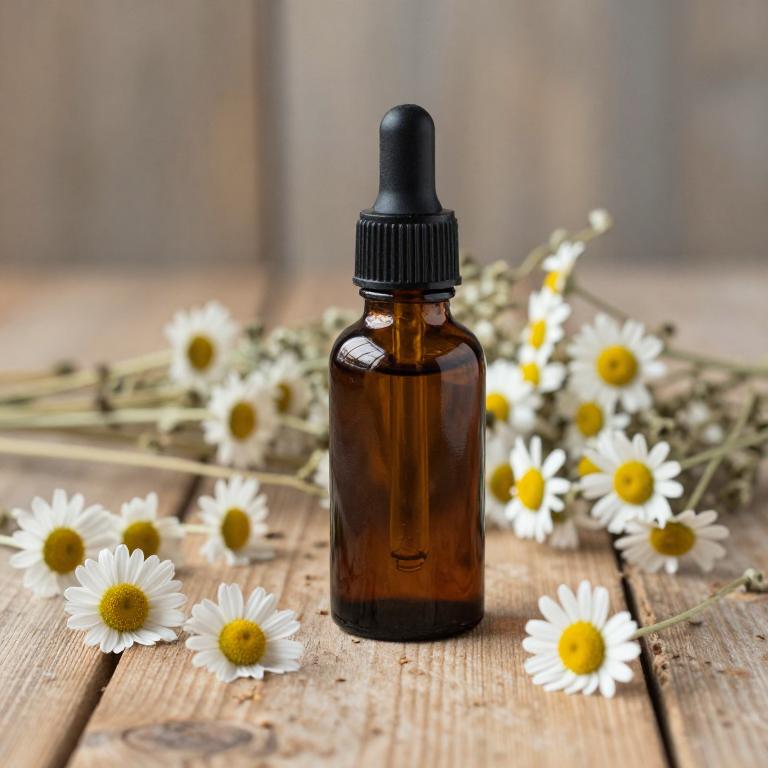
Matricaria chamomilla herbal tinctures are used to promote relaxation and reduce anxiety due to their calming properties.
These tinctures are often incorporated into aromatherapy and can be used to alleviate symptoms of stress and insomnia. They are also beneficial for digestive health, helping to soothe stomach cramps and inflammation. The anti-inflammatory and antispasmodic effects of chamomilla make it useful in treating minor skin irritations and wounds.
Overall, matricaria chamomilla tinctures are valued for their versatility in supporting both mental and physical well-being.
20. Black pepper (Piper nigrum)
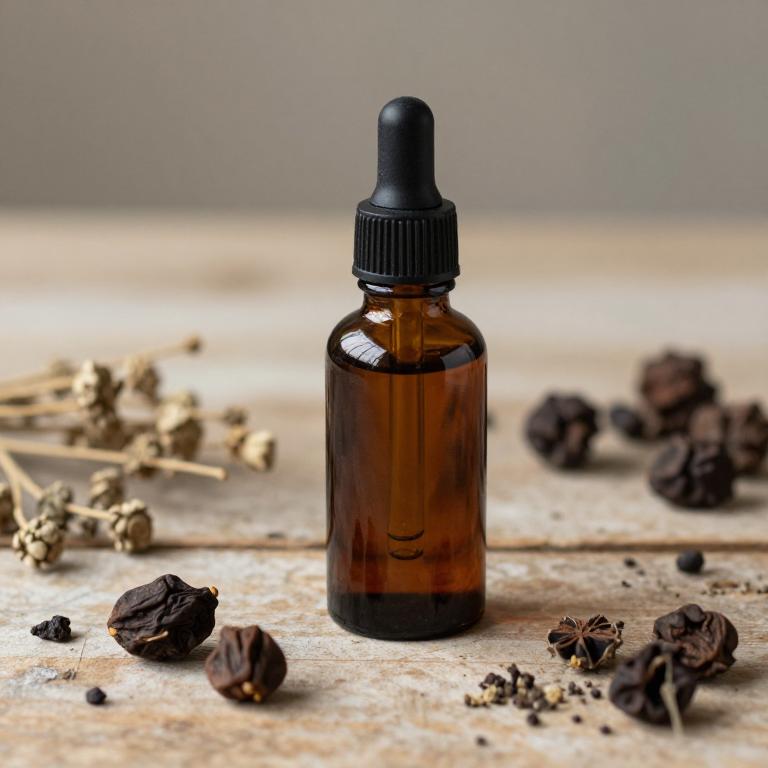
Piper nigrum herbal tinctures are used to support digestive health by stimulating the production of digestive enzymes and enhancing gut motility.
They are also commonly employed to alleviate symptoms of nausea and motion sickness due to their calming effects on the gastrointestinal system. Additionally, these tinctures may help reduce inflammation and support immune function, making them beneficial for individuals with chronic inflammatory conditions. The active compounds in black pepper, such as piperine, contribute to their effectiveness in promoting overall wellness.
Because of their potent bioactive properties, piper nigrum tinctures are a popular choice in both traditional and modern herbal medicine practices.
21. Rosemary (Rosmarinus officinalis)

Rosmarinus officinalis herbal tinctures are used to support mental clarity and enhance cognitive function due to their high concentration of antioxidants and anti-inflammatory compounds.
These tinctures are often incorporated into herbal remedies to alleviate symptoms of stress and anxiety by promoting relaxation and emotional balance. Their essential oils, particularly cineole and camphor, contribute to their effectiveness in respiratory health by helping to clear congestion and ease breathing. Additionally, rosmarinus officinalis tinctures are valued for their ability to improve circulation and reduce muscle pain, making them a popular choice in natural medicine for various ailments.
The versatility and potent therapeutic properties of these tinctures make them a valuable component in holistic health practices.
22. German chamomile (Chamomilla recutita)
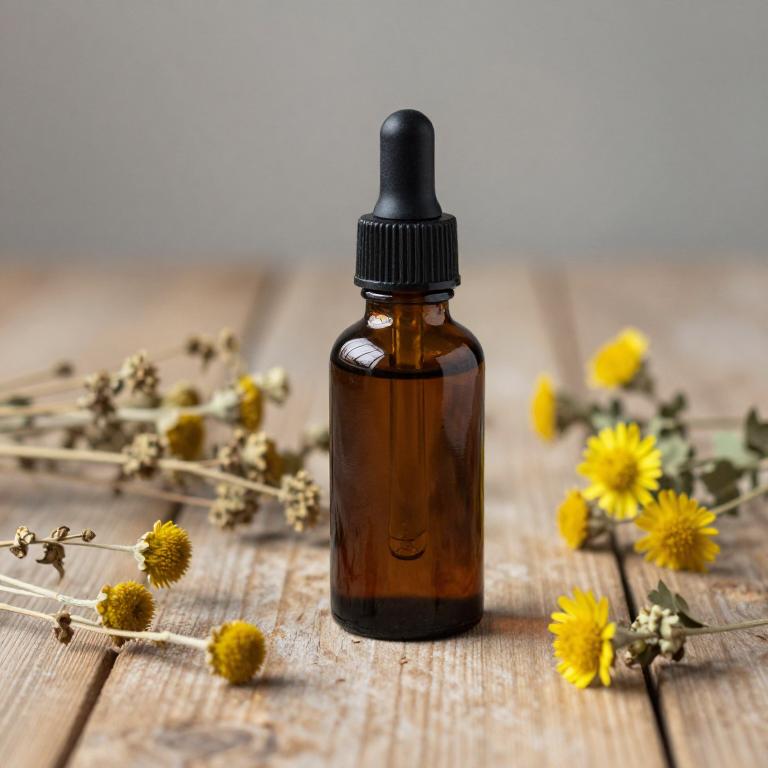
Chamomilla recutita herbal tinctures are used to promote relaxation and ease digestive discomfort due to their calming and anti-inflammatory properties.
They are commonly employed in herbal medicine to alleviate symptoms of anxiety, insomnia, and stress-related conditions by interacting with the body's nervous system. These tinctures can also support gastrointestinal health by reducing inflammation and soothing the lining of the stomach and intestines. Their mild sedative effects make them a popular choice for natural remedies in both acute and chronic health management.
Overall, chamomilla recutita tinctures are valued for their versatility and gentle yet effective action in supporting overall wellness.
23. Ceylon cinnamon (Cinnamomum verum)
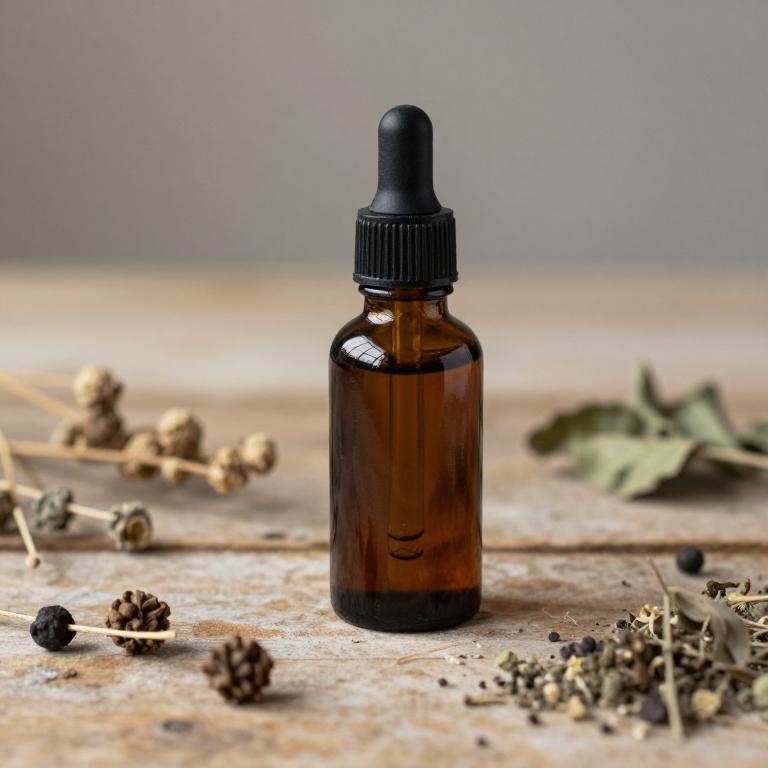
Cinnamomum verum herbal tinctures are used to support digestive health by stimulating the production of digestive enzymes and reducing bloating.
They are also valued for their warming properties, which can help alleviate symptoms of colds, flu, and respiratory congestion. These tinctures are commonly used in traditional medicine to improve circulation and ease muscle pain due to their anti-inflammatory effects. Additionally, they may aid in managing blood sugar levels, making them beneficial for individuals with diabetes.
Overall, cinnamomum verum tinctures are prized for their versatility and potential therapeutic benefits across various health conditions.
24. Mountain arnica (Arnica montana)
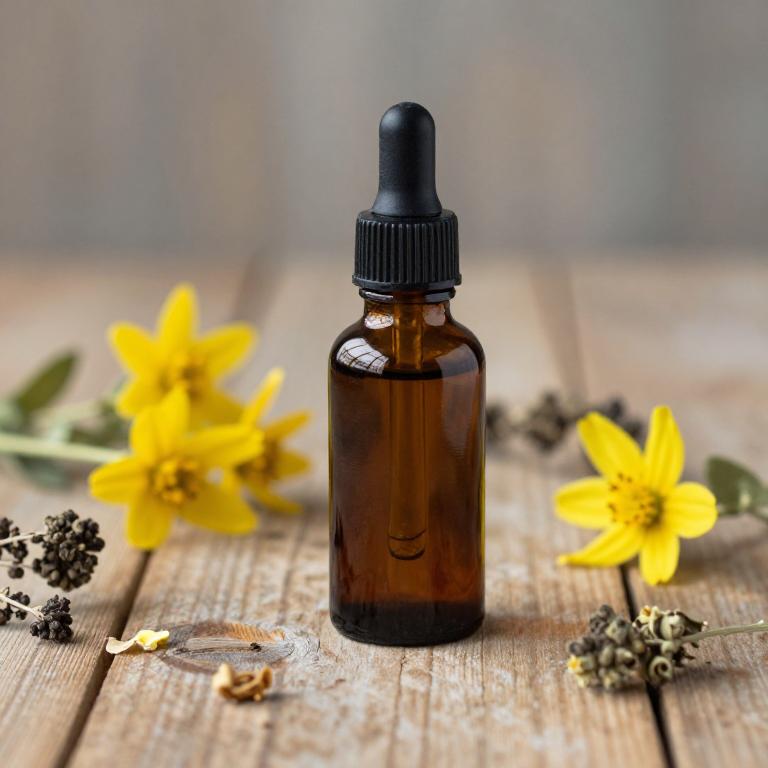
Arnica montana herbal tinctures are used to alleviate pain and inflammation associated with bruises, sprains, and muscle injuries due to their potent anti-inflammatory and analgesic properties.
They are commonly applied topically to the skin to reduce swelling and promote healing by increasing blood circulation to the affected areas. These tinctures are also utilized in alternative medicine to support the treatment of arthritis and other inflammatory conditions. Their effectiveness is attributed to the presence of sesquiterpene lactones, which have been shown to reduce tissue damage and accelerate recovery.
However, they should not be ingested and are best used externally under the guidance of a healthcare professional.
25. Marigold (Calendula officinalis)

Calendula officinalis herbal tinctures are used to promote skin healing and reduce inflammation due to their antiseptic and anti-inflammatory properties.
These tinctures are commonly applied topically to treat minor cuts, burns, and eczema by soothing irritation and encouraging tissue repair. They are also used in aromatherapy to alleviate stress and promote relaxation, as the calming scent of calendula can have a soothing effect on the mind. Additionally, calendula tinctures may support digestive health when taken internally, though this should be done under professional guidance.
Their versatility and natural potency make them a valuable remedy in both traditional and modern herbal practices.
26. Ginkgo (Ginkgo biloba)
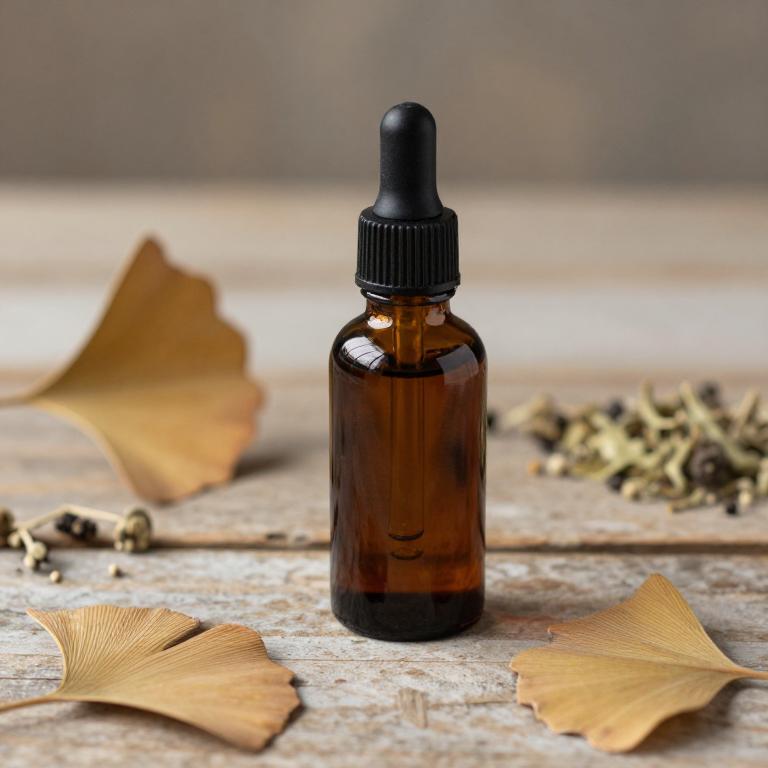
Ginkgo biloba herbal tinctures are used to enhance cognitive function and improve memory by increasing blood flow to the brain.
They are also commonly used to support circulation, particularly in the extremities, due to their ability to dilate blood vessels and reduce inflammation. These tinctures may help alleviate symptoms of dementia and Alzheimer's disease by promoting neural health and protecting against oxidative stress. Additionally, they are used to treat conditions like tinnitus and vertigo, as they can improve inner ear function and reduce oxidative damage.
Overall, ginkgo biloba tinctures are valued for their potential to support mental clarity, circulatory health, and neurological well-being.
27. Cumin (Cuminum cyminum)
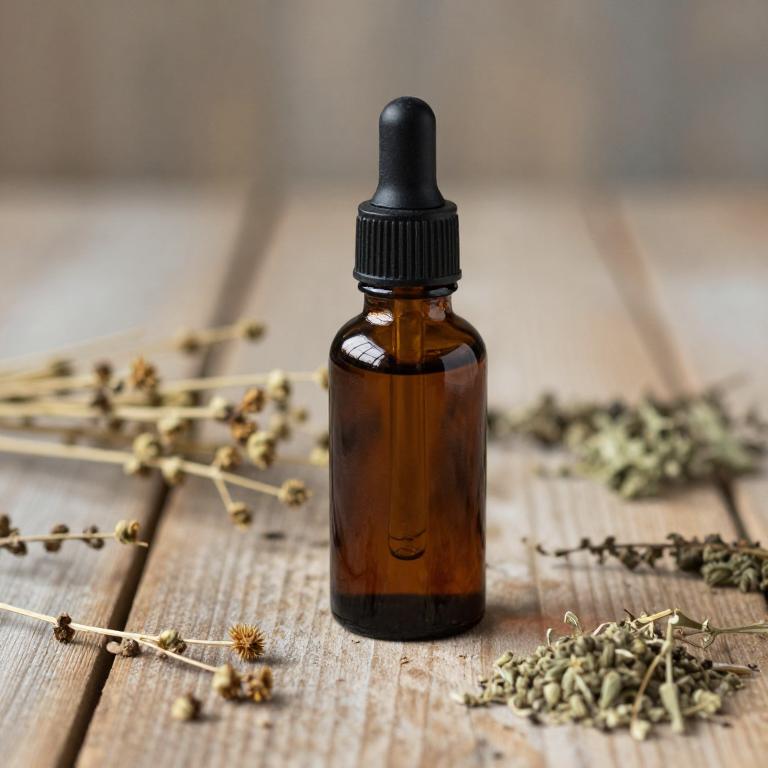
Cuminum cyminum herbal tinctures are used to support digestive health by stimulating the production of digestive enzymes and reducing bloating and gas.
They are also valued for their ability to alleviate respiratory issues such as coughs and congestion due to their expectorant properties. These tinctures may help in managing stress and anxiety by promoting relaxation and improving mood through their calming effects on the nervous system. Additionally, they are often used topically to relieve muscle pain and inflammation due to their anti-inflammatory and analgesic properties.
The versatility of cuminum cyminum tinctures makes them a valuable natural remedy for a range of health concerns.
28. Common mallow (Symphytum officinale)
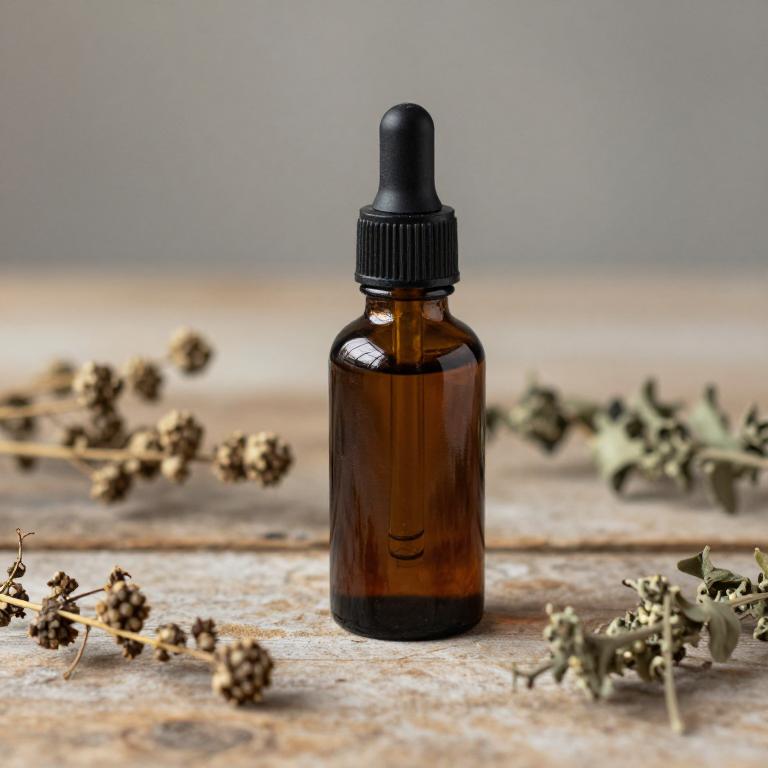
Symphytum officinale herbal tinctures are used to support bone and joint health due to their rich content of allantoin and other bioactive compounds.
These tinctures are often employed to reduce inflammation and promote the healing of fractures, sprains, and other musculoskeletal injuries. Their ability to stimulate tissue regeneration makes them valuable in traditional medicine for treating wounds and skin conditions. Additionally, symphytum officinale is believed to have mild analgesic properties, helping to alleviate pain associated with arthritis and other inflammatory disorders.
Because of these therapeutic benefits, they are increasingly sought after as natural alternatives in complementary and holistic healthcare approaches.
29. Eucalyptus (Eucalyptus globulus)
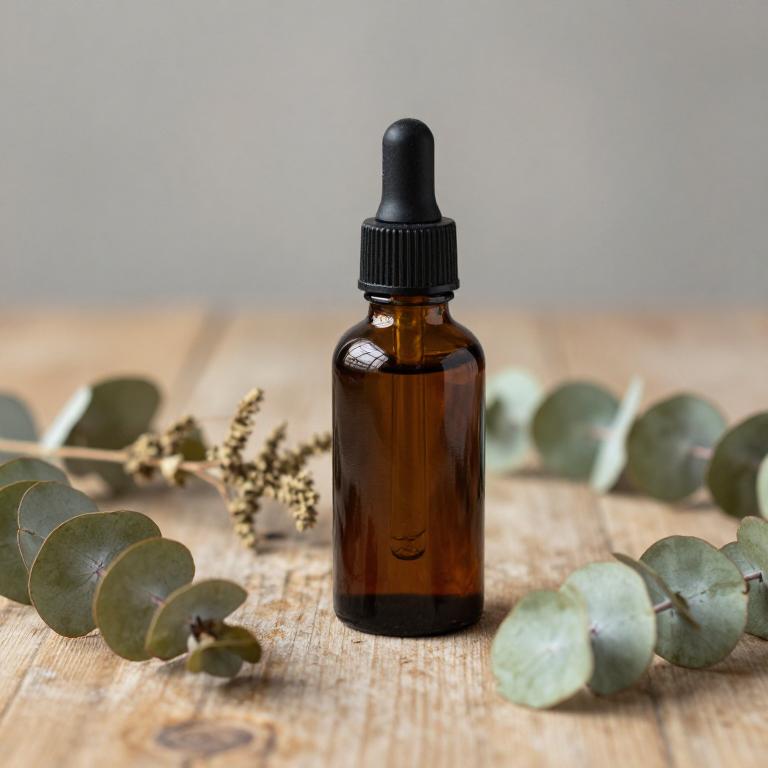
Eucalyptus globulus herbal tinctures are used to support respiratory health by helping to relieve symptoms of colds, coughs, and bronchitis due to their expectorant and decongestant properties.
These tinctures can also aid in reducing inflammation and soothing sore throats, making them a popular choice for natural remedies. Additionally, they are often used topically to alleviate muscle pain and joint stiffness because of their analgesic and anti-inflammatory effects. The essential oils in eucalyptus globulus are known for their antimicrobial properties, which can help in preventing infections and promoting overall wellness.
Because of these multiple benefits, eucalyptus globulus tinctures are valued as a versatile and effective herbal remedy in both traditional and modern holistic medicine.
30. Valerian (Valeriana officinalis)
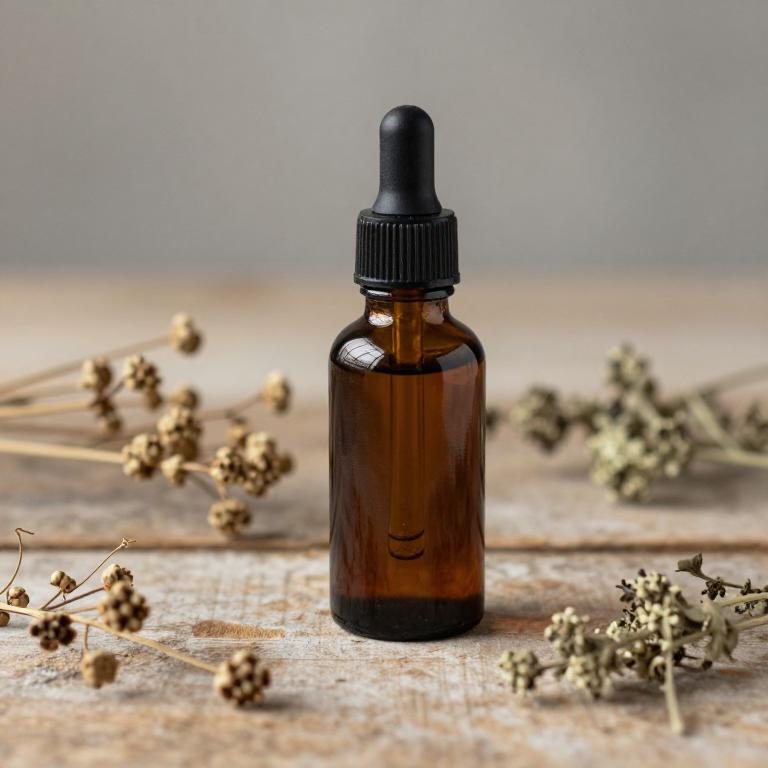
Valeriana officinalis herbal tinctures are used to promote relaxation and improve sleep quality by calming the nervous system.
These tinctures are often recommended for individuals suffering from anxiety, insomnia, or restlessness due to their sedative properties. The active compounds in valerian root, such as valerenic acid, help reduce the activity of certain brain chemicals that contribute to stress and agitation. Because they are generally considered safe and have minimal side effects, valerian tinctures are a popular natural alternative to pharmaceutical sedatives.
Their long history of use in traditional medicine further supports their effectiveness in supporting emotional and mental well-being.
31. Common grape (Vitis vinifera)
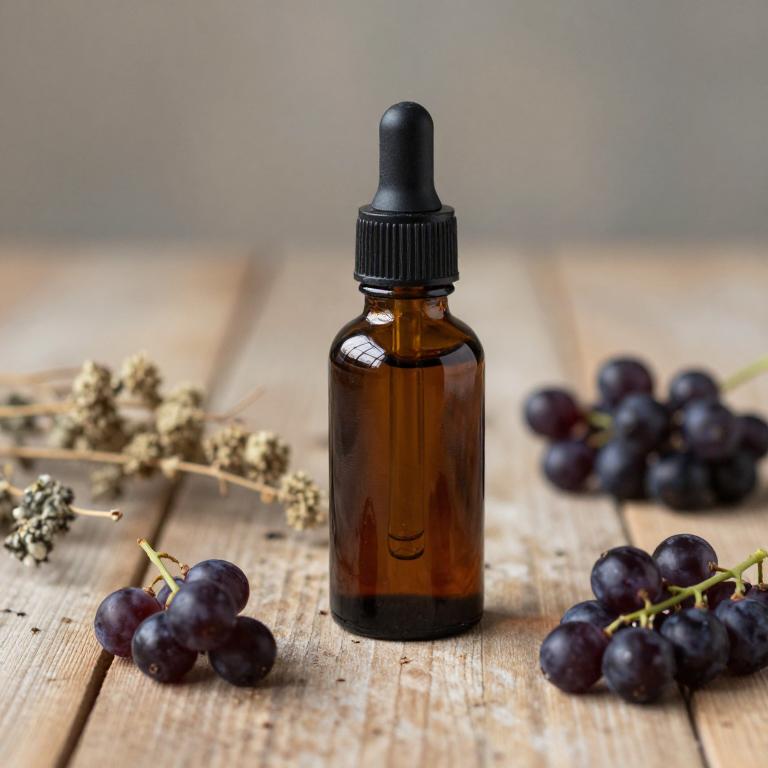
Vitis vinifera herbal tinctures are used to support overall health and wellness through their rich content of antioxidants and polyphenols.
These tinctures are commonly utilized to promote cardiovascular health by improving blood flow and reducing oxidative stress. They are also beneficial for enhancing cognitive function and reducing inflammation in the body. Additionally, vitis vinifera tinctures are often used to support liver function and detoxification processes.
Their versatility and natural composition make them a popular choice for those seeking natural remedies for a variety of health concerns.
32. White water lily (Nymphaea alba)
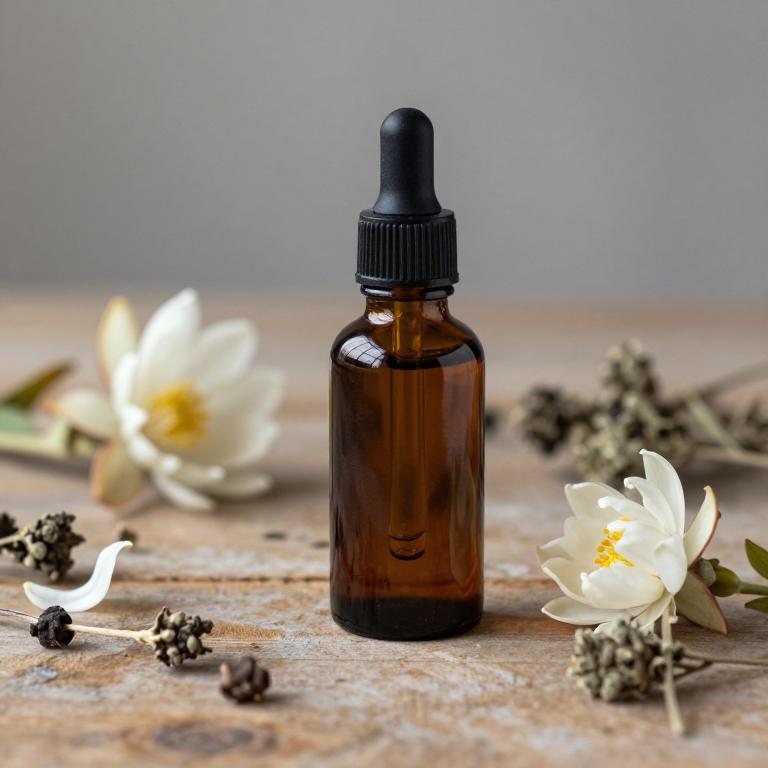
Nymphaea alba herbal tinctures are used to support digestive health and alleviate symptoms of gastrointestinal discomfort.
These tinctures are valued for their calming effects on the stomach, helping to reduce bloating, gas, and indigestion. The plant, commonly known as white water lily, contains bioactive compounds that may promote healthy gut function and reduce inflammation. Due to its natural properties, it is often used as a complementary therapy in holistic medicine.
Its mild and soothing nature makes it suitable for long-term use under the guidance of a healthcare professional.
33. Black elderberry (Sambucus nigra)
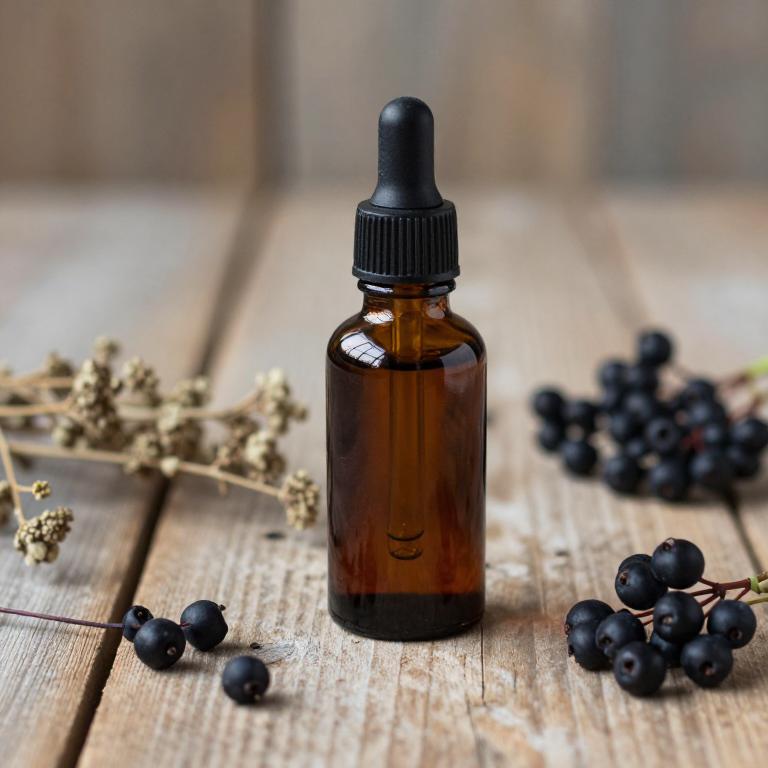
Sambucus nigra herbal tinctures are used to support immune function and alleviate symptoms of colds and flu due to their antiviral and anti-inflammatory properties.
These tinctures are also valued for their ability to reduce fever and soothe sore throats, making them a popular remedy during respiratory infections. Additionally, they are often used to promote circulation and support cardiovascular health by acting as a mild diuretic and vasodilator. The presence of flavonoids and other bioactive compounds in sambucus nigra contributes to its antioxidant effects, which help protect cells from oxidative stress.
Because of these benefits, sambucus nigra tinctures are frequently included in holistic health practices for their natural and supportive role in wellness.
34. Panax ginseng (Panax ginseng)
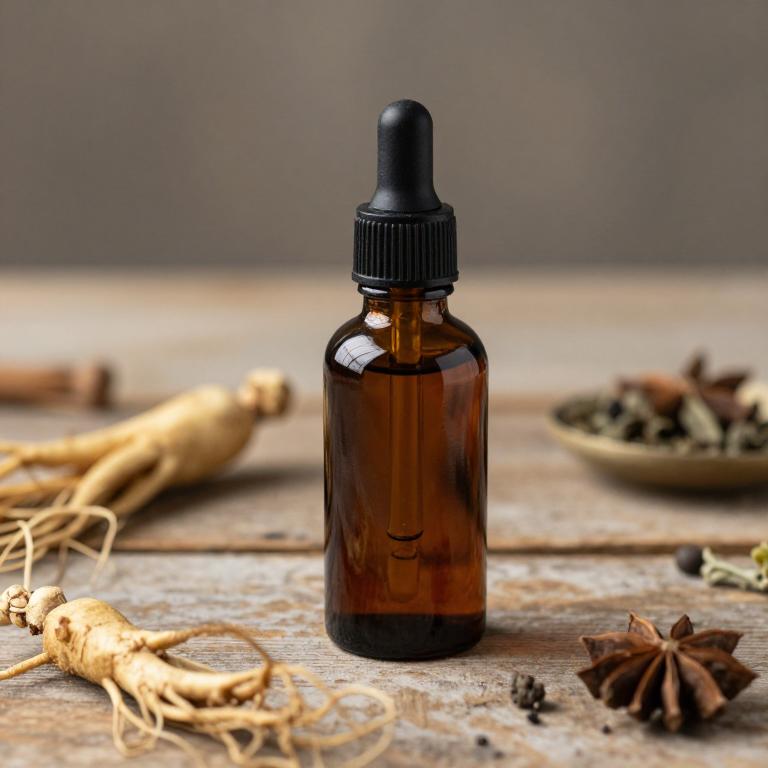
Panax ginseng herbal tinctures are used to enhance energy levels and improve mental focus by stimulating the central nervous system and promoting the release of neurotransmitters such as dopamine and norepinephrine.
They are also utilized to support immune function by increasing the production of white blood cells and enhancing the body's ability to fight off infections. These tinctures are commonly taken to reduce stress and anxiety, as they contain adaptogenic compounds that help the body manage stress more effectively. Additionally, they may aid in improving physical performance and endurance by increasing oxygen utilization and delaying fatigue during exercise.
Due to their broad range of benefits, panax ginseng tinctures are widely regarded as a valuable natural supplement for overall wellness and vitality.
35. Black cohosh (Cimicifuga racemosa)
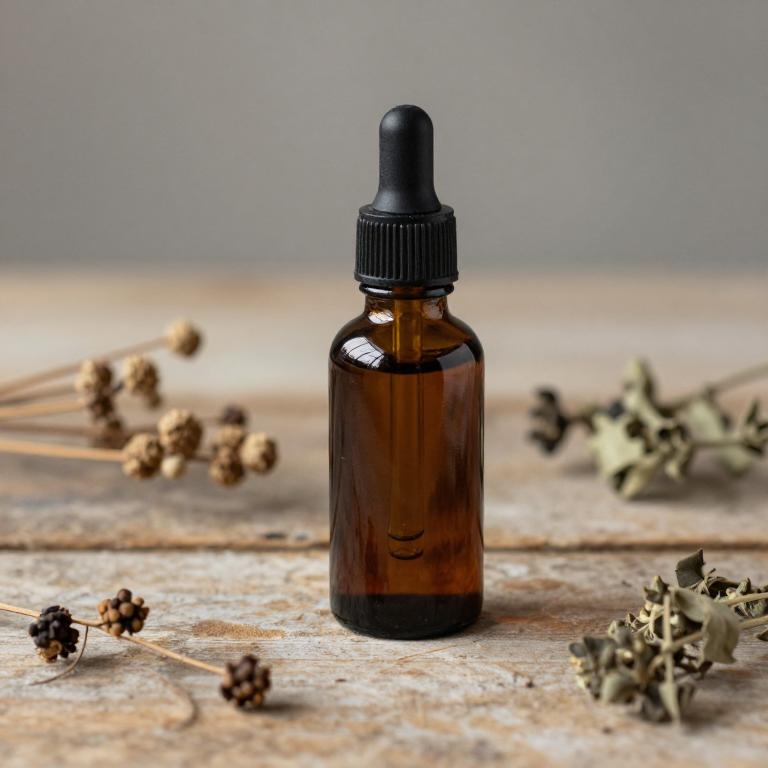
Cimicifuga racemosa herbal tinctures are used to support hormonal balance and alleviate symptoms associated with menopause, such as hot flashes and mood swings.
They are particularly beneficial for women experiencing hormonal fluctuations due to age or other physiological changes. The tinctures are valued for their potential to enhance energy levels and reduce feelings of fatigue. Their traditional use in herbal medicine dates back centuries, with a growing body of research supporting their efficacy.
Overall, cimicifuga racemosa tinctures are a popular natural remedy for addressing hormonal and emotional imbalances in women.
36. Camellia (Camellia sinensis)
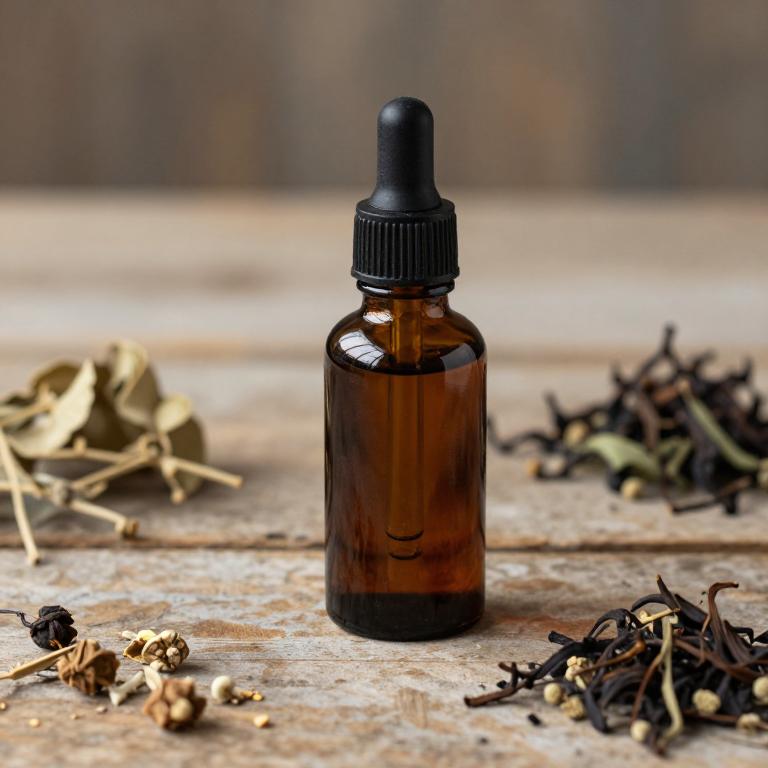
Camellia sinensis herbal tinctures are used to support digestive health by stimulating the production of digestive enzymes and promoting healthy gut function.
These tinctures are also valued for their calming effects, as they contain compounds that can help reduce stress and anxiety by influencing the central nervous system. Additionally, they are often used to enhance mental alertness and focus, thanks to their caffeine and L-theanine content, which can improve cognitive performance. The anti-inflammatory and antioxidant properties of camellia sinensis tinctures make them beneficial for overall wellness and immune support.
Due to these diverse benefits, they are widely incorporated into herbal remedies and natural health practices for their holistic healing potential.
37. Bloodroot (Sanguinaria canadensis)
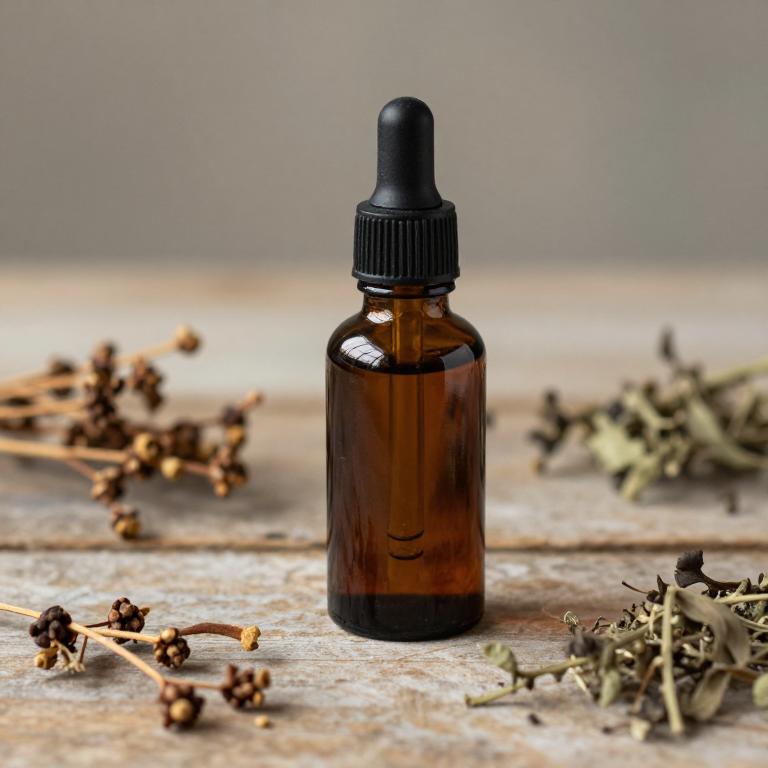
Sanguinaria canadensis herbal tinctures are used to support digestive health by stimulating the production of digestive enzymes and promoting the movement of food through the gastrointestinal tract.
They are also valued for their ability to alleviate symptoms of respiratory conditions such as coughs and sore throats due to their expectorant properties. Additionally, these tinctures are often used topically to treat skin infections and wounds because of their antimicrobial and anti-inflammatory effects. The plant's active compounds, including berberine and hydrastine, contribute to its wide range of therapeutic applications.
Due to these benefits, sanguinaria canadensis tinctures are a popular choice in herbal medicine for their natural and holistic approach to health.
38. Lemon balm (Melissa officinalis)
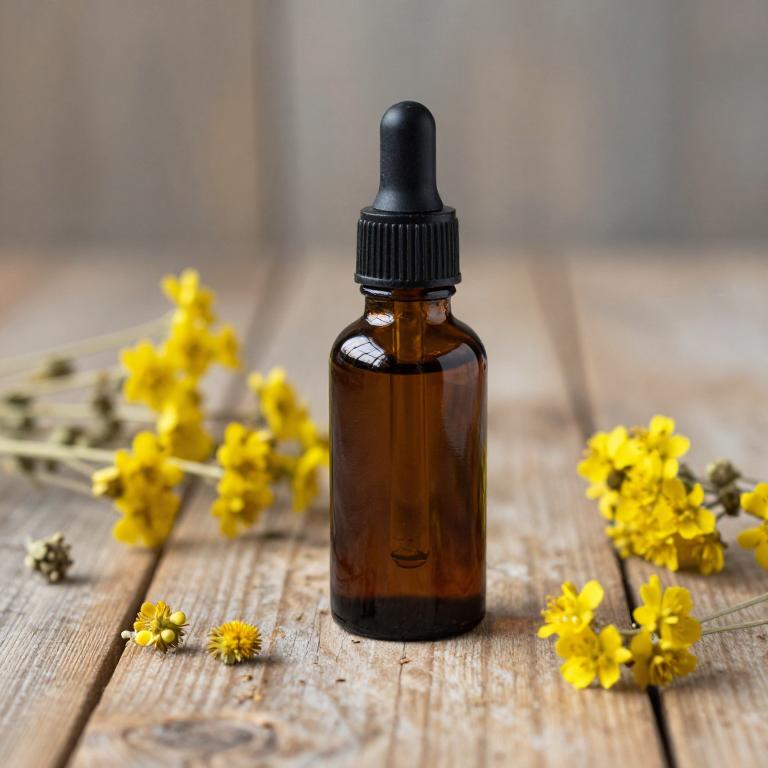
Melissa officinalis herbal tinctures are used to support mental clarity and reduce stress by promoting a calming effect on the nervous system.
They are often utilized in herbal medicine to alleviate symptoms of anxiety and mild depression due to their high content of volatile oils and antioxidants. These tinctures can also aid in improving digestion by stimulating the production of digestive enzymes and reducing bloating. Additionally, they are valued for their potential antimicrobial properties, which may help in treating mild infections or supporting immune health.
Overall, melissa officinalis tinctures are favored for their versatility and gentle yet effective approach to wellness.
39. Oregano (Origanum vulgare)
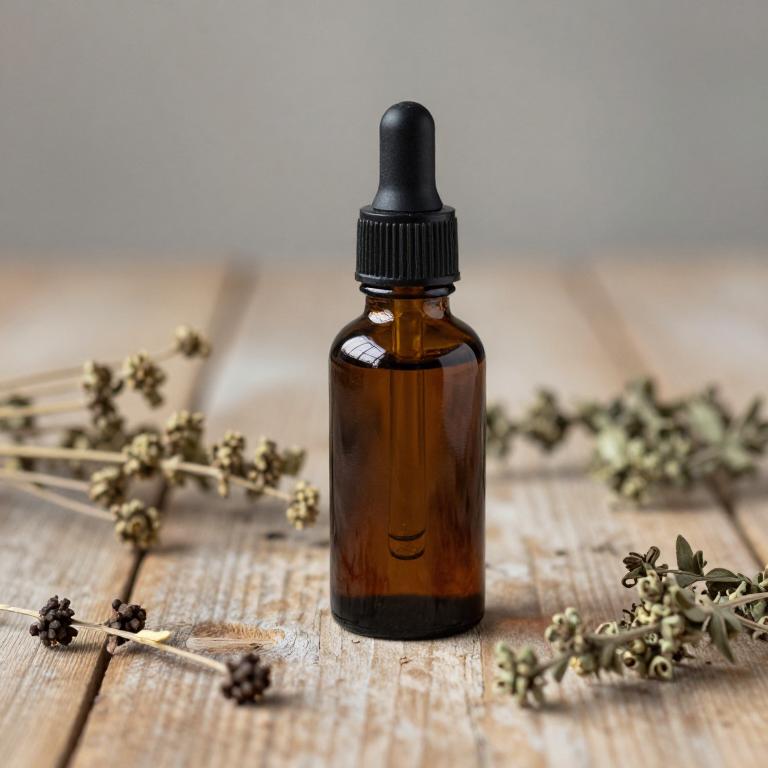
Origanum vulgare herbal tinctures are used to support digestive health by stimulating the production of digestive enzymes and reducing bloating and gas.
They are also commonly used to alleviate symptoms of respiratory conditions such as coughs and bronchitis due to their expectorant properties. These tinctures can help in reducing inflammation and soothing sore throats, making them a popular remedy for minor respiratory ailments. Additionally, they are valued for their antimicrobial properties, which can aid in fighting off infections and supporting immune function.
Overall, origanum vulgare tinctures are valued for their versatility and natural therapeutic benefits, making them a staple in herbal medicine.
40. Ceylon cinnamon (Cinnamomum zeylanicum)
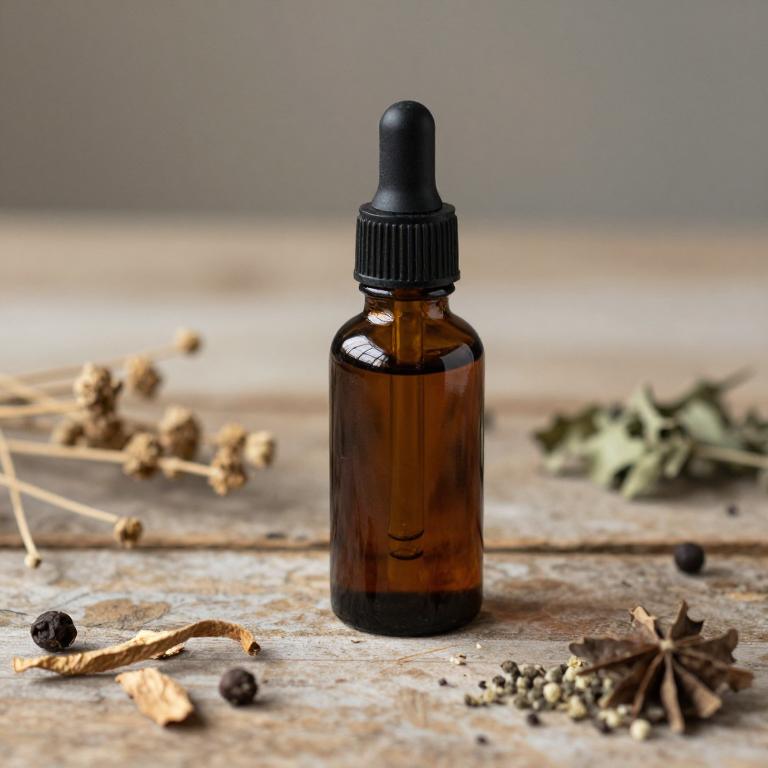
Cinnamomum zeylanicum herbal tinctures are used to support digestive health by stimulating the production of digestive enzymes and alleviating symptoms of indigestion.
These tinctures are also valued for their ability to reduce inflammation and ease symptoms of conditions like arthritis and respiratory infections due to their antioxidant and antimicrobial properties. Additionally, they are commonly used in aromatherapy to promote relaxation and improve mood by reducing stress and anxiety. The active compounds in cinnamon tinctures, such as cinnamaldehyde and eugenol, contribute to their effectiveness in fighting bacterial and fungal infections.
Overall, the versatility and therapeutic benefits of cinnamomum zeylanicum tinctures make them a valuable natural remedy in both traditional and modern holistic medicine.
41. Black cumin (Nigella sativa)
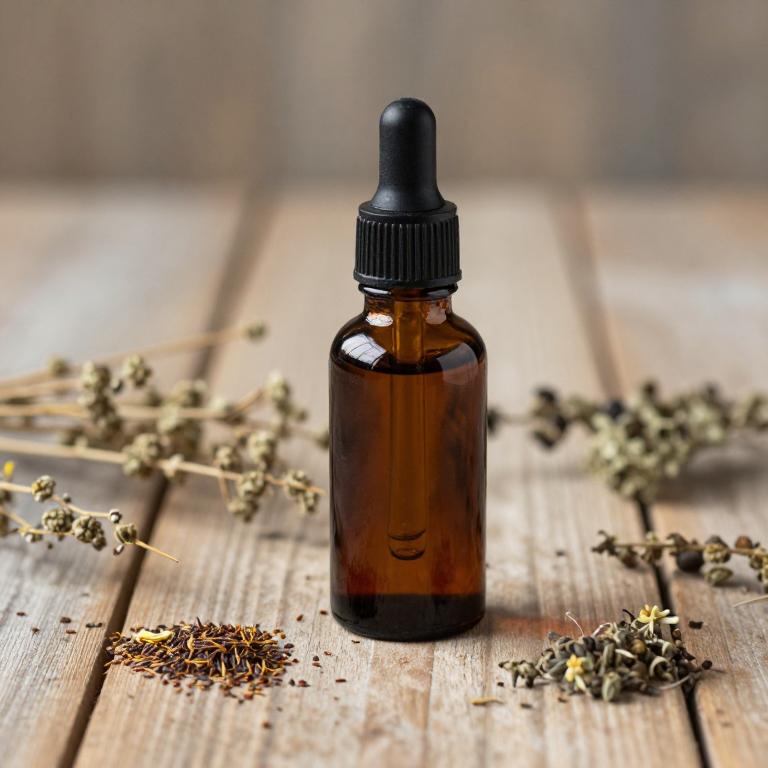
Nigella sativa herbal tinctures are used to support digestive health and reduce inflammation in the body.
They are commonly employed to alleviate symptoms of gastrointestinal disorders such as indigestion, bloating, and irritable bowel syndrome due to their carminative and antispasmodic properties. Additionally, these tinctures are valued for their potential immune-boosting effects, as they contain compounds like thymoquinone that may enhance the body's defense mechanisms. The anti-inflammatory and antioxidant properties of nigella sativa also make it beneficial for skin health and respiratory conditions.
Overall, their versatility and natural therapeutic properties make nigella sativa tinctures a popular choice in traditional and complementary medicine.
42. Ashwagandha (Withania somnifera)
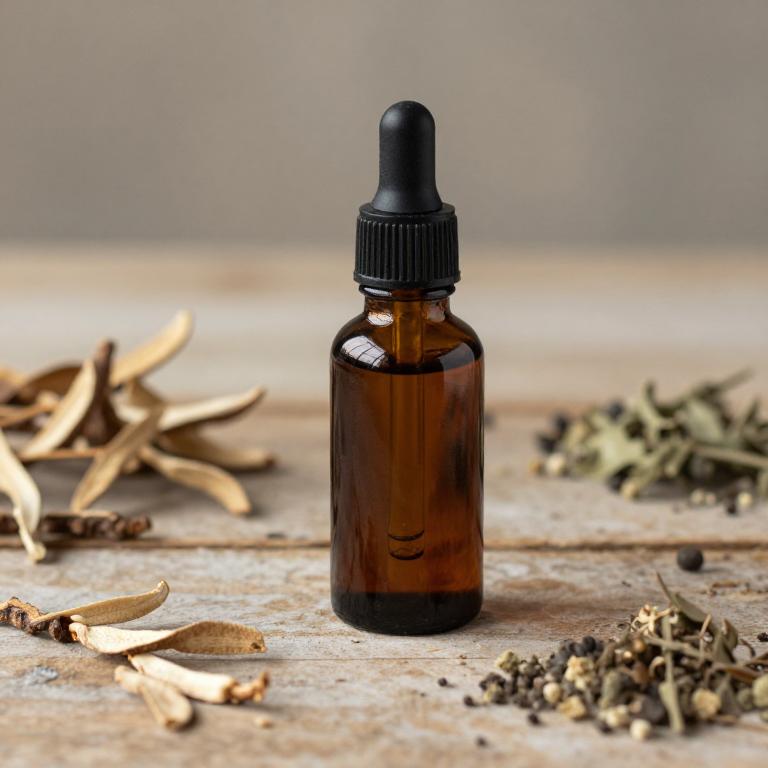
Withania somnifera herbal tinctures are used to support overall wellness and enhance physical and mental resilience.
These tinctures are valued for their adaptogenic properties, which help the body manage stress and maintain balance. They are commonly used to promote relaxation, reduce anxiety, and improve sleep quality. The active compounds in Ashwagandha, such as withanolides, contribute to its calming and restorative effects.
Due to their natural composition and broad-spectrum benefits, these tinctures are increasingly sought after for their role in holistic health practices.
43. Golden root (Rhodiola rosea)
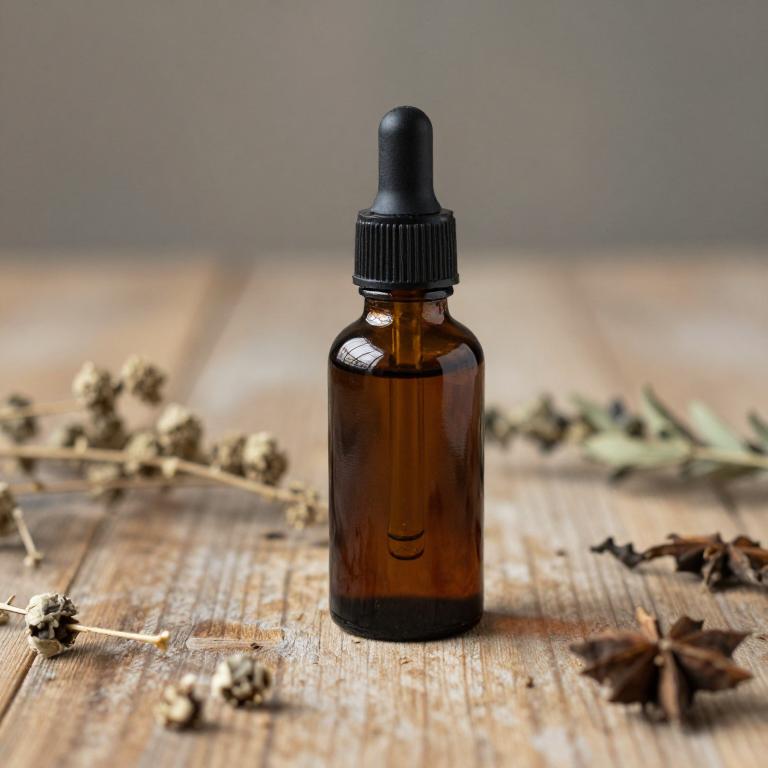
Rhodiola rosea herbal tinctures are used to enhance physical and mental performance by supporting energy levels and reducing fatigue.
They are particularly beneficial for individuals experiencing stress, as they help regulate the body's response to stressors and promote a sense of calm. These tinctures also support cognitive function, improving focus, concentration, and memory, making them popular among students and professionals. Additionally, rhodiola rosea is known for its adaptogenic properties, which help the body adapt to environmental stressors and maintain balance.
Because of these benefits, rhodiola rosea tinctures are increasingly used in natural health practices to improve overall well-being and resilience.
44. Scots pine (Pinus sylvestris)
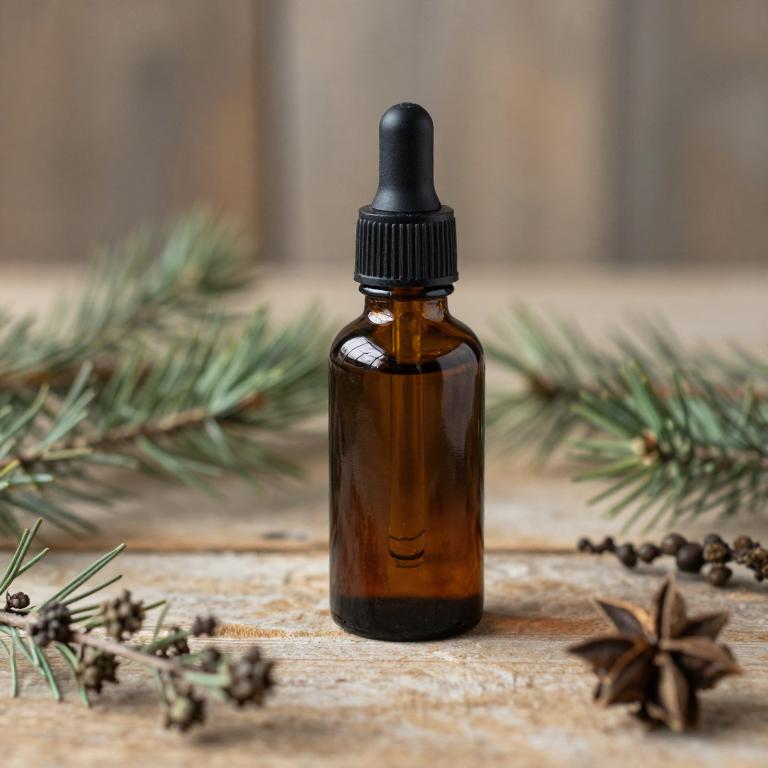
Pinus sylvestris herbal tinctures are used to support respiratory health by helping to alleviate symptoms of coughs, bronchitis, and asthma due to their expectorant and anti-inflammatory properties.
These tinctures are also valued for their ability to reduce stress and enhance mental clarity, making them popular in aromatherapy and holistic medicine. The essential oils derived from the tree contain compounds like pinene and camphor, which contribute to their therapeutic effects. Additionally, they are used topically to relieve muscle pain and improve circulation, offering a natural alternative to conventional treatments.
Their versatility and natural origin make pinus sylvestris tinctures a sought-after remedy in both traditional and modern wellness practices.
45. Plantain (Plantago lanceolata)
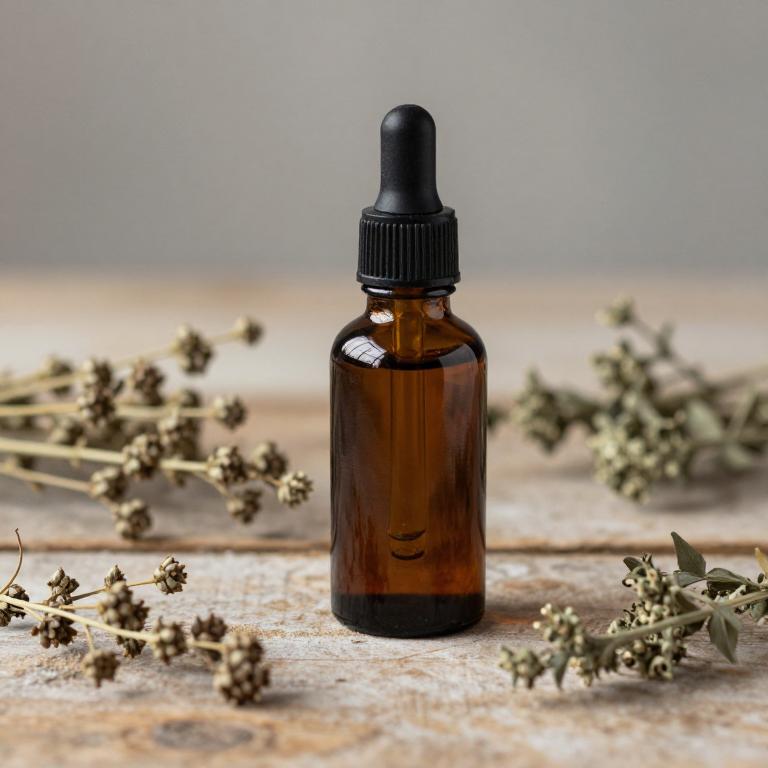
Plantago lanceolata herbal tinctures are used to support respiratory and digestive health due to their anti-inflammatory and soothing properties.
These tinctures are commonly employed to alleviate symptoms of coughs, sore throats, and bronchitis by reducing irritation in the respiratory tract. They are also beneficial for digestive issues such as indigestion and irritable bowel syndrome, as they can help calm the lining of the gastrointestinal system. The presence of mucilage in plantago lanceolata contributes to its ability to form a protective layer over mucous membranes, promoting healing.
Because of these therapeutic benefits, plantago lanceolata tinctures are widely valued in herbal medicine for their natural and holistic approach to wellness.
46. Maypop (Passiflora incarnata)
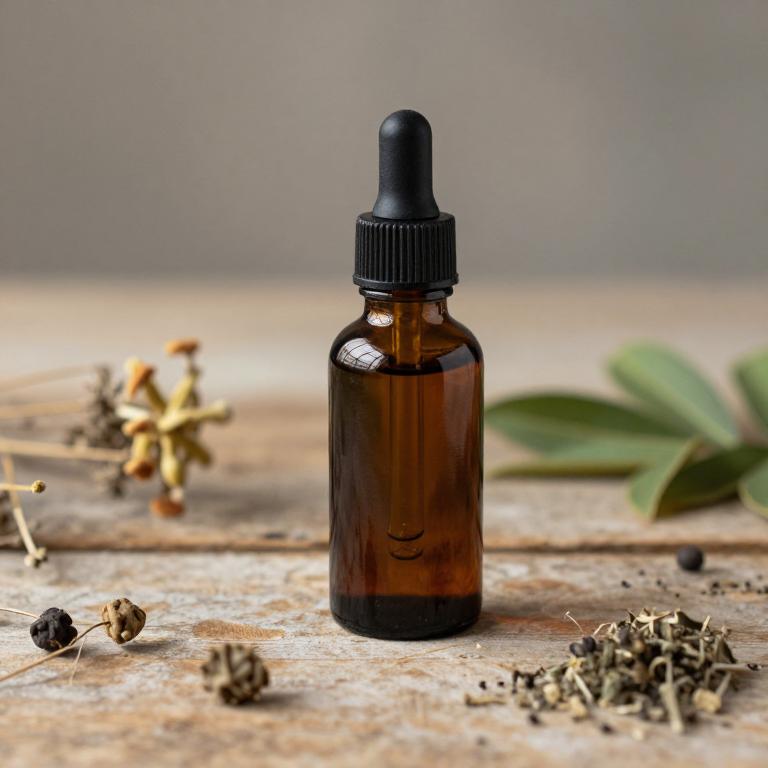
Passiflora incarnata herbal tinctures are used to promote relaxation and ease anxiety by calming the nervous system.
They are often recommended for individuals experiencing stress, insomnia, or restlessness due to their sedative properties. The tinctures contain compounds like flavonoids and alkaloids that may help reduce mental tension and improve sleep quality. Their mild nature makes them a popular choice for natural remedies in alternative medicine.
Overall, passiflora incarnata tinctures are valued for their ability to support emotional balance and enhance well-being without the side effects of pharmaceuticals.
47. Dandelion (Taraxacum officinale)
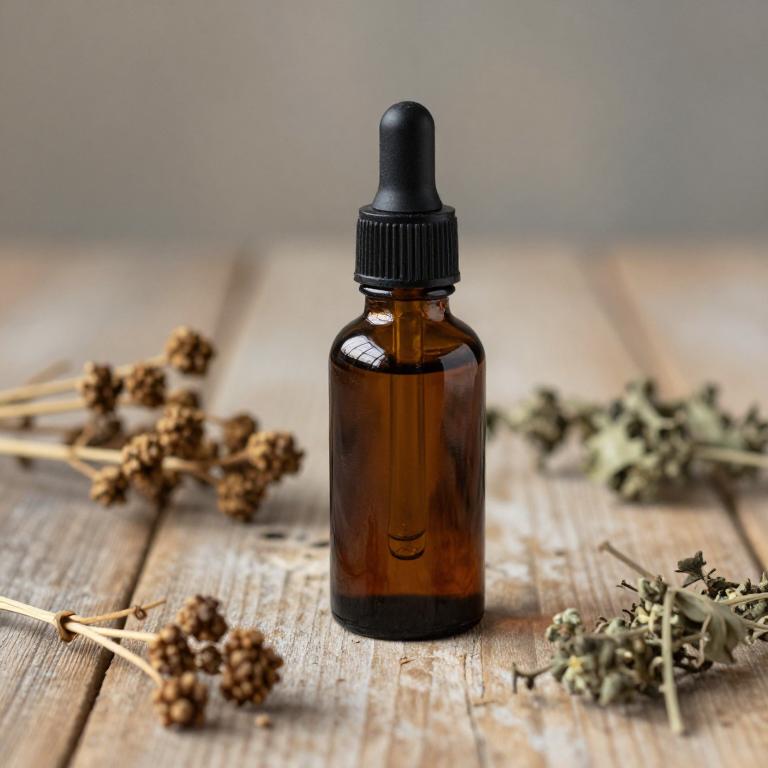
Taraxacum officinale herbal tinctures are used to support digestive health by stimulating bile production and aiding in the breakdown of fats.
These tinctures are also valued for their diuretic properties, which can help in the elimination of toxins and excess fluids from the body. Additionally, they are commonly used to address skin conditions such as eczema and psoriasis due to their anti-inflammatory and detoxifying effects. The presence of compounds like taraxacin and inulin in the tinctures contributes to their ability to promote liver function and enhance immune response.
Overall, the versatility and natural properties of Taraxacum officinale make it a popular choice in herbal medicine for a range of health-supporting purposes.
48. Kava (Piper methysticum)
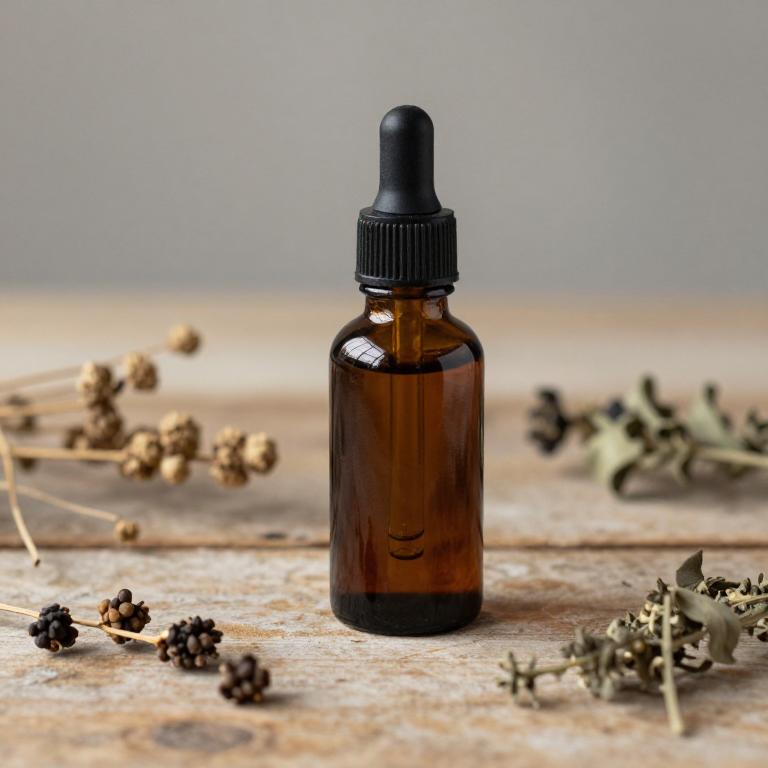
Piper methysticum herbal tinctures are used to promote relaxation and reduce stress by interacting with the body's neurotransmitters, particularly GABA, which helps calm the nervous system.
These tinctures are also valued for their potential to enhance mental clarity and focus, making them popular among individuals seeking cognitive support. In traditional cultures, they have been used for ceremonial and social purposes, often to foster community bonding and spiritual connection. The active compounds in these tinctures, such as kavalactones, are believed to contribute to their calming effects and may help alleviate anxiety and insomnia.
Overall, their versatility in both therapeutic and cultural contexts underscores their significance in holistic health practices.
49. Wormwood (Artemisia vulgaris)
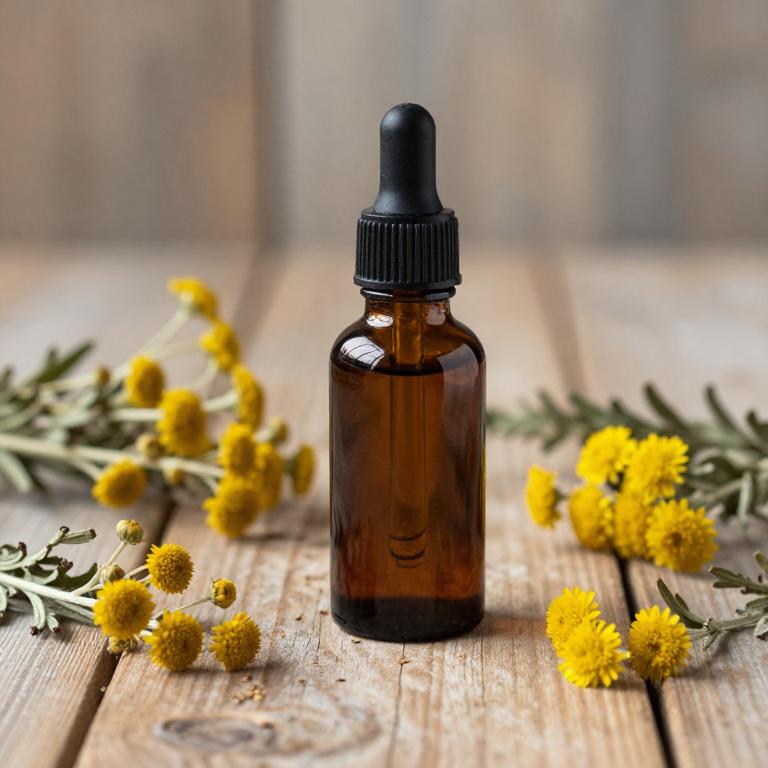
Artemisia vulgaris herbal tinctures are used to support digestive health by stimulating appetite and aiding in the treatment of digestive disorders such as indigestion and bloating.
They are also valued for their antiparasitic properties, making them useful in treating intestinal worms and other parasitic infections. Additionally, these tinctures are often employed in traditional medicine to help with respiratory conditions, such as coughs and bronchitis, due to their expectorant and antimicrobial effects. The adaptogenic qualities of artemisia vulgaris may also contribute to its use in reducing stress and enhancing overall vitality.
Because of their broad range of therapeutic properties, artemisia vulgaris tinctures are a versatile herbal remedy with historical and contemporary significance in natural healthcare.
50. White cedar (Thuja occidentalis)
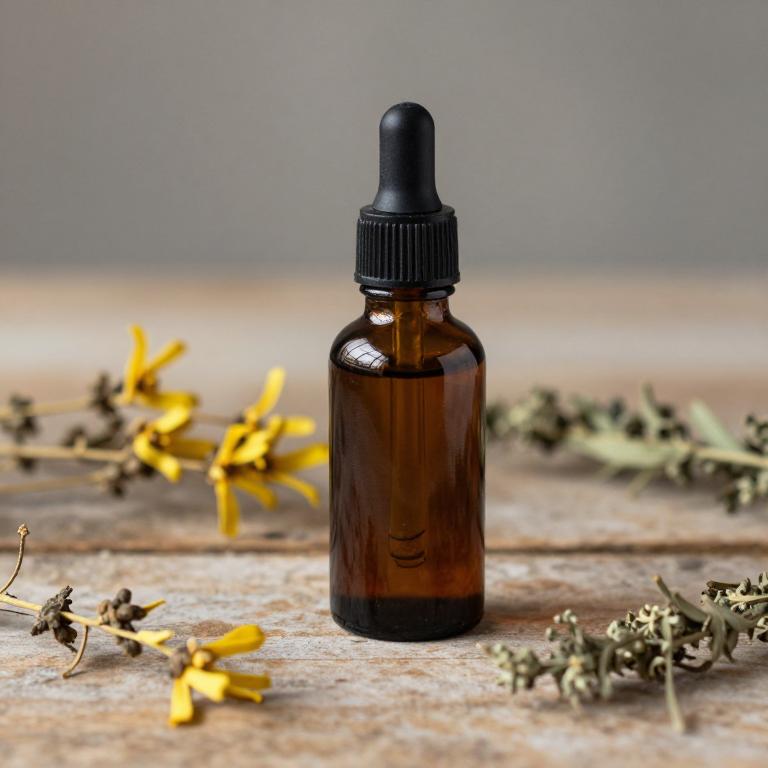
Thuja occidentalis herbal tinctures are used to support immune system function and promote detoxification by stimulating the body's natural defenses.
These tinctures are often utilized in alternative medicine to address respiratory infections, such as colds and coughs, due to their antimicrobial and anti-inflammatory properties. They are also believed to help with skin conditions like warts and fungal infections because of their antifungal and keratolytic effects. Additionally, thuja tinctures are sometimes used in holistic practices to assist with weight management and metabolic support, though more research is needed to confirm these benefits.
Their versatility and historical use in traditional medicine make them a popular choice for those seeking natural remedies for various health concerns.
51. Sanguisorba (Sanguisorba officinalis)
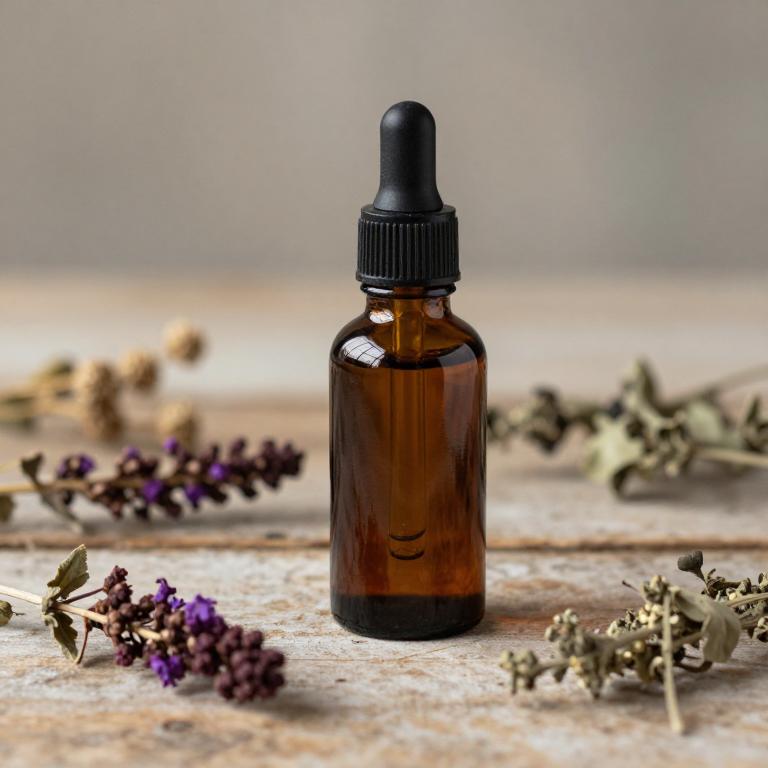
Sanguisorba officinalis herbal tinctures are used to support digestive health by promoting the production of digestive enzymes and improving nutrient absorption.
These tinctures are also valued for their ability to soothe inflammation in the gastrointestinal tract, making them beneficial for individuals suffering from conditions like irritable bowel syndrome or gastritis. The herb is known for its mild laxative properties, which can help alleviate constipation without causing significant side effects. Additionally, sanguisorba officinalis is believed to have antioxidant properties that may contribute to overall immune support and detoxification processes in the body.
Due to its gentle yet effective nature, these tinctures are often recommended as a natural alternative for those seeking to enhance their digestive wellness.
52. Sutherlandia frutescens
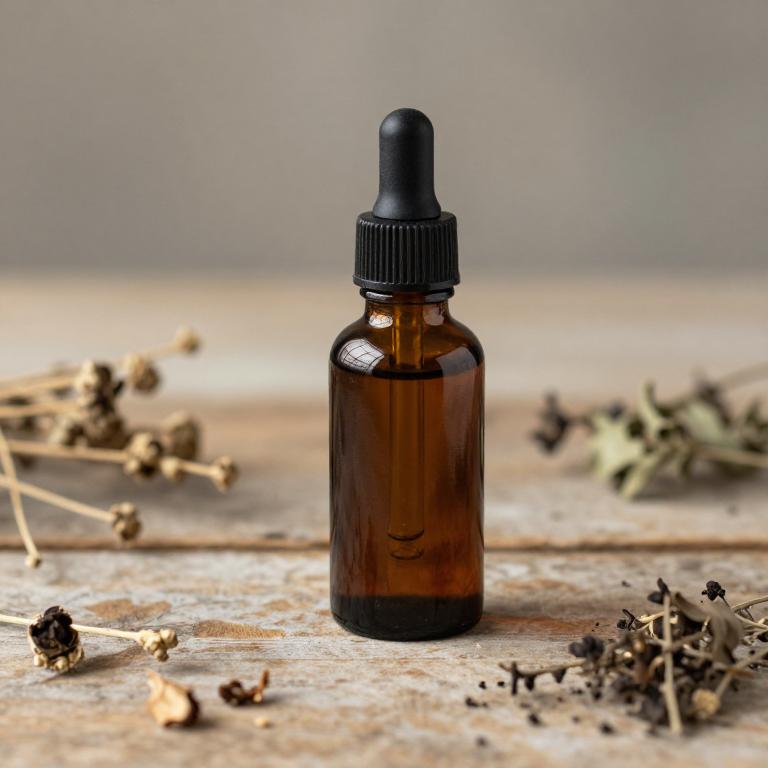
Sutherlandia frutescens herbal tinctures are used to support the immune system and promote overall wellness.
They are commonly employed in traditional African medicine for their potential anti-cancer properties and ability to enhance vitality. These tinctures are believed to help reduce fatigue and improve energy levels, making them popular among individuals undergoing cancer treatment. The active compounds in Sutherlandia frutescens may have immunostimulant effects, which can aid in the body's natural defense mechanisms.
Due to these potential benefits, they are often used as complementary therapy alongside conventional medical treatments.
53. Catnip (Nepeta cataria)
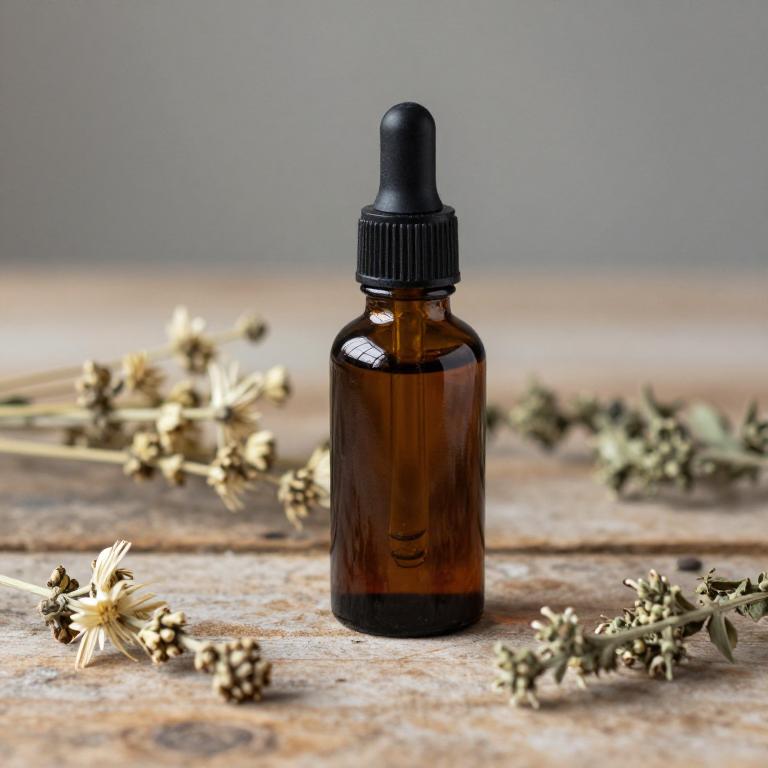
Nepeta cataria herbal tinctures are used to promote relaxation and reduce anxiety by acting on the central nervous system.
They are often employed in aromatherapy and natural remedies to ease stress and improve mood due to their calming properties. The active compounds in nepeta cataria, such as nepetalactone, may contribute to its sedative and mood-enhancing effects. These tinctures are also used to support sleep quality by helping to induce a sense of calm and ease insomnia.
Their versatility makes them a popular choice in holistic health practices for both mental and emotional well-being.
54. Poison ivy (Rhus toxicodendron)
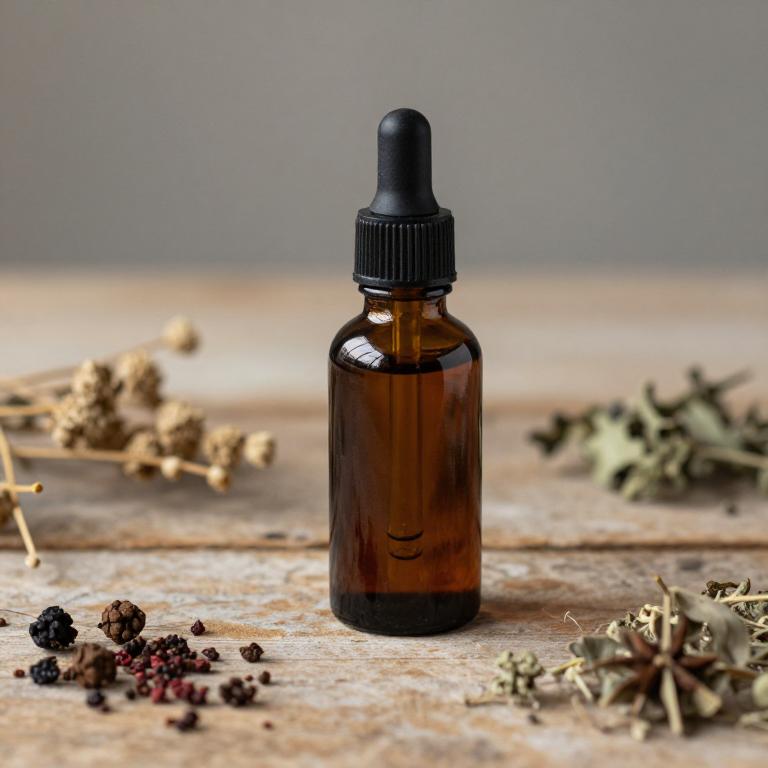
Rhus toxicodendron herbal tinctures are used to alleviate symptoms associated with eczema, psoriasis, and other skin conditions due to their anti-inflammatory and antihistaminic properties.
These tinctures are often incorporated into holistic treatments for their ability to reduce redness, itching, and skin irritation. They are also utilized in homeopathic medicine to address allergic reactions and inflammatory disorders by stimulating the body's natural healing processes. The active compounds in Rhus toxicodendron may help modulate immune responses, making it a valuable remedy for individuals with chronic skin conditions.
Because of its effectiveness and natural origin, this tincture is a preferred choice in alternative and complementary medicine practices.
55. Nux vomica (Strychnos nux-vomica)
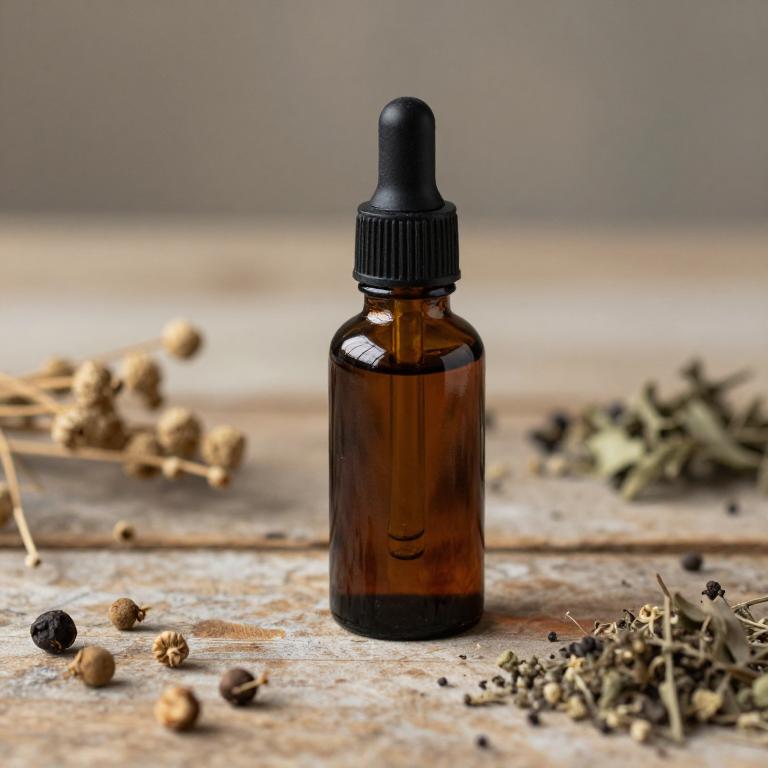
Strychnos nux-vomica herbal tinctures are used to treat a variety of ailments, particularly those related to the nervous system and musculoskeletal disorders.
They are believed to help alleviate symptoms of nerve pain, muscle spasms, and joint stiffness due to their alkaloid content, which may stimulate nerve function. In traditional Chinese medicine, these tinctures are also used to improve circulation and reduce inflammation, making them valuable for conditions like arthritis and neuropathy. However, due to their potent and potentially toxic nature, they must be used under strict medical supervision to avoid adverse effects.
The use of strychnos nux-vomica tinctures is controversial and should only be considered after thorough consultation with a qualified healthcare provider.
56. Maca (Lepidium meyenii)
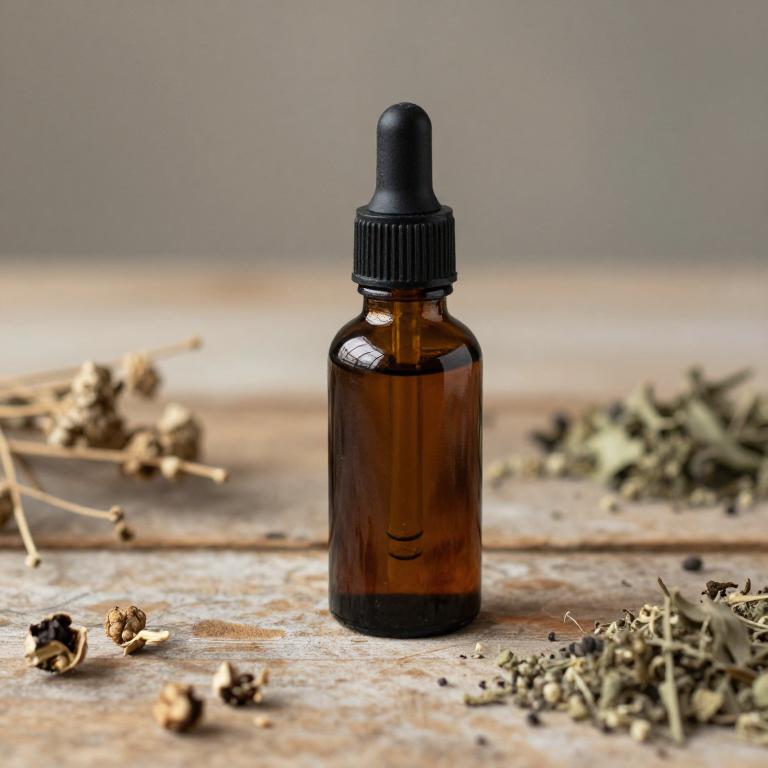
Lepidium meyenii herbal tinctures are used to support digestive health and promote overall well-being.
These tinctures are believed to aid in reducing bloating, improving nutrient absorption, and alleviating gastrointestinal discomfort. They are also valued for their potential to enhance energy levels and support immune function. The active compounds in lepidium meyenii, such as alkaloids and saponins, are thought to contribute to these therapeutic effects.
Due to their natural composition and historical use in traditional medicine, these tinctures are increasingly sought after for their holistic health benefits.
57. Heartworts (Leonurus cardiaca)
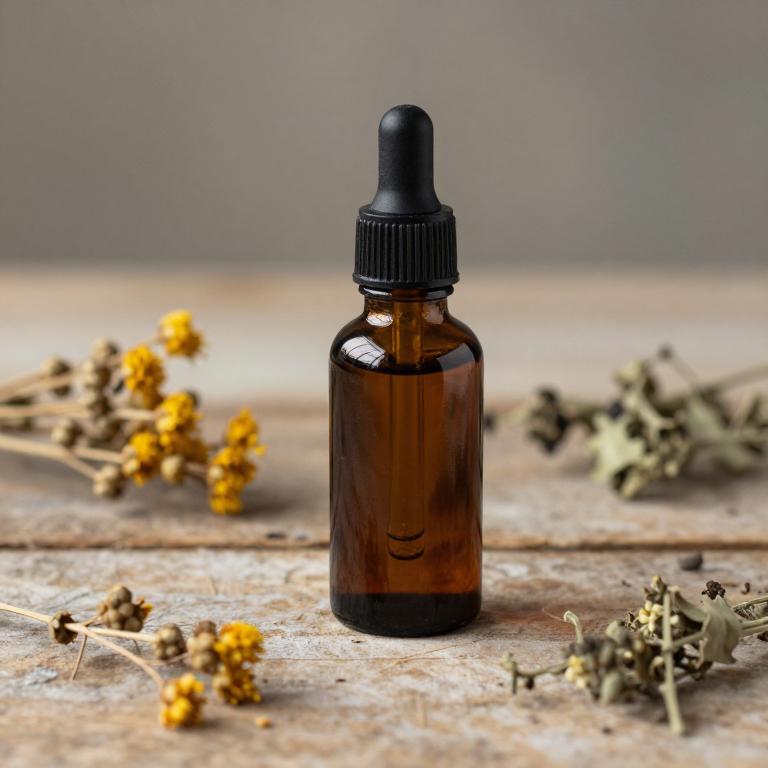
Leonurus cardiaca herbal tinctures are used to support cardiovascular health by promoting circulation and reducing symptoms of heart-related conditions.
They are traditionally valued for their ability to strengthen the heart muscle and improve blood flow, making them beneficial for individuals with arrhythmias or weak heart function. The active compounds in the tincture, such as saponins and flavonoids, are believed to have mild diuretic and antispasmodic properties that aid in managing hypertension and edema. Due to their natural origin and fewer side effects compared to synthetic medications, these tinctures are often preferred in complementary and alternative medicine practices.
Overall, leonurus cardiaca tinctures offer a holistic approach to cardiovascular wellness, supporting both heart function and overall circulatory health.
58. Sweet wormwood (Artemisia annua)
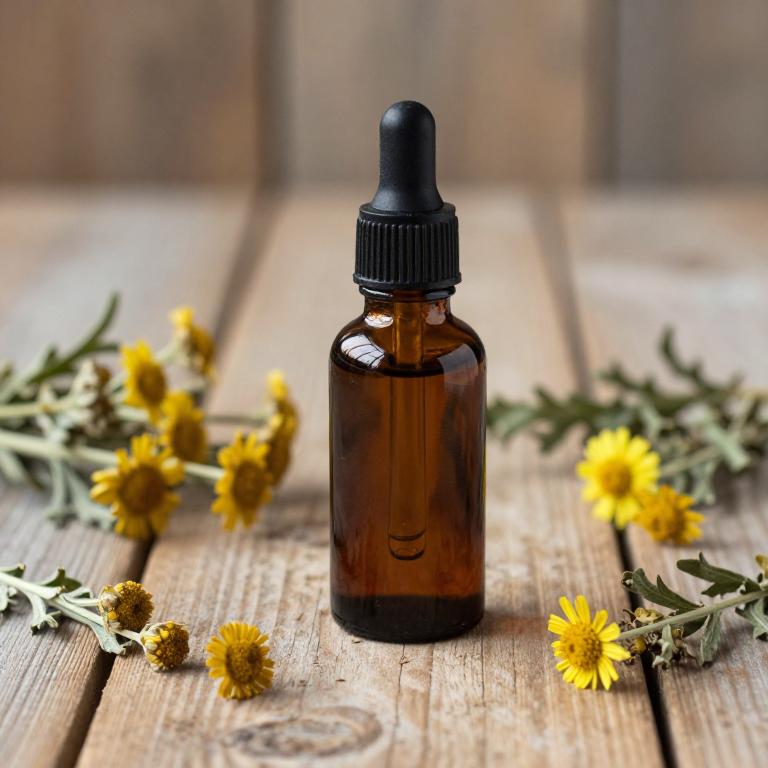
Artemisia annua herbal tinctures are used to treat malaria due to their high concentration of artemisinin, a compound known for its potent antimalarial properties.
These tinctures are also employed in traditional medicine to support immune function and alleviate symptoms of respiratory infections. Their anti-inflammatory and antioxidant effects make them beneficial for digestive health and detoxification. Additionally, artemisia annua tinctures are used in some holistic practices to address fever and improve overall vitality.
The effectiveness of these tinctures is largely attributed to their ability to target parasitic infections and support the body's natural healing processes.
59. Parsley (Petroselinum crispum)
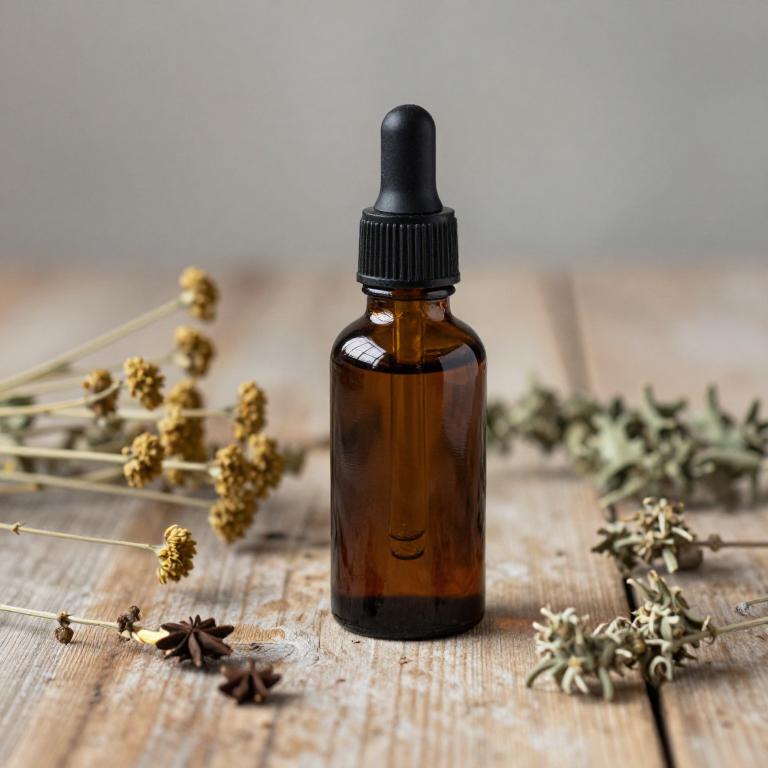
Petroselinum crispum herbal tinctures are used to support digestive health by stimulating the production of digestive enzymes and promoting the secretion of bile.
These tinctures are also valued for their ability to alleviate symptoms of respiratory conditions such as bronchitis and coughs due to their expectorant properties. Additionally, they are employed in traditional medicine to help reduce stress and anxiety by balancing the nervous system. The presence of compounds like apigenin and myristicin contributes to their calming and anti-inflammatory effects.
Overall, petroselinum crispum tinctures are favored for their versatility and natural therapeutic benefits in supporting both physical and emotional well-being.
60. Marshmallow (Althaea officinalis)
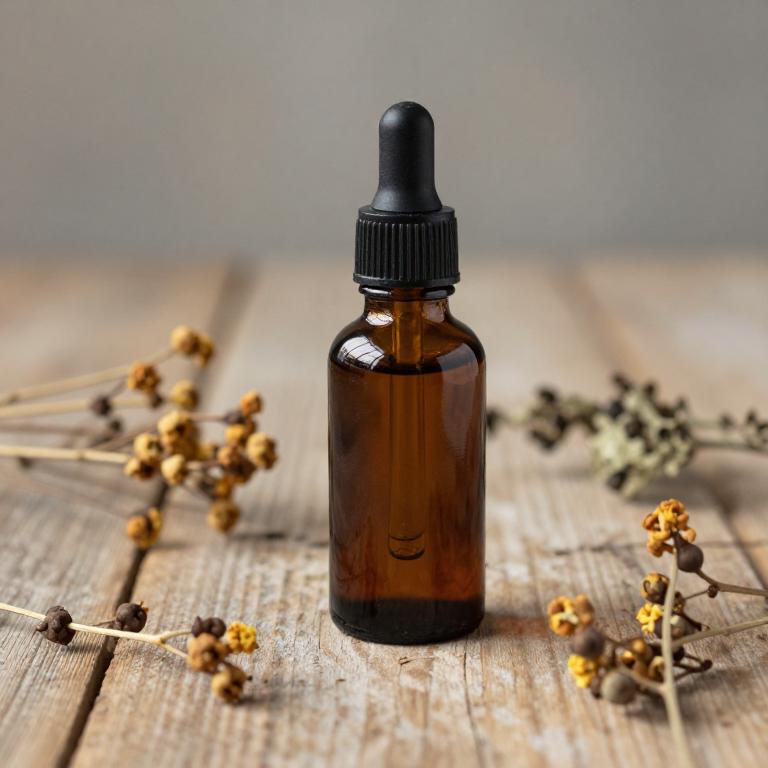
Althaea officinalis herbal tinctures are used to support respiratory health by soothing coughs and reducing throat irritation due to their mucilage content.
These tinctures are also valued for their anti-inflammatory properties, which can help alleviate symptoms of digestive issues such as gastritis and ulcers. Additionally, they are often used topically to treat skin conditions like eczema and minor wounds because of their soothing and protective effects. The presence of antioxidants in althaea officinalis contributes to its ability to boost the immune system and promote overall wellness.
Because of these multiple benefits, althaea officinalis tinctures are a versatile and widely respected remedy in herbal medicine.
61. Puncture vine (Tribulus terrestris)
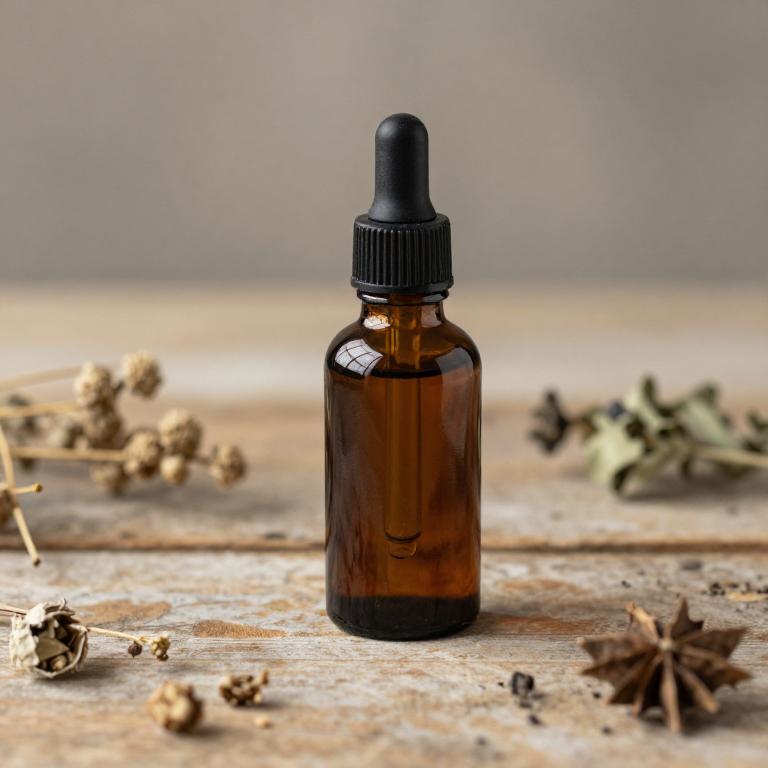
Tribulus terrestris herbal tinctures are used to support male sexual health and enhance physical performance.
They are believed to stimulate testosterone production, which can improve libido, energy levels, and muscle strength. These tinctures are also used to promote overall vitality and reduce stress, making them popular among athletes and individuals seeking natural health benefits. Additionally, they may aid in improving urinary function and supporting reproductive health.
Due to their potential to enhance endurance and well-being, tribulus terrestris tinctures are often included in herbal formulations for holistic wellness.
62. European plum (Prunus domestica)
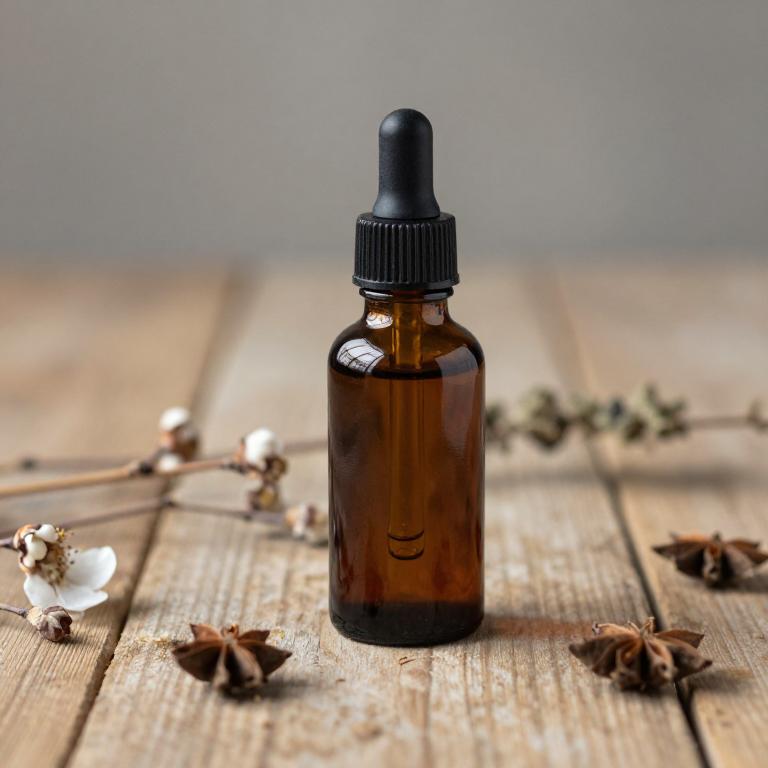
Prunus domestica herbal tinctures are used to support digestive health by promoting the secretion of digestive enzymes and reducing bloating and gas.
These tinctures are also valued for their potential to alleviate symptoms of irritable bowel syndrome due to their anti-inflammatory properties. Additionally, they may help in managing chronic constipation by stimulating bowel movements naturally. The presence of bioactive compounds like flavonoids and polyphenols contributes to their therapeutic effects.
Overall, prunus domestica tinctures are favored for their natural approach to improving gastrointestinal wellness and overall digestive function.
63. Anise (Pimpinella anisum)
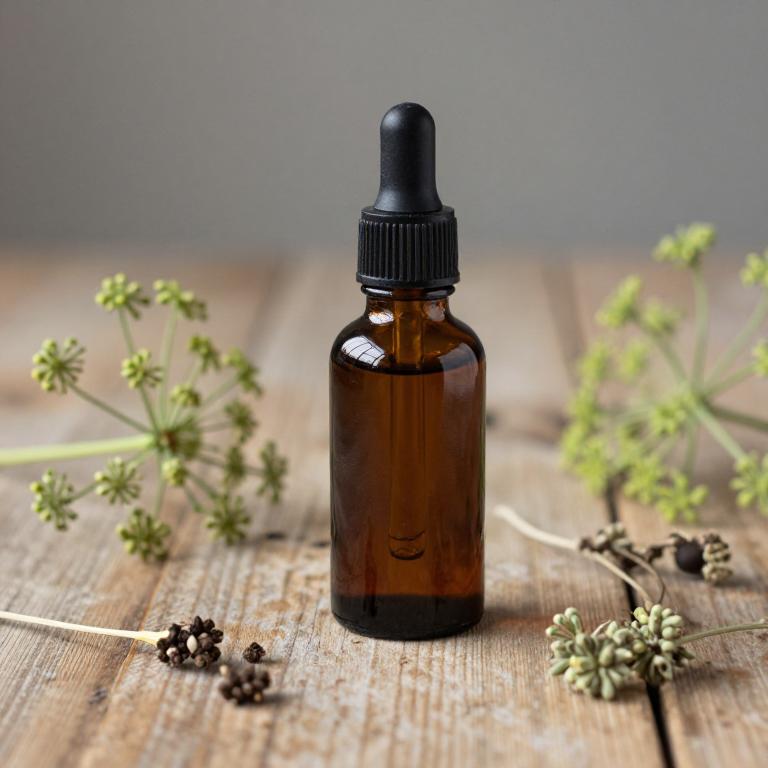
Pimpinella anisum herbal tinctures are used to support digestive health by aiding in the relief of bloating, gas, and indigestion.
These tinctures contain anethole, a compound known for its carminative and antispasmodic properties, which help relax the gastrointestinal tract and ease discomfort. They are also valued for their ability to soothe respiratory issues such as coughs and congestion due to their expectorant effects. The natural potency of these tinctures makes them a preferred choice for those seeking alternative remedies with fewer side effects.
Overall, their versatility and effectiveness make pimpinella anisum tinctures a valuable addition to holistic health practices.
64. St. john's wort (Agrimonia eupatoria)
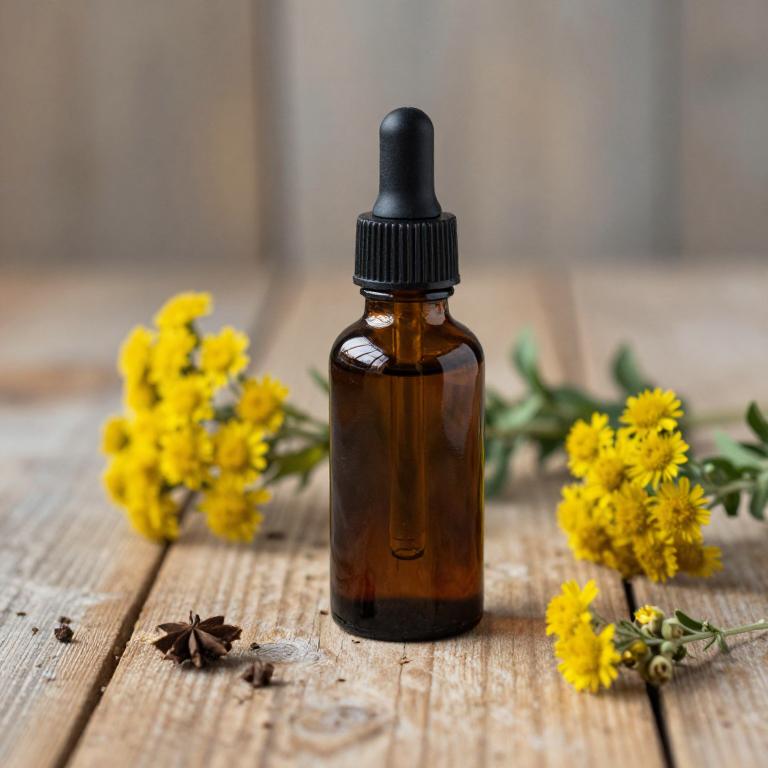
Agrimonia eupatoria herbal tinctures are used to support digestive health by aiding in the relief of stomach discomfort and promoting healthy digestion.
They are often utilized to reduce inflammation in the gastrointestinal tract, making them beneficial for individuals suffering from conditions like gastritis or irritable bowel syndrome. The tinctures are also valued for their potential to support the immune system due to their rich content of antioxidants and anti-inflammatory compounds. Additionally, agrimonia eupatoria is believed to have mild sedative properties, which may help in reducing anxiety and promoting relaxation.
These uses are supported by traditional herbal practices and ongoing research into the plant's bioactive components.
65. Common hawthorn (Crataegus oxyacantha)
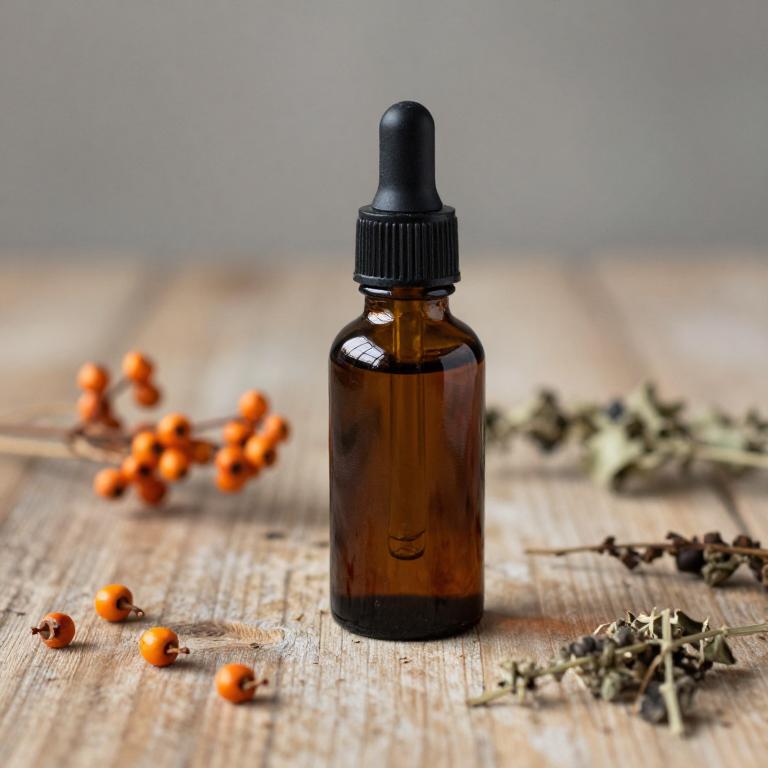
Crataegus oxyacantha herbal tinctures are used to support cardiovascular health by promoting healthy blood flow and reducing the workload on the heart.
These tinctures are particularly beneficial for individuals suffering from hypertension and arrhythmia due to their ability to dilate blood vessels and regulate heart rhythm. The active compounds in crataegus oxyacantha, such as flavonoids and proanthocyanidins, contribute to its cardioprotective effects by improving circulation and reducing oxidative stress. Additionally, they are used to alleviate symptoms of anxiety and insomnia, as they have a calming effect on the nervous system.
Because of these multiple benefits, crataegus oxyacantha tinctures are a popular choice in herbal medicine for maintaining overall well-being.
66. Caraway (Carum carvi)
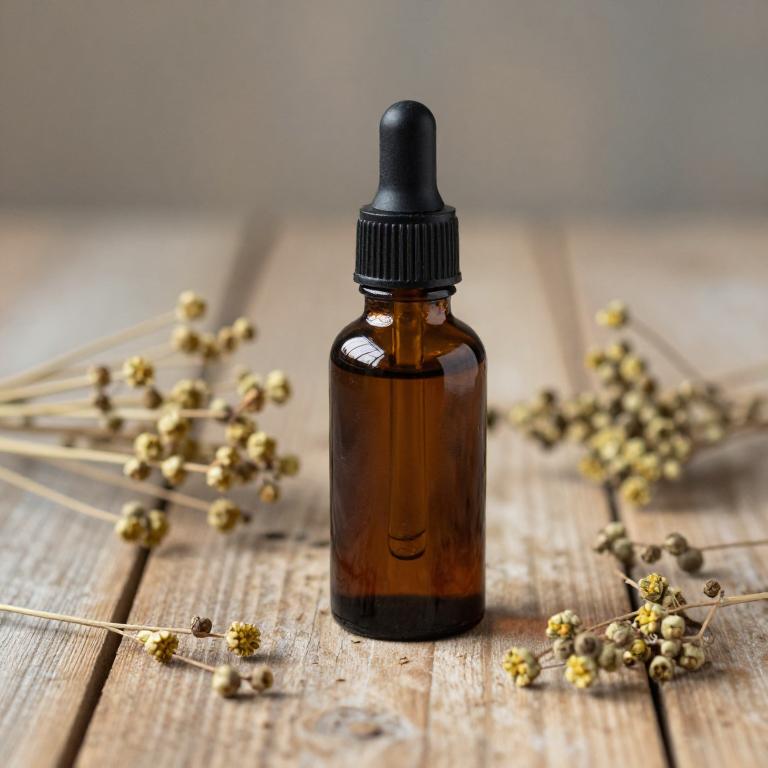
Carum carvi herbal tinctures are used to support digestive health by stimulating the production of digestive enzymes and reducing bloating.
They are also known to help alleviate respiratory issues such as coughs and bronchitis due to their expectorant properties. These tinctures can be beneficial for relieving headaches and migraines because of their ability to improve circulation and reduce inflammation. Additionally, carum carvi is valued for its antispasmodic effects, making it useful in treating muscle cramps and menstrual discomfort.
Overall, the versatility of carum carvi tinctures makes them a valuable natural remedy for a range of health concerns.
67. Bacopa (Bacopa monnieri)
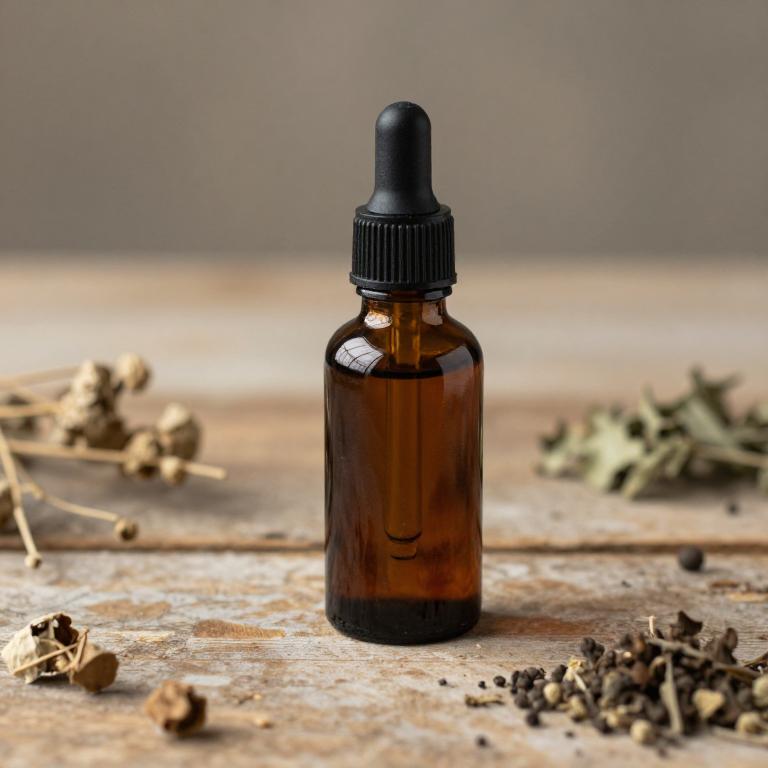
Bacopa monnieri herbal tinctures are used to enhance cognitive function and memory retention, particularly in individuals experiencing age-related mental decline.
These tinctures are believed to support neural communication by increasing the production of certain neurotransmitters, which can improve focus and learning ability. Additionally, bacopa monnieri is often incorporated into formulations aimed at reducing anxiety and promoting mental clarity, making it popular among students and professionals. The herb's adaptogenic properties also help the body manage stress, contributing to overall well-being.
Due to its long history in traditional medicine, bacopa monnieri tinctures are increasingly sought after for their potential to support both cognitive and emotional health.
68. Lemon grass (Cymbopogon citratus)
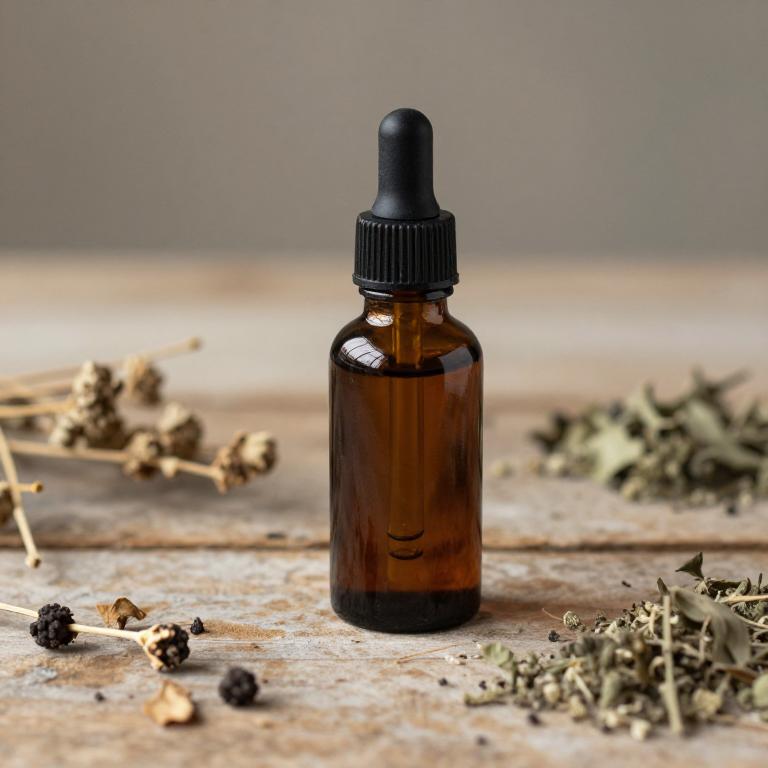
Cymbopogon citratus herbal tinctures are used to promote relaxation and reduce stress due to their calming properties.
They are often utilized in aromatherapy to alleviate anxiety and enhance mood by stimulating the release of endorphins. These tinctures also support digestive health by easing symptoms of nausea and improving appetite. Additionally, they are valued for their antimicrobial properties, which can help in treating minor infections and supporting immune function.
Because of their versatility and natural composition, cymbopogon citratus tinctures are a popular choice for holistic health practices.
69. Goatweed (Eclipta prostrata)
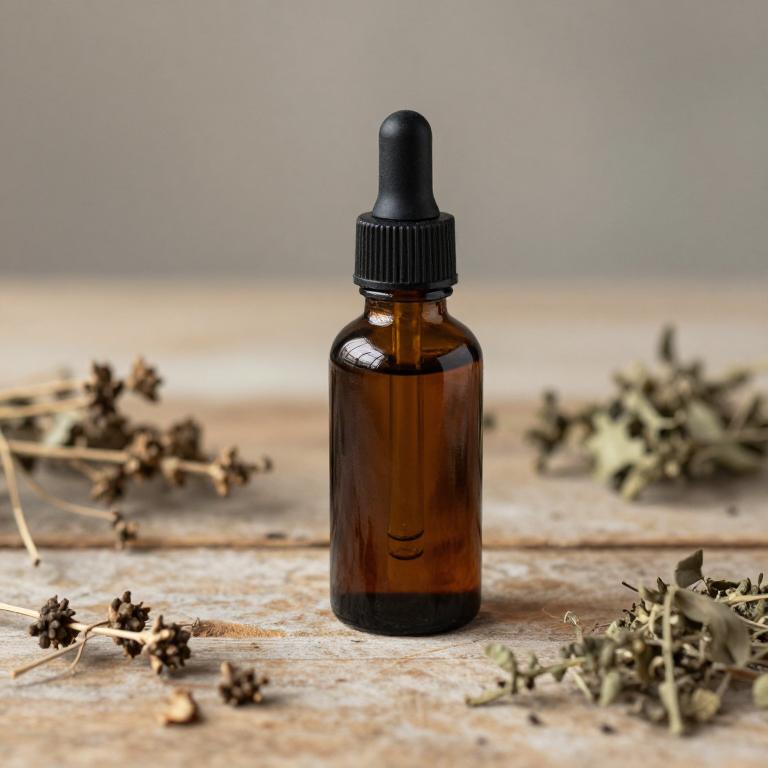
Eclipta prostrata herbal tinctures are used to support hair growth and improve scalp health due to their rich content of bioactive compounds such as alkaloids and flavonoids.
These tinctures are traditionally employed in Ayurvedic medicine to treat baldness and promote stronger, healthier hair by stimulating the hair follicles. Additionally, they are valued for their potential anti-inflammatory and antioxidant properties, which may help in reducing scalp irritation and enhancing overall scalp vitality. The use of these tinctures is also believed to contribute to liver health, as they are thought to aid in detoxification processes within the body.
Overall, eclipta prostrata tinctures are favored for their multifaceted benefits, making them a popular choice in natural remedies for both hair and general well-being.
70. Centella (Centella asiatica)
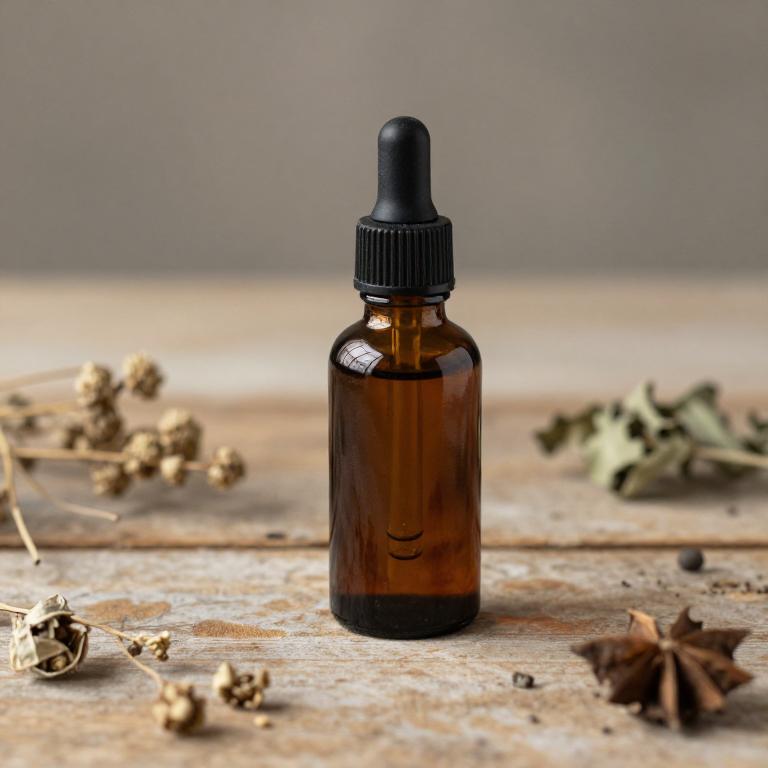
Centella asiatica herbal tinctures are used to promote wound healing and skin regeneration due to their high concentration of active compounds like asiatic acid and madecassic acid, which stimulate collagen production and enhance tissue repair.
These tinctures are also valued for their ability to improve circulation and reduce inflammation, making them beneficial for conditions such as varicose veins and eczema. In traditional medicine, they are often used to support mental clarity and cognitive function, as they are believed to enhance brain health and reduce stress. Additionally, centella asiatica tinctures are popular in skincare routines for their antioxidant properties, which help protect the skin from environmental damage and promote a healthy glow.
Their versatility and natural efficacy make them a preferred choice for both therapeutic and cosmetic applications.
71. Common plantain (Plantago major)
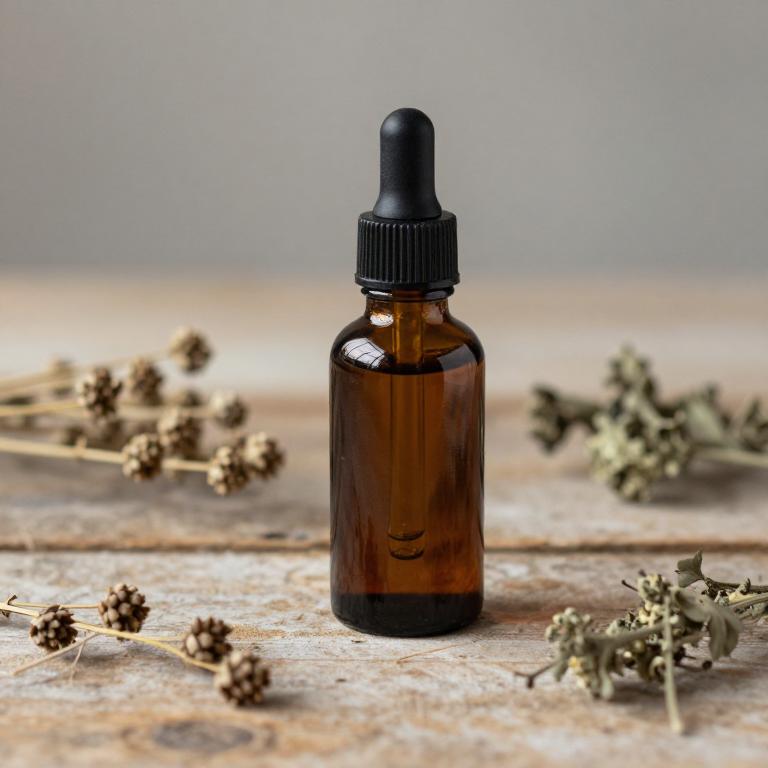
Plantago major herbal tinctures are used to support digestive health and alleviate inflammation in the gastrointestinal tract.
They contain bioactive compounds like mucilage and flavonoids, which help soothe irritation and promote healing in the stomach and intestines. These tinctures are also commonly used to reduce symptoms of conditions such as ulcers, irritable bowel syndrome, and inflammatory bowel disease. Their mild and gentle nature makes them suitable for long-term use under professional guidance.
Due to their natural composition and historical use in traditional medicine, plantago major tinctures are valued for their potential to enhance overall digestive wellness.
72. Euphrasia (Euphrasia officinalis)
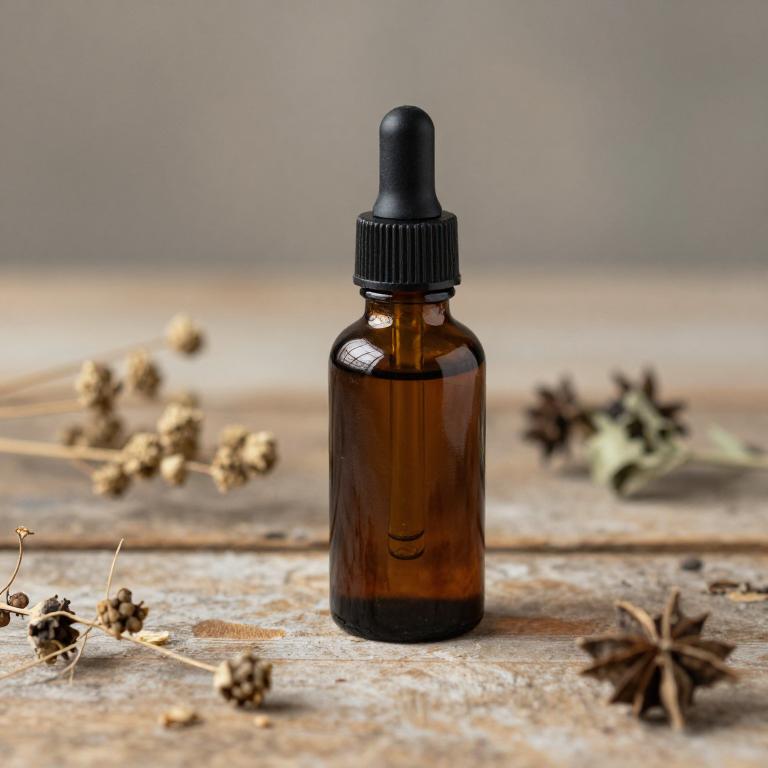
Euphrasia officinalis herbal tinctures are used to support eye health and relieve symptoms of eye strain, redness, and irritation.
These tinctures are particularly beneficial for individuals experiencing dryness or discomfort due to prolonged screen time or environmental factors. The herb is known for its anti-inflammatory and soothing properties, which can help reduce inflammation in the eyes and promote healing. Additionally, euphrasia officinalis is often used in alternative medicine to address respiratory issues such as coughs and sore throats, thanks to its mild expectorant effects.
Its versatility makes it a valuable remedy in herbal medicine, offering both local and systemic benefits for a range of ailments.
73. Velvet bean (Mucuna pruriens)
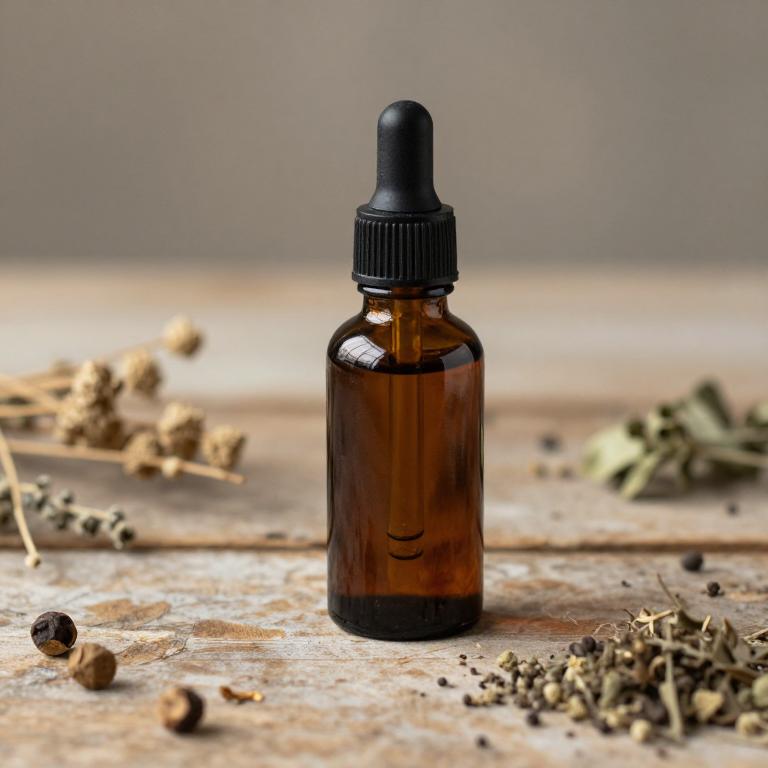
Mucuna pruriens herbal tinctures are used to enhance libido and sexual function due to their high concentration of L-DOPA, a precursor to dopamine, which can boost mood and arousal.
They are also employed to support mental clarity and cognitive function, as the compound may help in reducing symptoms of depression and anxiety. Additionally, mucuna pruriens tinctures are utilized in traditional medicine to alleviate symptoms of Parkinson's disease by promoting dopamine production in the brain. The adaptogenic properties of the herb make it beneficial for stress management and overall vitality.
Because of these diverse benefits, mucuna pruriens tinctures are increasingly popular in both alternative and integrative health practices.
74. Purple coneflower (Echinacea angustifolia)
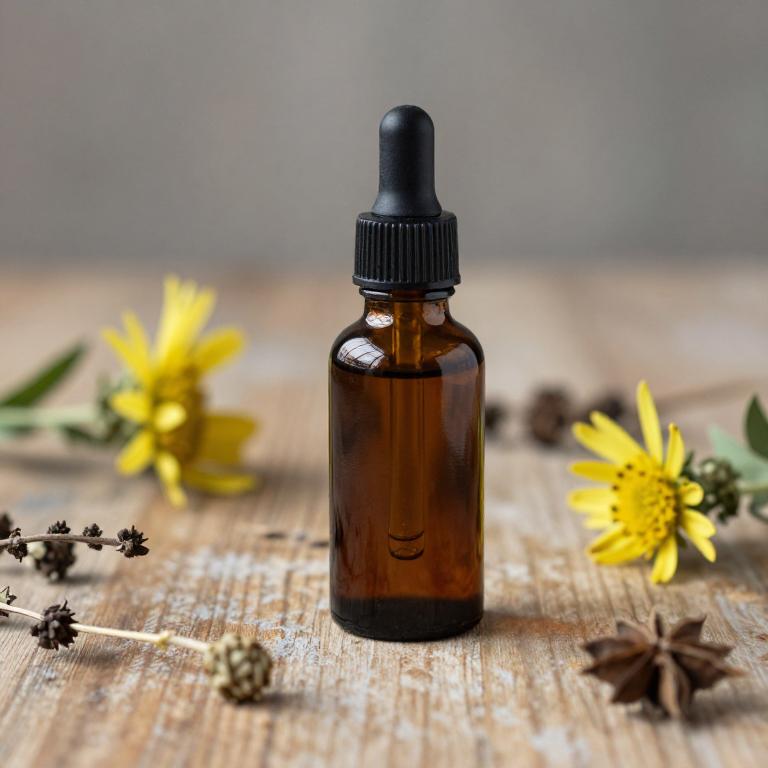
Echinacea angustifolia herbal tinctures are used to support immune function and alleviate symptoms of the common cold and respiratory infections.
They contain active compounds such as alkamides, caffeic acid derivatives, and polysaccharides, which are believed to enhance the body's immune response. These tinctures are often taken at the first sign of illness to help reduce the duration and severity of symptoms. Their natural origin makes them a popular alternative to conventional remedies for those seeking holistic health solutions.
Additionally, echinacea angustifolia tinctures may help reduce inflammation and promote overall wellness when used as part of a balanced health regimen.
75. Barberry (Berberis vulgaris)
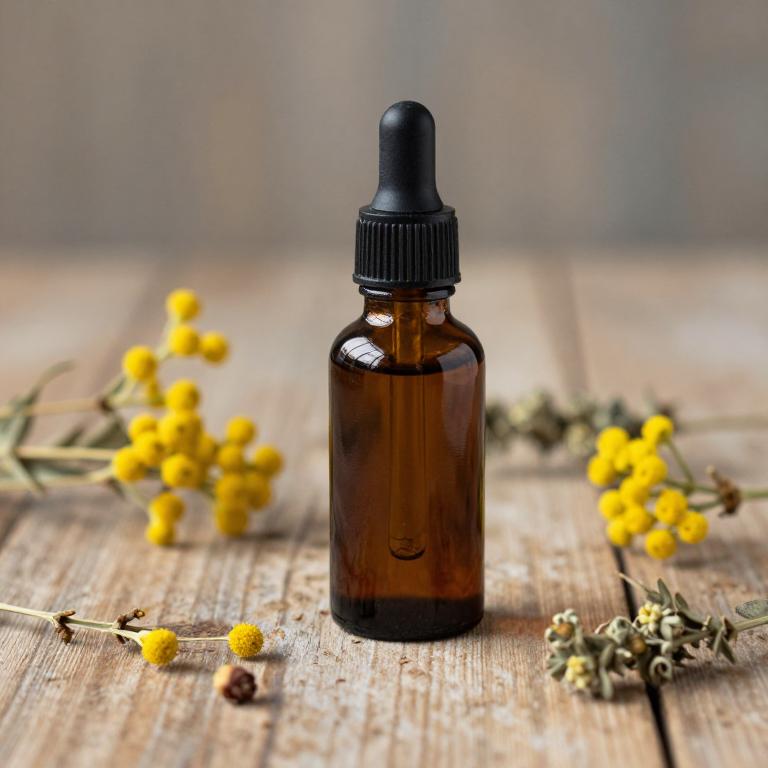
Berberis vulgaris herbal tinctures are used to support digestive health by promoting the elimination of toxins and enhancing the function of the gastrointestinal tract.
They are also employed to treat infections due to their antibacterial, antifungal, and antiviral properties, which stem from the presence of berberine, a potent alkaloid. These tinctures may help in managing skin conditions such as eczema and psoriasis by reducing inflammation and microbial overgrowth. Additionally, they are sometimes used to support liver function and detoxification processes in the body.
Their versatility makes them a valuable natural remedy in both traditional and modern herbal medicine practices.
76. Purple foxglove (Digitalis purpurea)
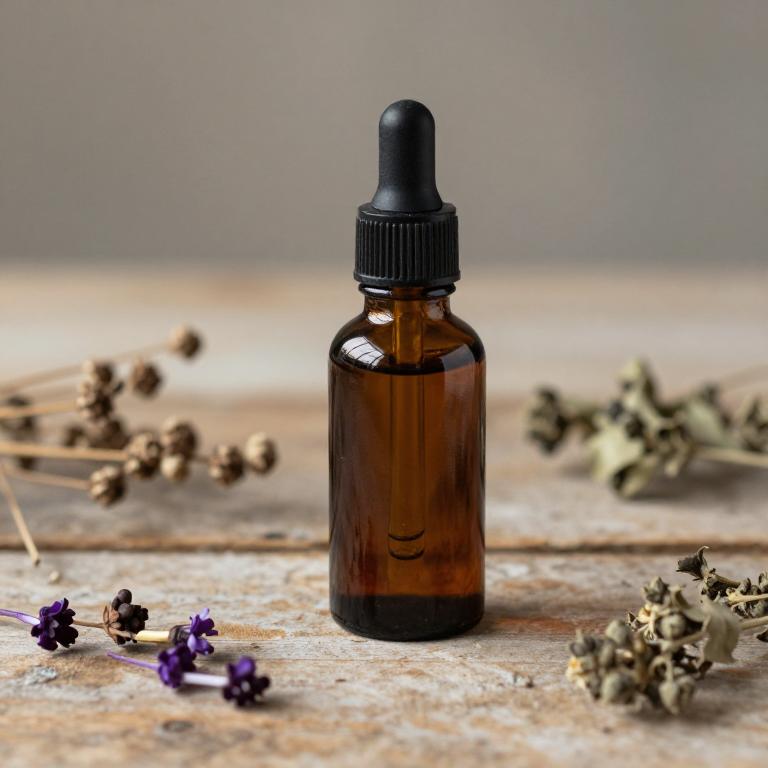
Digitalis purpurea herbal tinctures are used to support cardiovascular health by strengthening heart contractions and regulating heart rate.
They have been historically utilized in traditional medicine to treat conditions such as heart failure and arrhythmias due to their positive inotropic effects. The active compounds, including digoxin and digitoxin, help improve cardiac output by increasing the force of myocardial contractions. These tinctures may also aid in managing symptoms related to chronic heart conditions by improving circulation and reducing fluid retention.
However, their use requires careful monitoring due to the potential for toxicity if not administered properly.
77. Tongkat ali (Eurycoma longifolia)
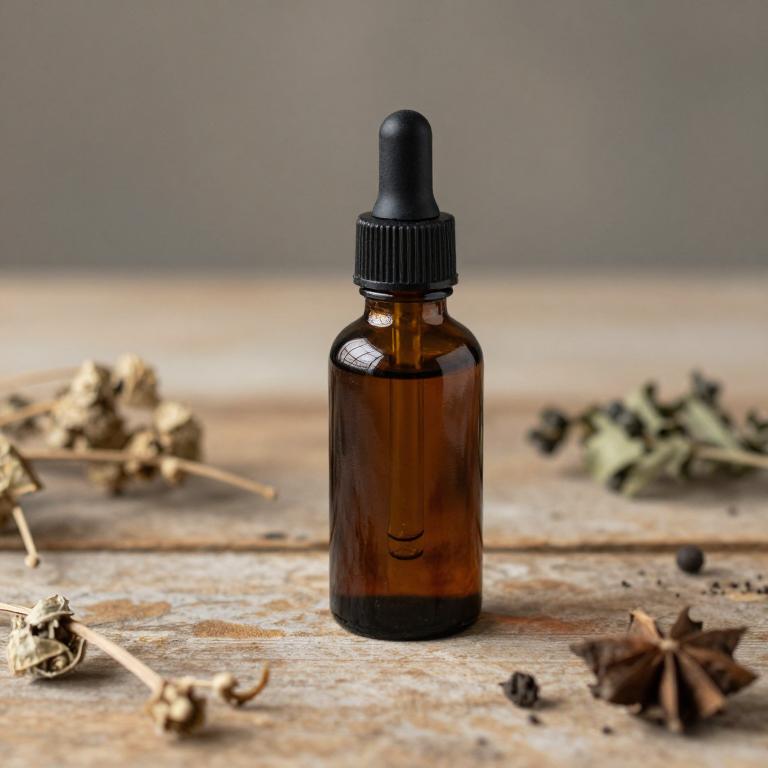
Eurycoma longifolia herbal tinctures are used to enhance vitality and support overall wellness due to their rich content of bioactive compounds.
These tinctures are particularly valued for their potential to boost energy levels and improve physical endurance, making them popular among individuals seeking natural health benefits. They are also believed to have aphrodisiac properties, which may contribute to improved sexual health and performance. Additionally, the tinctures are used to support immune function and reduce stress, thanks to their antioxidant and anti-inflammatory effects.
Because of these diverse benefits, eurycoma longifolia tinctures are increasingly sought after in traditional and complementary medicine practices.
78. Sacred lotus (Nelumbo nucifera)
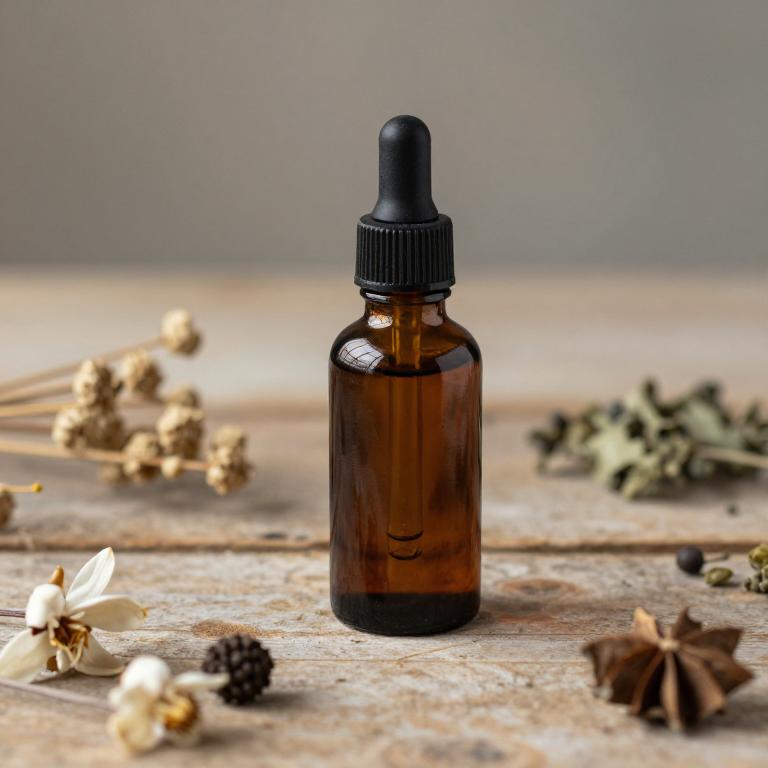
Nelumbo nucifera herbal tinctures are used to support digestive health by promoting healthy gut function and reducing inflammation.
These tinctures are valued for their ability to balance the nervous system, making them beneficial for managing stress and anxiety. They are also used to enhance mental clarity and cognitive function due to their calming and nourishing properties. The presence of compounds like alkaloids and flavonoids contributes to their therapeutic effects.
Overall, nelumbo nucifera tinctures are favored in traditional medicine for their holistic approach to wellness.
79. Melaleuca (Melaleuca alternifolia)
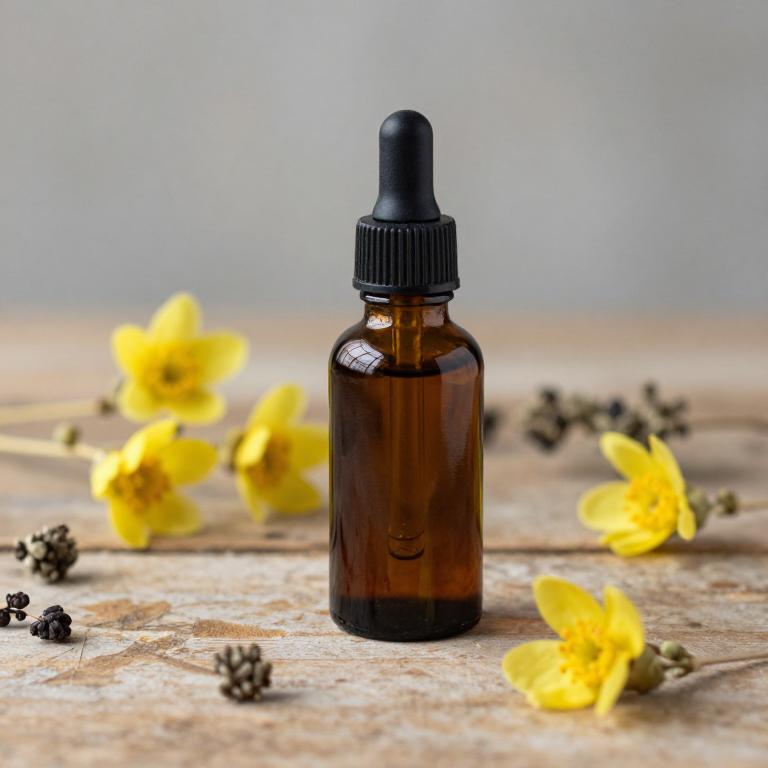
Melaleuca alternifolia herbal tinctures are used to support immune health and promote wound healing due to their potent antimicrobial and anti-inflammatory properties.
These tinctures are often applied topically to treat minor cuts, burns, and skin infections by reducing bacterial growth and soothing irritation. They are also taken internally to help alleviate symptoms of colds, flu, and respiratory infections by enhancing the body's natural defenses. The active compound, tea tree oil, has been extensively studied for its ability to combat a wide range of pathogens.
Because of their natural origin and broad-spectrum effectiveness, melaleuca alternifolia tinctures are a popular choice for those seeking holistic and alternative remedies.
80. Wormwood (Artemisia absinthium)
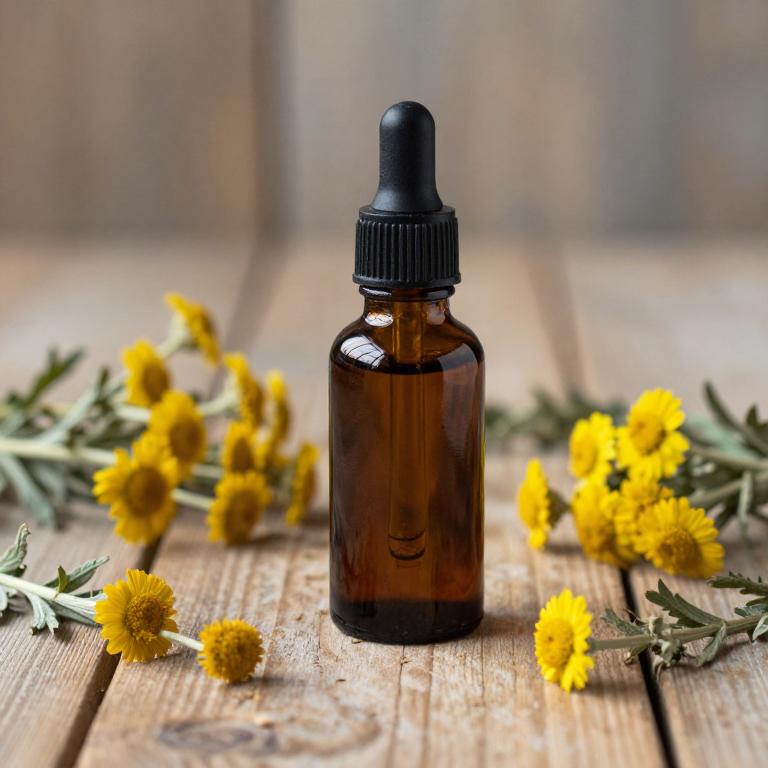
Artemisia absinthium herbal tinctures are used to support digestive health by stimulating bile production and aiding in the relief of indigestion and bloating.
They are also valued for their potential to alleviate symptoms of anxiety and insomnia due to their calming properties. These tinctures may help in managing skin conditions such as eczema and psoriasis due to their anti-inflammatory and antiseptic qualities. Additionally, they are sometimes used in traditional medicine for their detoxifying effects and to support liver function.
The versatility of artemisia absinthium tinctures makes them a valuable remedy in both holistic and conventional health practices.
81. Common teucrium (Teucrium marum)
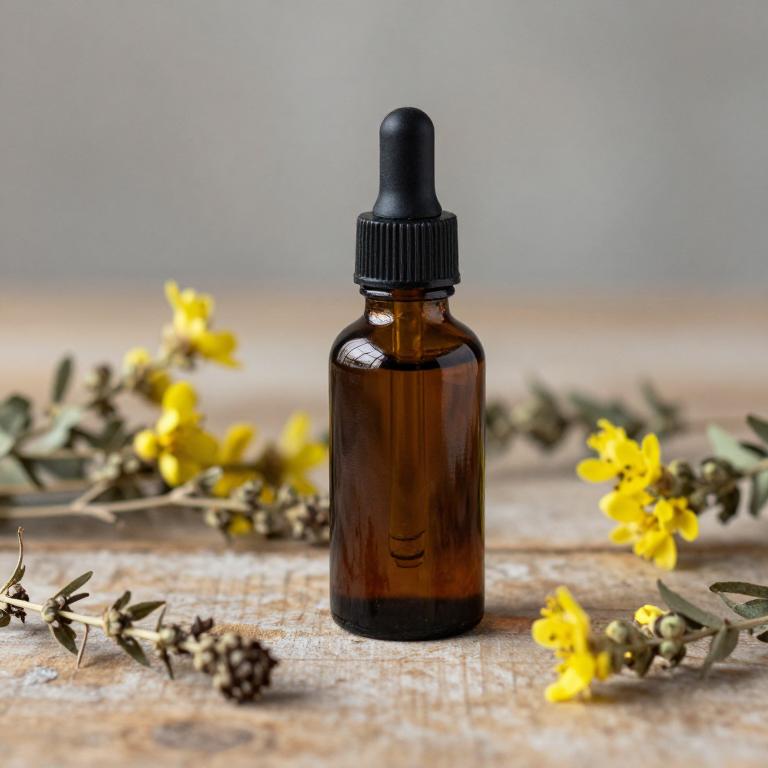
Teucrium marum herbal tinctures are used to support digestive health and alleviate symptoms of gastrointestinal discomfort.
They are traditionally valued for their antispasmodic and carminative properties, which help ease bloating, gas, and cramping. The tinctures are also believed to have mild antimicrobial effects, making them useful in supporting the body's natural defenses against infections. Due to their soothing nature, they are often incorporated into formulations for stress-related digestive issues.
Their long history of use in herbal medicine underscores their potential as a natural remedy for promoting overall wellness.
82. Geranium (Pelargonium graveolens)
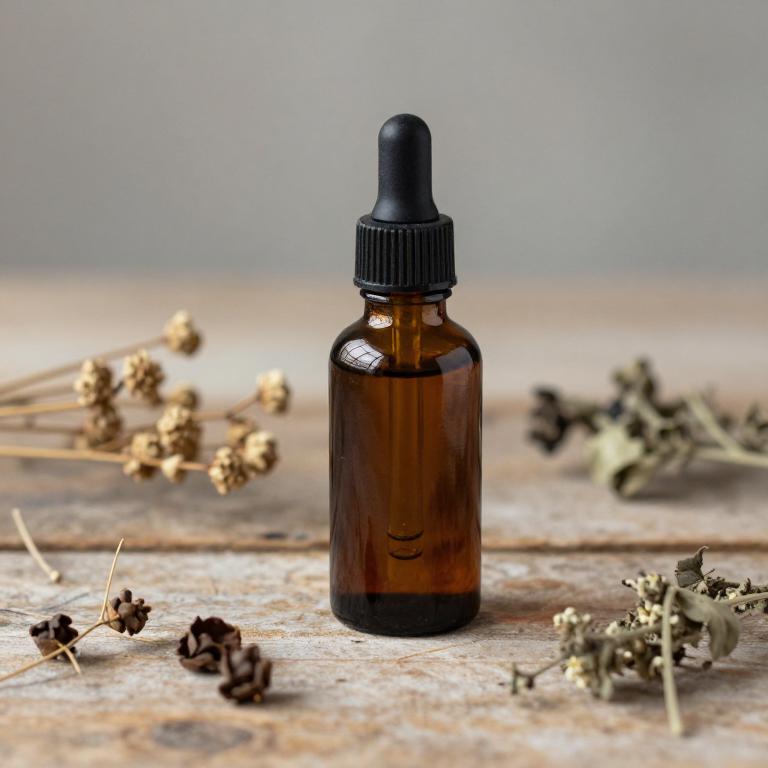
Pelargonium graveolens herbal tinctures are used to support respiratory health by helping to alleviate symptoms of colds, coughs, and bronchitis due to their expectorant and antimicrobial properties.
These tinctures are also valued for their ability to reduce stress and anxiety, as they contain compounds that may promote relaxation and improve mood. Additionally, they are often used in aromatherapy to freshen the air and create a calming environment, thanks to their strong, pleasant scent. The anti-inflammatory effects of pelargonium graveolens make it useful in topical applications for relieving muscle pain and skin irritations.
Overall, these tinctures are favored for their versatile therapeutic benefits and natural composition, making them a popular choice in holistic health practices.
83. Greek oregano (Satureja hortensis)
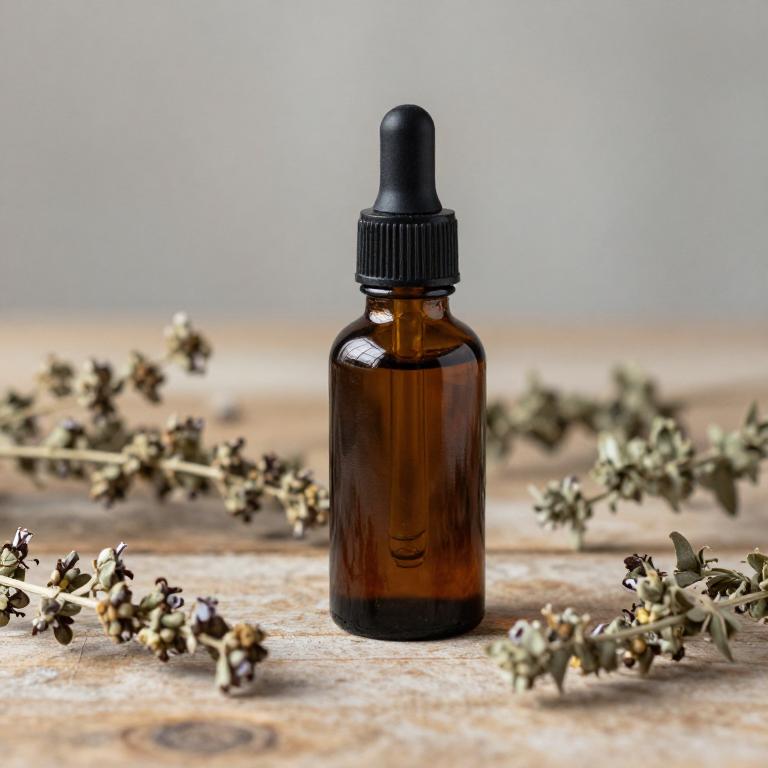
Satureja hortensis herbal tinctures are used to support digestive health by stimulating appetite and aiding in the digestion of food.
They are also valued for their antimicrobial properties, which can help in treating minor infections and promoting overall immune function. These tinctures are often incorporated into aromatherapy practices to relieve stress and enhance mental clarity due to their calming and invigorating effects. Additionally, they are used topically to alleviate muscle pain and inflammation, making them a versatile remedy in natural medicine.
Their versatility and potency make satureja hortensis tinctures a valuable addition to both internal and external wellness routines.
84. Hemp (Cannabis sativa)
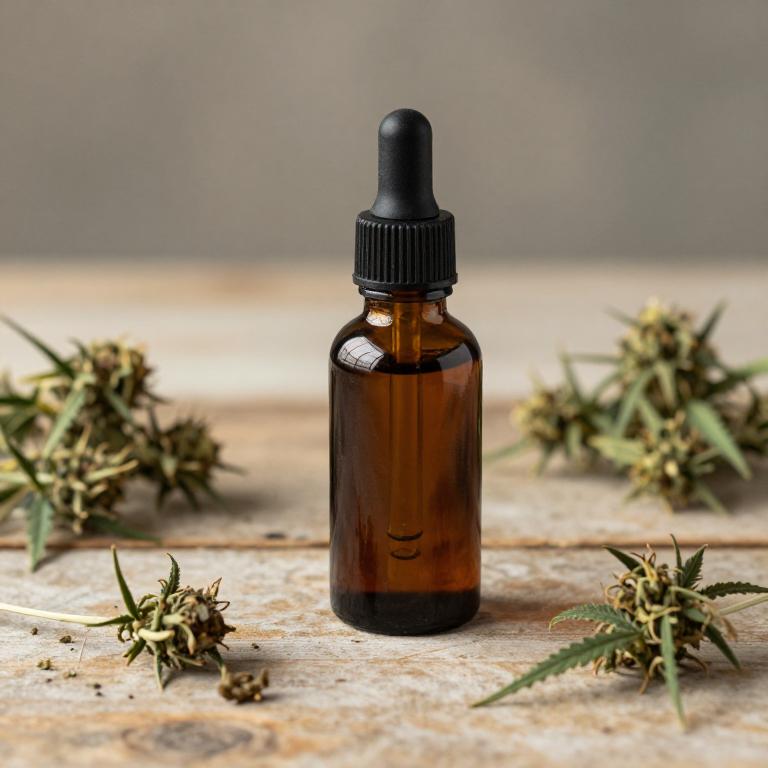
Cannabis sativa herbal tinctures are used to provide targeted relief for a variety of physical and mental health conditions.
They are commonly utilized for their potential to alleviate chronic pain, inflammation, and muscle spasms due to the presence of cannabinoids like CBD and THC. These tinctures are also valued for their ability to reduce anxiety and promote relaxation, making them a popular choice for stress management and sleep support. Their versatility allows for precise dosing, enabling individuals to tailor their intake based on their specific needs and health goals.
Overall, cannabis sativa herbal tinctures offer a natural alternative for managing various ailments, supported by growing scientific research and anecdotal evidence.
85. Red sage (Salvia miltiorrhiza)
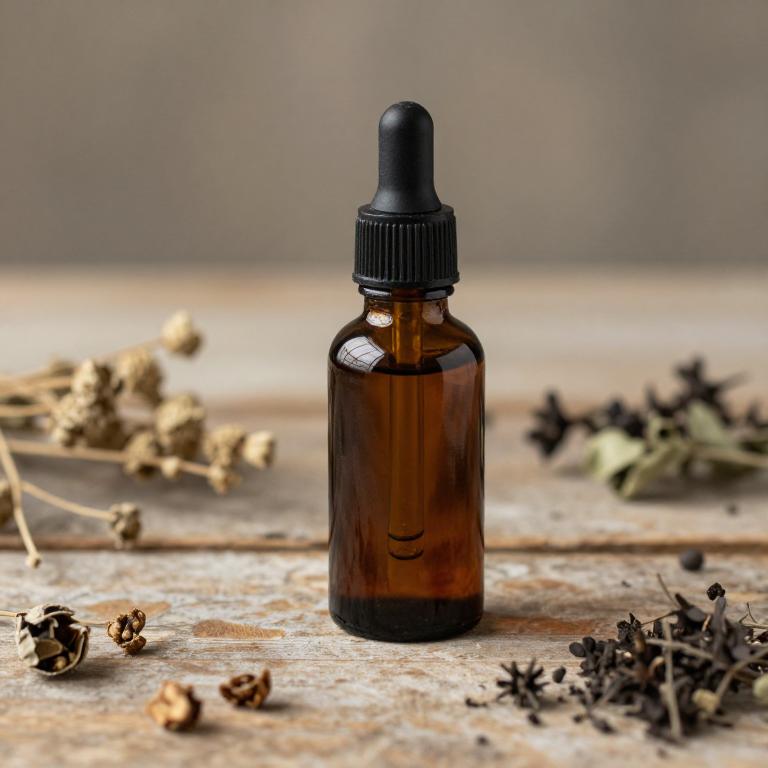
Salvia miltiorrhiza herbal tinctures are used to promote cardiovascular health by improving blood circulation and reducing cholesterol levels.
They are also utilized in traditional Chinese medicine to support liver function and detoxification processes. These tinctures may help in managing inflammatory conditions due to their antioxidant and anti-inflammatory properties. Additionally, they are sometimes used to enhance cognitive function and reduce the risk of neurodegenerative diseases.
The effectiveness of salvia miltiorrhiza tinctures is attributed to compounds like tanshinone and salvianolic acid, which have been studied for their therapeutic benefits.
86. Black henbane (Hyoscyamus niger)
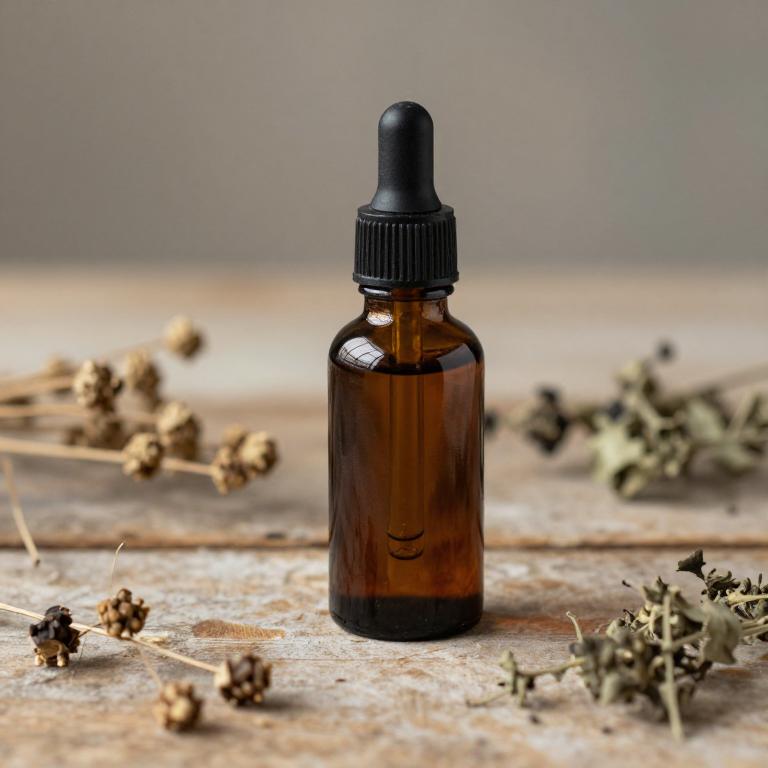
Hyoscyamus niger herbal tinctures are used to alleviate symptoms of gastrointestinal disorders such as colic, spasticity, and inflammatory bowel conditions due to their antispasmodic and anti-inflammatory properties.
These tinctures contain alkaloids like hyoscyamine and scopolamine, which help relax smooth muscles and reduce gastrointestinal cramping. They are also employed in the management of migraines and muscle spasms because of their ability to inhibit nerve signal transmission. Additionally, hyoscyamus niger tinctures have been historically used to treat conditions like asthma and bronchitis by reducing bronchial spasms and improving airflow.
However, due to their potent effects, these tinctures should be used with caution and under professional supervision to avoid adverse side effects.
87. Bell pepper (Capsicum annuum)
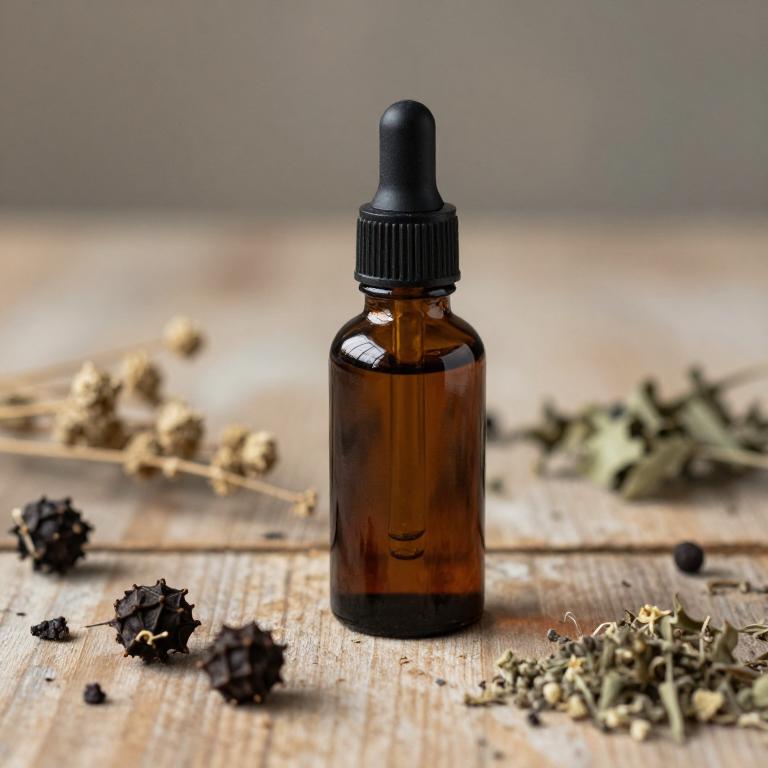
Capsicum annuum herbal tinctures are used to support pain relief and reduce inflammation due to their high concentration of capsaicin, which interacts with nerve endings to block pain signals.
These tinctures are commonly applied topically to alleviate symptoms of arthritis, muscle aches, and neuropathic pain, making them a popular choice for natural pain management. They are also used to improve circulation by stimulating blood flow, which can aid in reducing swelling and promoting healing in affected areas. Additionally, some people use capsicum annuum tinctures to help with skin conditions like eczema or psoriasis, as the anti-inflammatory properties may soothe irritated skin.
Overall, their versatility and effectiveness make capsicum annuum tinctures a valuable option for those seeking alternative or complementary health solutions.
88. Love-in-a-mist (Peucedanum ostruthium)
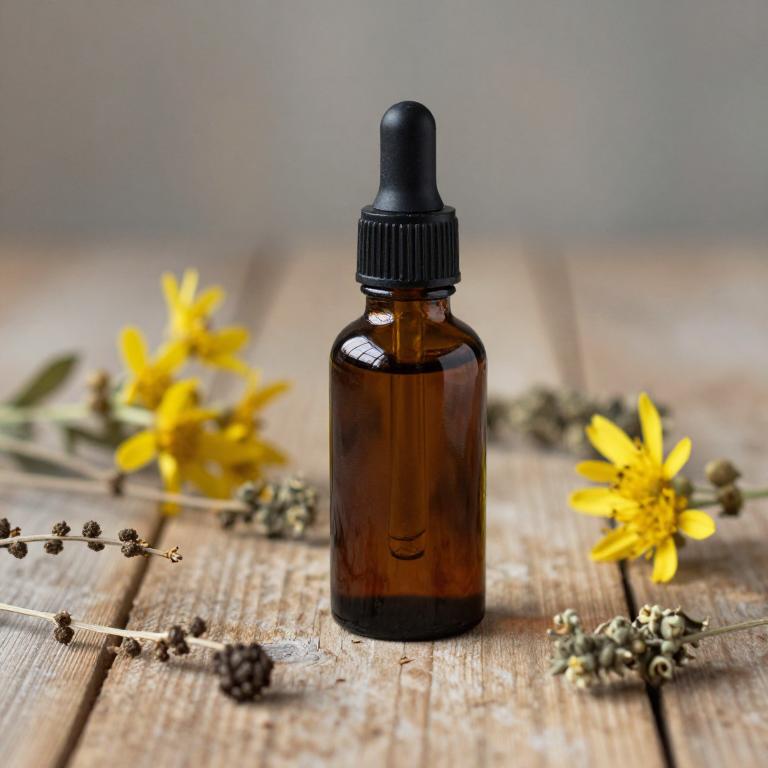
Peucedanum ostruthium herbal tinctures are used to support respiratory health by alleviating symptoms of coughs, bronchitis, and other respiratory ailments due to their expectorant and anti-inflammatory properties.
These tinctures are also valued for their ability to aid digestion by stimulating the production of digestive enzymes and promoting the elimination of toxins from the body. Additionally, they are commonly used in traditional medicine to treat skin conditions such as eczema and psoriasis because of their antiseptic and soothing effects. The presence of compounds like pyrrolidinone and essential oils contributes to their therapeutic benefits.
Overall, peucedanum ostruthium tinctures are prized for their multifaceted applications in promoting overall wellness and addressing various health concerns.
89. False leaf (Phyllanthus amarus)
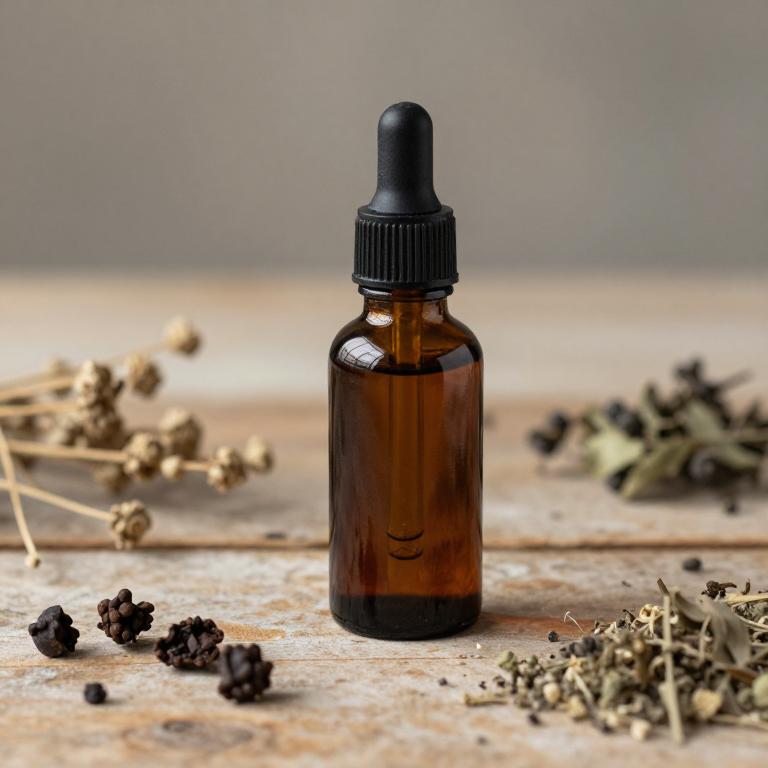
Phyllanthus amarus herbal tinctures are used to support liver health and detoxification due to their rich content of bioactive compounds such as flavonoids and saponins.
These tinctures are often incorporated into traditional medicine practices for their potential to promote the body's natural detoxification processes. They are also valued for their anti-inflammatory and antioxidant properties, which may help in managing conditions like hepatitis and liver disorders. Additionally, phyllanthus amarus tinctures are believed to enhance overall vitality and may assist in reducing oxidative stress within the body.
Their historical use in herbal medicine underscores their significance in both preventive and therapeutic health applications.
90. Rhubarb (Rheum palmatum)
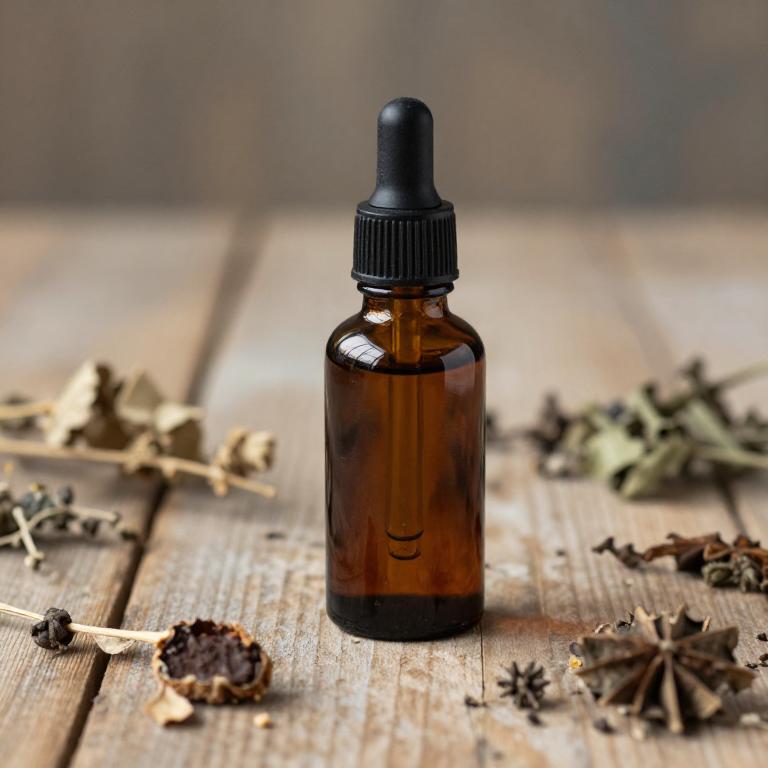
Rheum palmatum herbal tinctures are used to support digestive health by stimulating the production of digestive enzymes and promoting regular bowel movements.
They are often employed in traditional medicine to address constipation and improve overall gastrointestinal function. The active compounds in these tinctures, such as anthraquinones, have mild laxative properties that help relieve mild digestive discomfort. Additionally, they are believed to have anti-inflammatory effects that may benefit individuals with inflammatory bowel conditions.
Due to their natural composition and historical use, rheum palmatum tinctures are considered a gentle and effective alternative for maintaining digestive wellness.
91. Kudzu (Pueraria lobata)
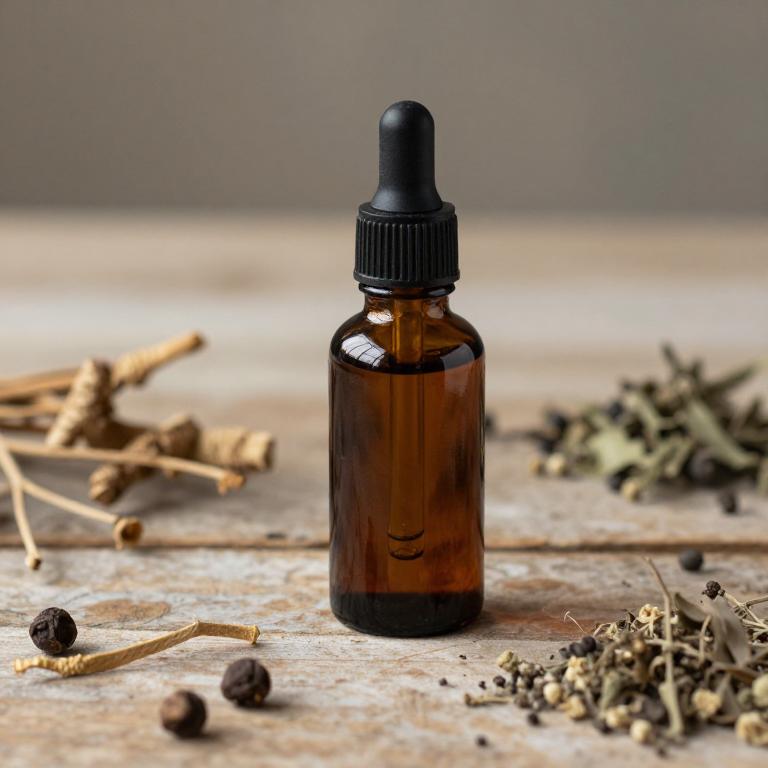
Pueraria lobata herbal tinctures are used to support hormonal balance and alleviate symptoms associated with menopause, such as hot flashes and mood swings.
These tinctures contain isoflavones, which are phytoestrogens that mimic the effects of estrogen in the body, helping to regulate hormonal fluctuations. They are also valued for their potential to reduce inflammation and improve cognitive function, making them beneficial for overall wellness. Due to their adaptogenic properties, pueraria lobata tinctures can enhance stress resilience and promote a sense of calm.
As a result, they are increasingly popular in natural medicine for their holistic health benefits.
92. Indian frankincense (Boswellia serrata)
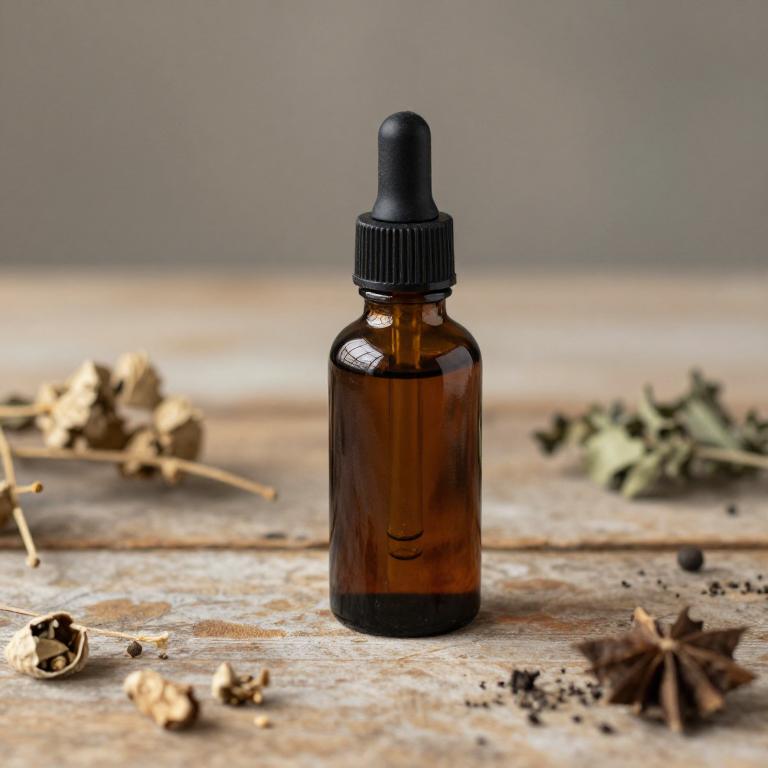
Boswellia serrata herbal tinctures are used to support joint health and reduce inflammation due to their potent anti-inflammatory properties.
These tinctures contain active compounds such as boswellic acids, which inhibit enzymes that contribute to inflammatory responses in the body. They are commonly used to alleviate symptoms of osteoarthritis and rheumatoid arthritis by decreasing pain and improving mobility. The natural origin of boswellia serrata makes it an appealing alternative for individuals seeking non-pharmacological treatments.
Additionally, its ability to enhance tissue repair and reduce swelling makes it beneficial for a variety of inflammatory conditions.
93. Horse radish (Cnidium monnieri)
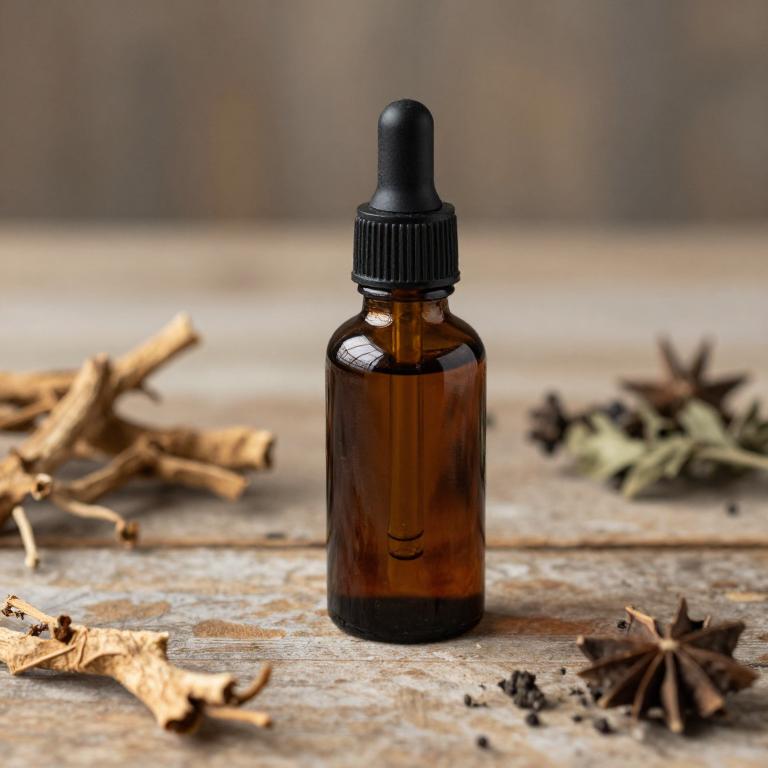
Cnidium monnieri herbal tinctures are used to support hormonal balance and improve sexual health due to their rich content of active compounds like alkaloids and flavonoids.
These tinctures are often utilized in traditional medicine to enhance vitality and energy levels, making them popular among individuals seeking natural ways to boost their overall wellness. The herb's ability to stimulate blood circulation and reduce oxidative stress contributes to its effectiveness in treating conditions related to the reproductive system. Additionally, cnidium monnieri tinctures may aid in managing symptoms of menopause and improving libido in both men and women.
Their versatility and long-standing use in herbal practices make them a valuable component in holistic health approaches.
94. Tamarind (Tamarindus indica)
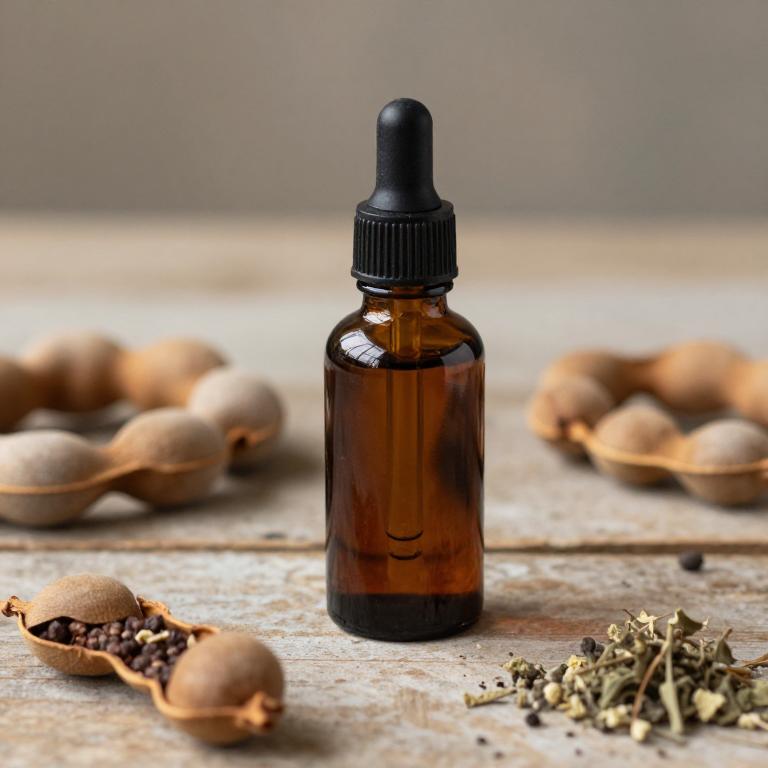
Tamarindus indica herbal tinctures are used to support digestive health by stimulating the secretion of digestive enzymes and aiding in the breakdown of food.
They are also valued for their potential anti-inflammatory properties, which may help alleviate symptoms of conditions like arthritis and gastrointestinal disorders. These tinctures are often incorporated into traditional medicine practices for their ability to detoxify the body and promote liver function. Additionally, they are used to manage symptoms of diabetes due to their capacity to regulate blood sugar levels.
The versatility of tamarindus indica tinctures makes them a valuable natural remedy in both modern and traditional healing systems.
95. Blueberry (Vaccinium myrtillus)
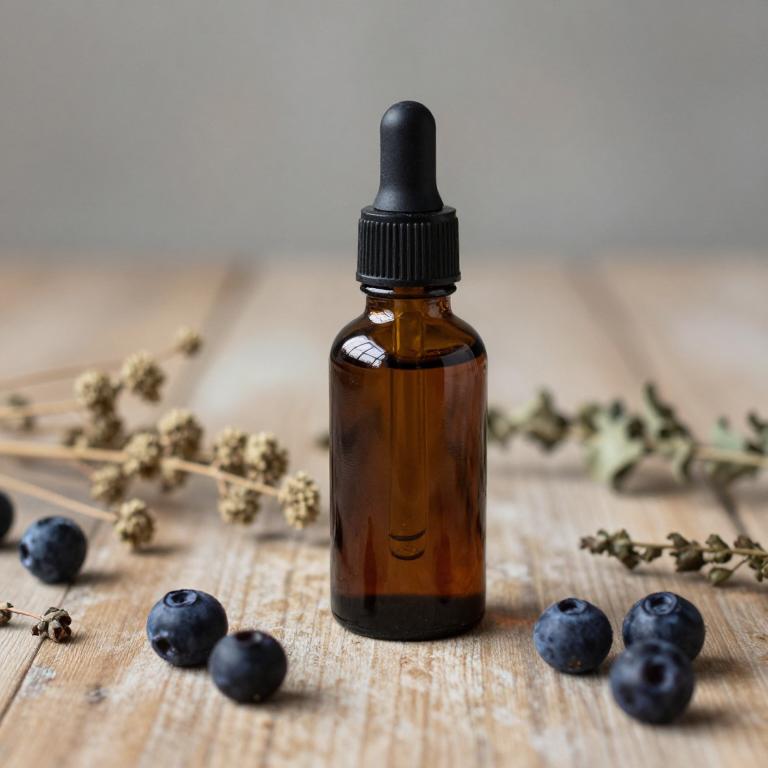
Vaccinium myrtillus herbal tinctures are used to support respiratory health by reducing inflammation and easing symptoms of coughs and colds.
They are also valued for their antioxidant properties, which help protect cells from oxidative stress and boost the immune system. These tinctures are often utilized in traditional medicine to aid digestion and relieve gastrointestinal discomfort. Their antimicrobial properties make them useful in treating mild infections and promoting overall wellness.
Because of their natural composition and broad range of benefits, vaccinium myrtillus tinctures are a popular choice for those seeking holistic health support.
96. Hops (Humulus lupulus)
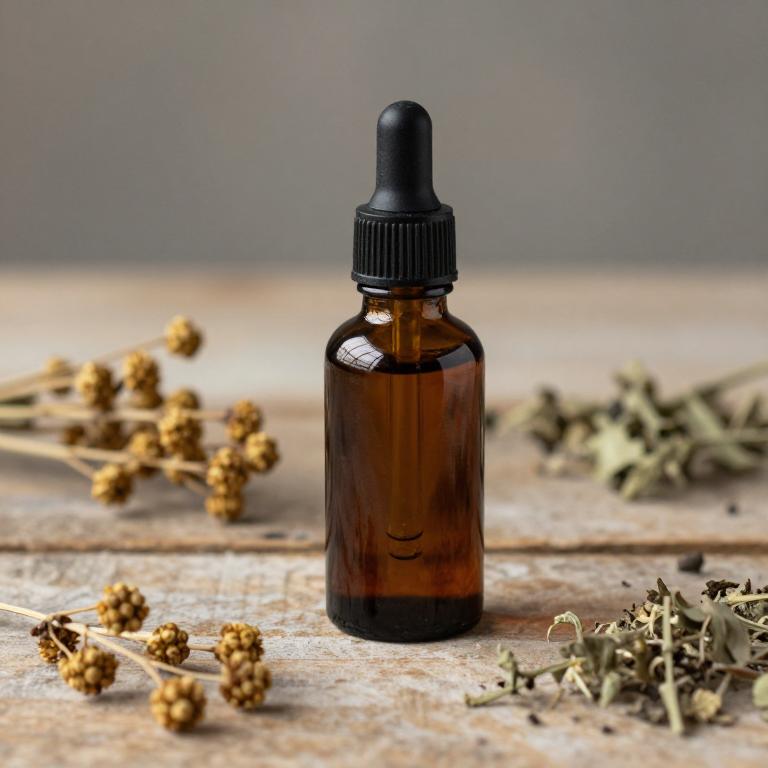
Humulus lupulus herbal tinctures are used to support digestive health by soothing gastrointestinal discomfort and reducing inflammation in the digestive tract.
They are also valued for their calming effects, helping to alleviate symptoms of anxiety and promote relaxation due to the presence of compounds like humulene and lupulone. These tinctures may aid in reducing stress-related symptoms and improving overall mood balance. Additionally, they are sometimes used topically to relieve muscle pain and inflammation due to their anti-inflammatory properties.
The versatility of humulus lupulus tinctures makes them a popular choice in both traditional and modern herbal medicine for their wide range of potential benefits.
97. Chinese date (Ziziphus jujuba)
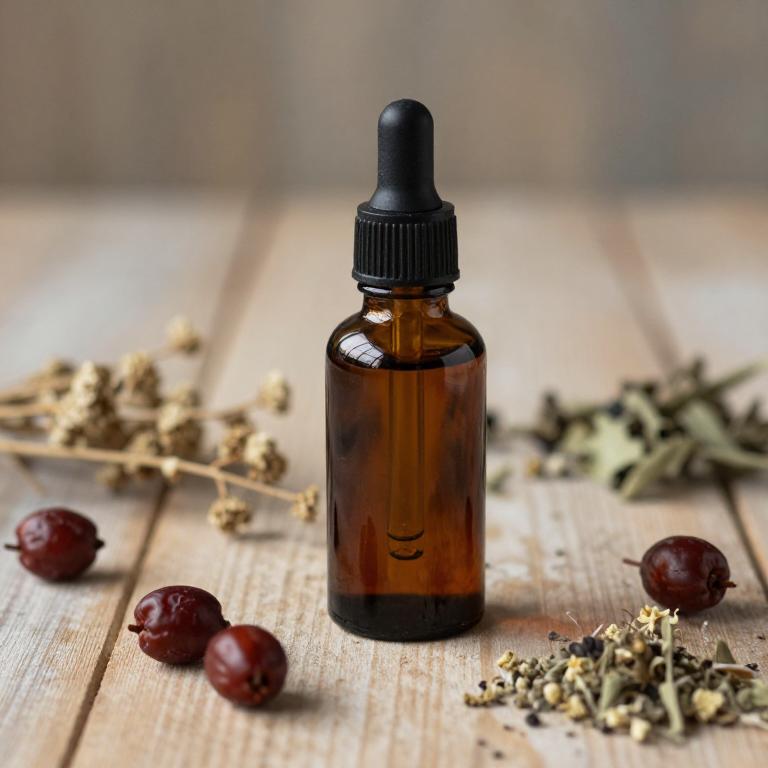
Ziziphus jujuba herbal tinctures are used to support mental health and promote relaxation by calming the nervous system.
They are particularly beneficial for individuals experiencing anxiety, insomnia, or stress-related disorders due to their sedative and calming properties. The active compounds in the tinctures, such as saponins and flavonoids, help reduce neuronal excitability and enhance sleep quality. Additionally, these tinctures are valued in traditional medicine for their ability to improve mood and reduce irritability.
Their natural composition makes them a safe and effective alternative for those seeking holistic approaches to emotional and psychological well-being.
98. Oat (Avena sativa)
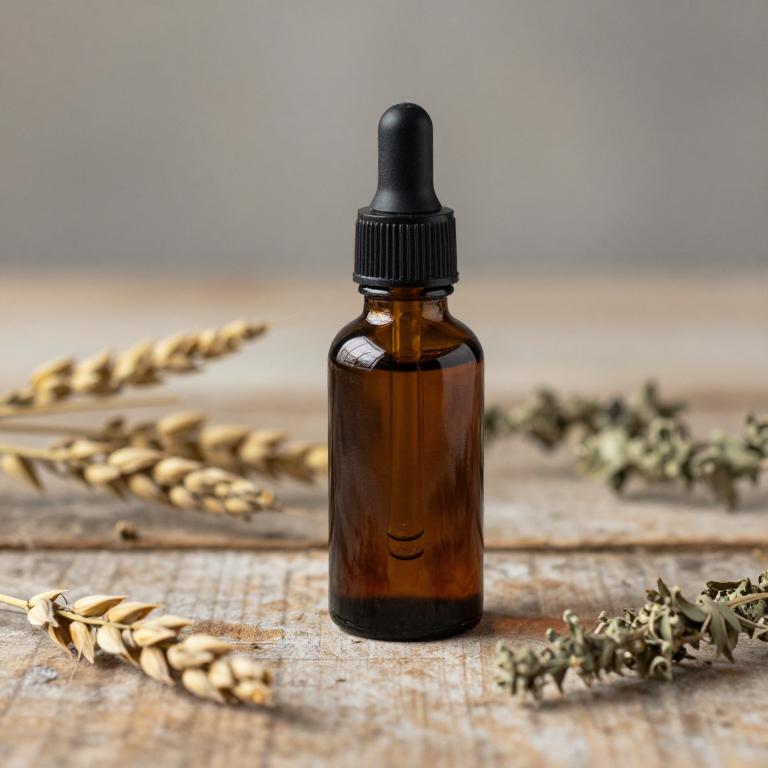
Avena sativa herbal tinctures are used to support overall wellness and promote relaxation by calming the nervous system.
They are often utilized to alleviate symptoms of anxiety and stress due to their mild sedative properties. These tinctures can also aid in improving sleep quality by helping to regulate sleep patterns and reduce restlessness. Additionally, avena sativa is valued for its potential to support digestive health and reduce inflammation in the body.
Because of their natural composition and broad range of benefits, avena sativa tinctures are a popular choice for those seeking holistic and alternative health solutions.
99. Barrenwort (Epimedium grandiflorum)
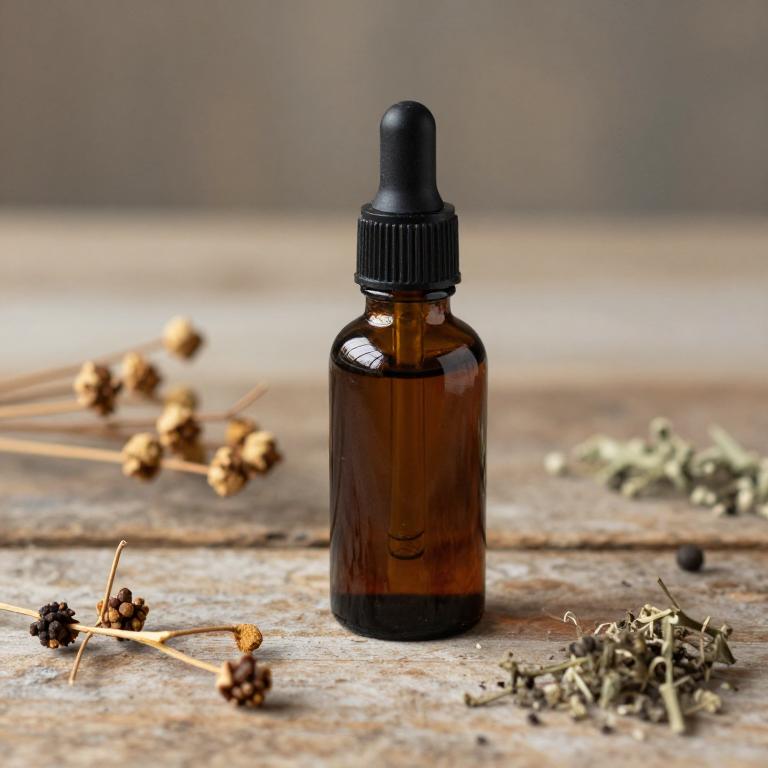
Epimedium grandiflorum herbal tinctures are used to enhance sexual health and vitality, particularly in addressing issues related to erectile dysfunction and low libido.
These tinctures are valued for their ability to support nerve function and improve blood flow, which are essential for sexual performance. The herb contains compounds like icariin, which have been studied for their potential to increase nitric oxide levels, thereby promoting better circulation. Additionally, epimedium grandiflorum is often used in traditional medicine to boost energy levels and reduce fatigue, making it a popular choice for overall wellness.
Its long history of use in herbal remedies highlights its significance in both traditional and modern approaches to health and vitality.
100. Garlic (Allium sativum)
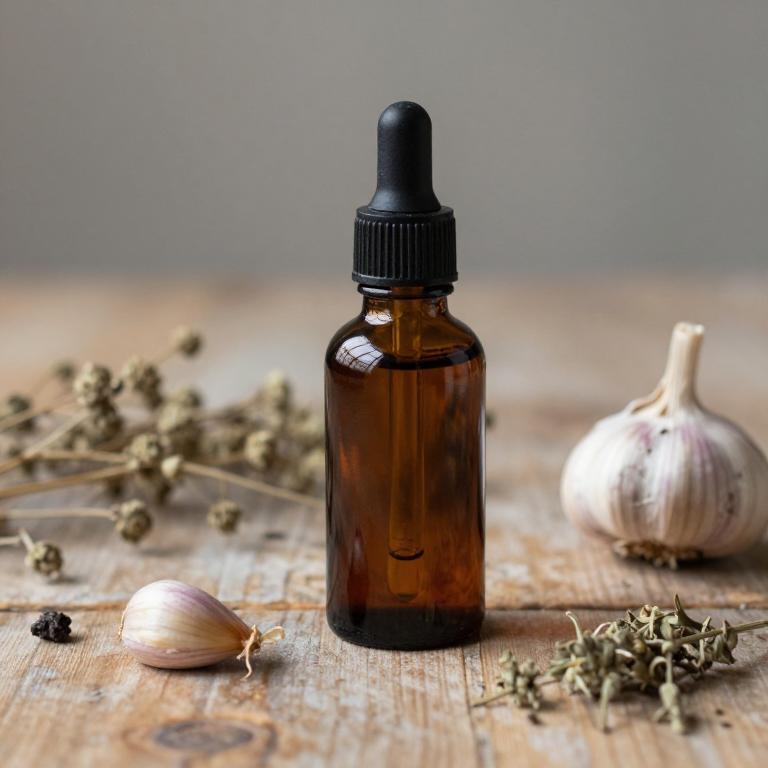
Allium sativum herbal tinctures are used to support cardiovascular health by helping to lower blood pressure and cholesterol levels.
These tinctures are also valued for their antimicrobial properties, which can aid in treating infections and promoting wound healing. Additionally, they are commonly used to enhance immune function and reduce inflammation in the body. The bioactive compounds in garlic tinctures, such as allicin, contribute to these therapeutic effects.
Due to their natural potency and wide range of benefits, allium sativum tinctures are a popular choice in both traditional and modern herbal medicine.